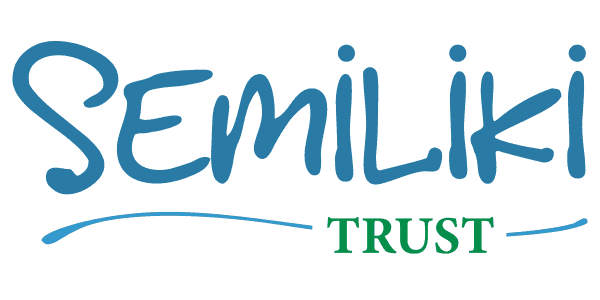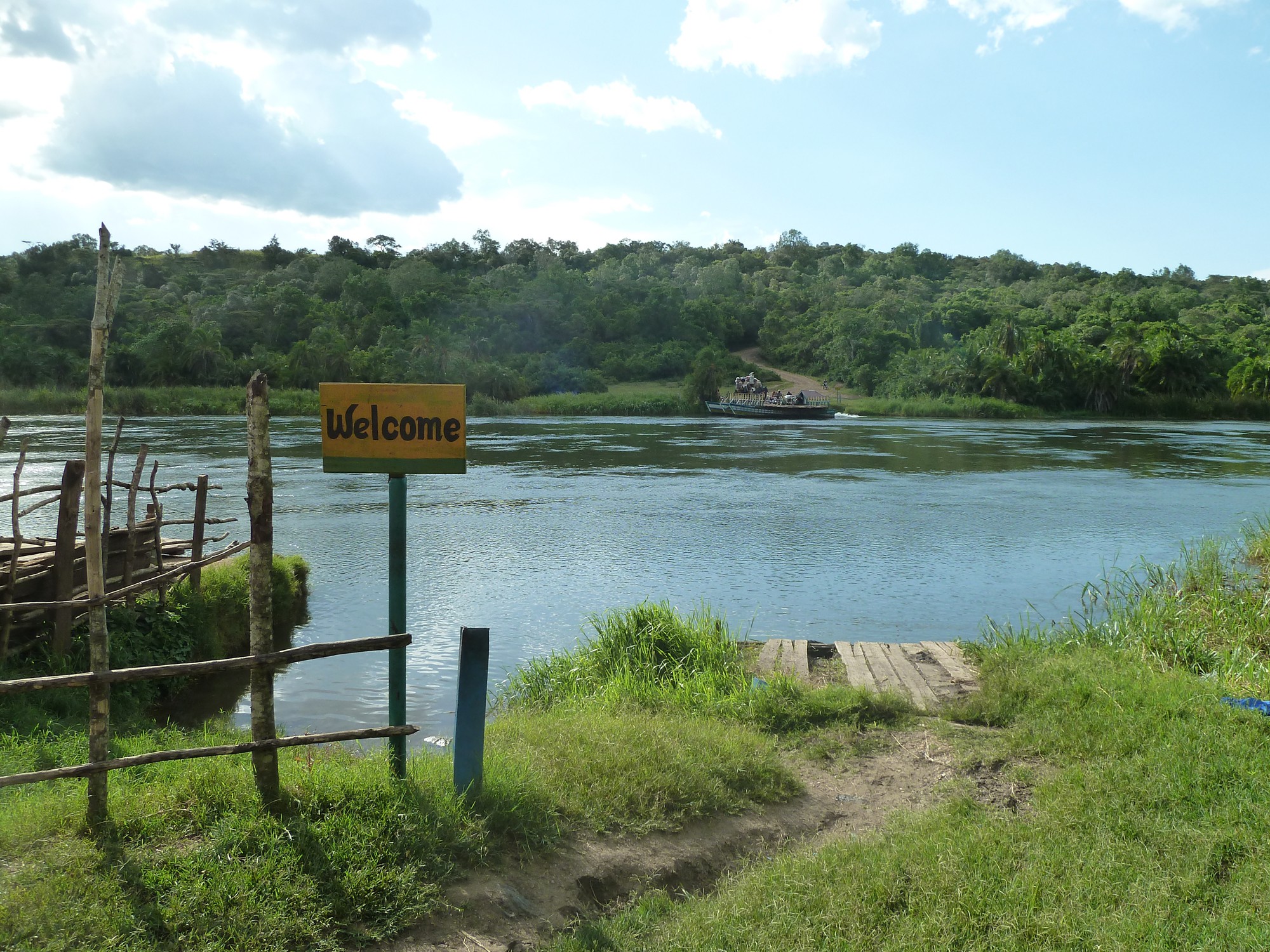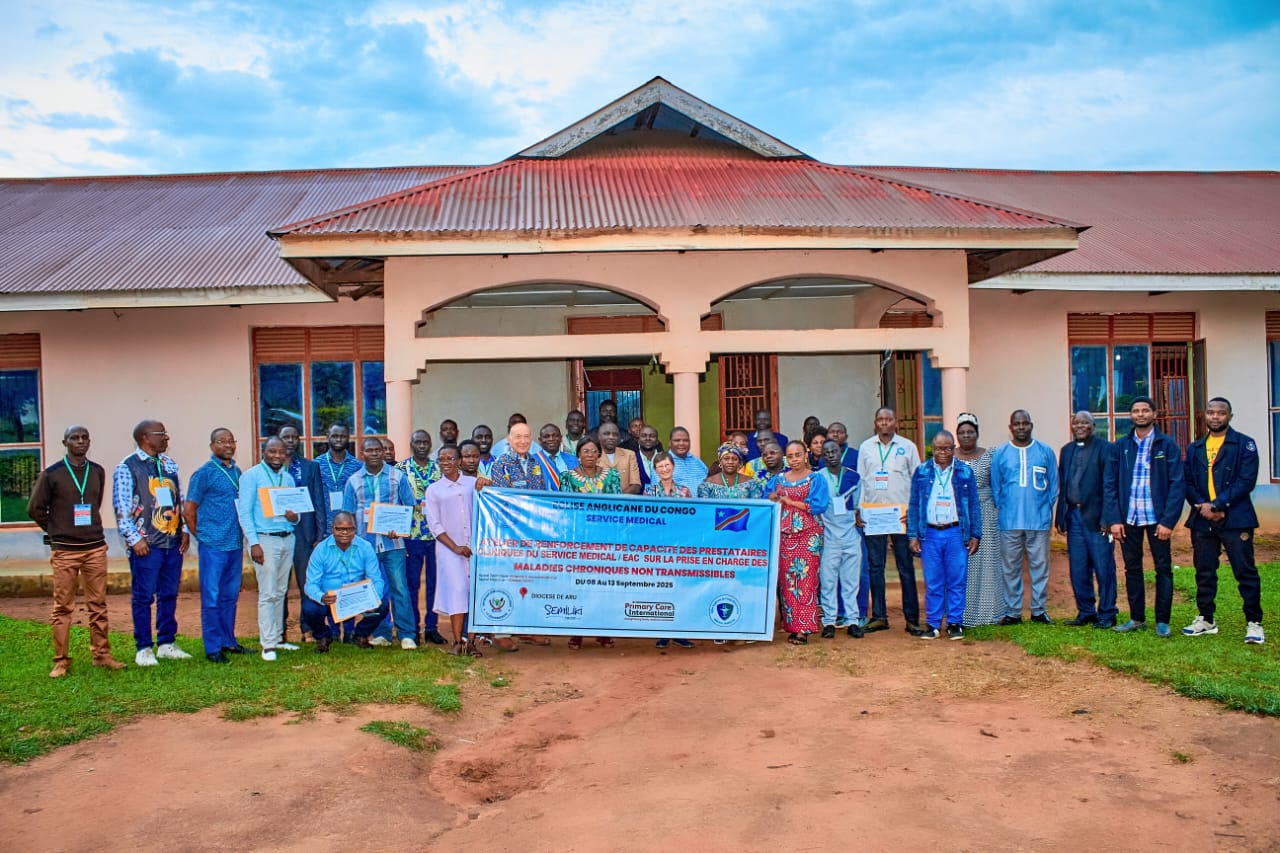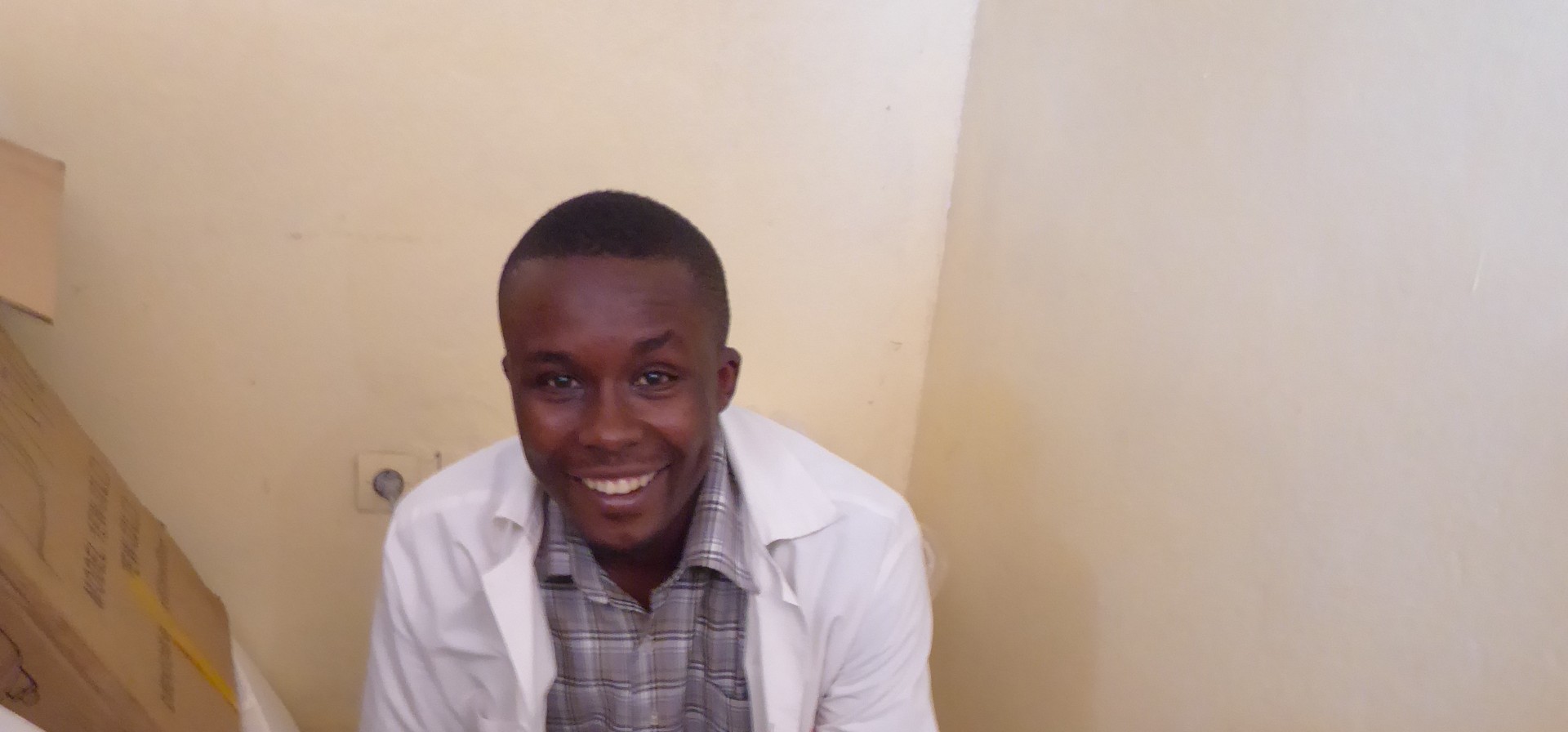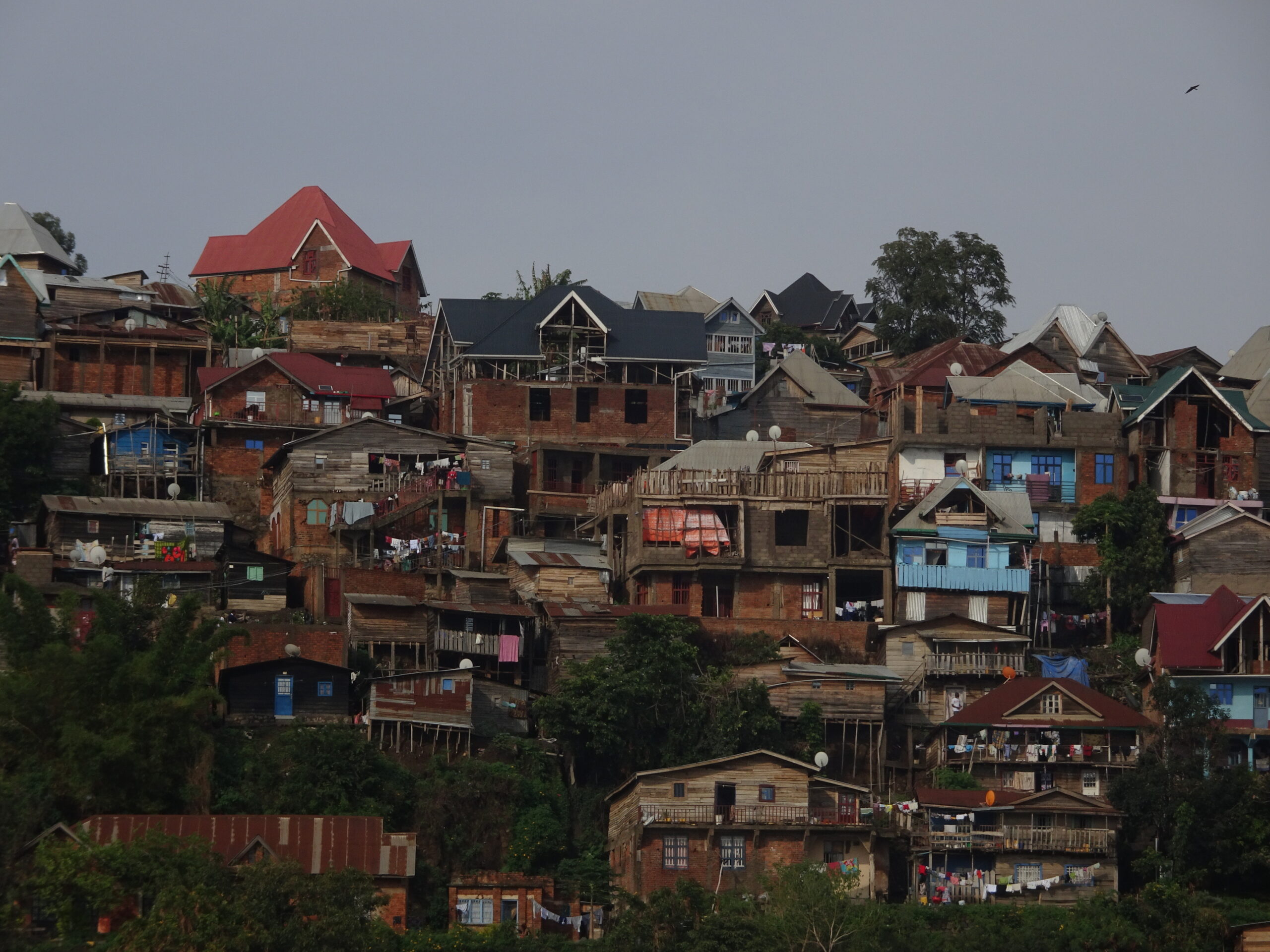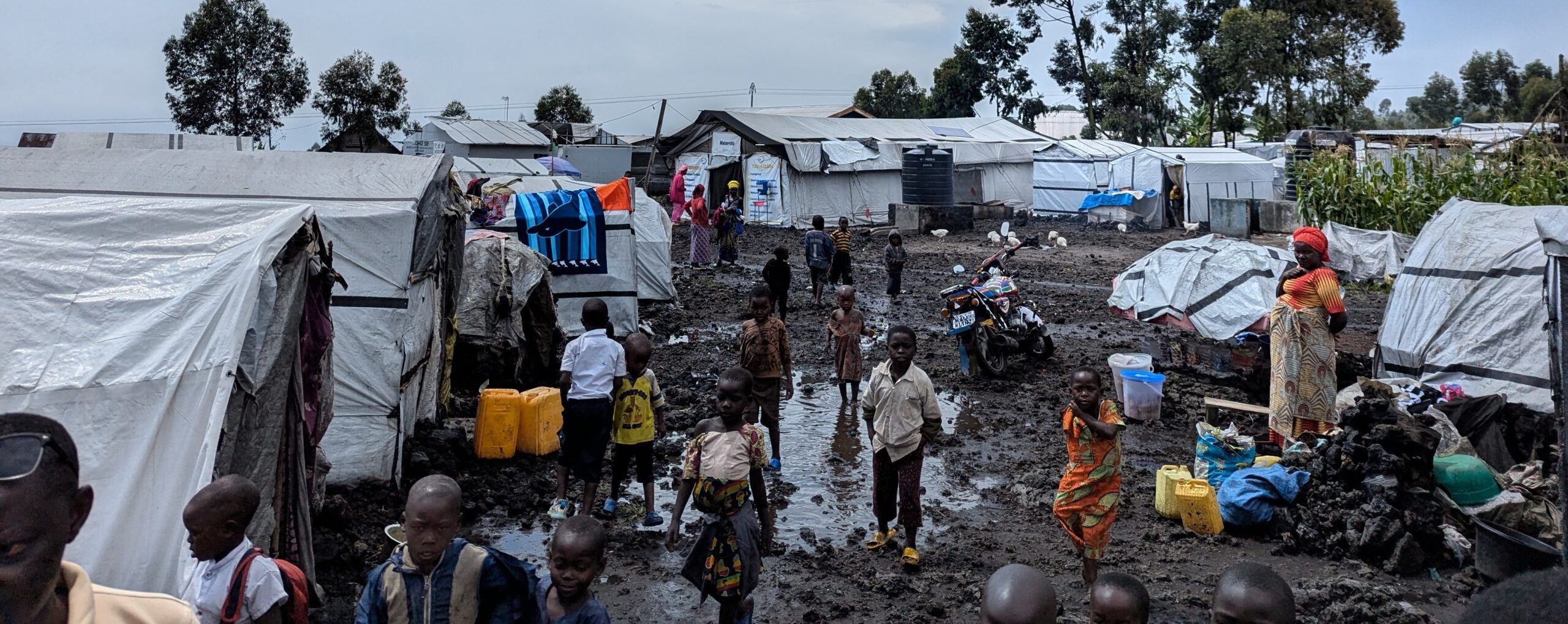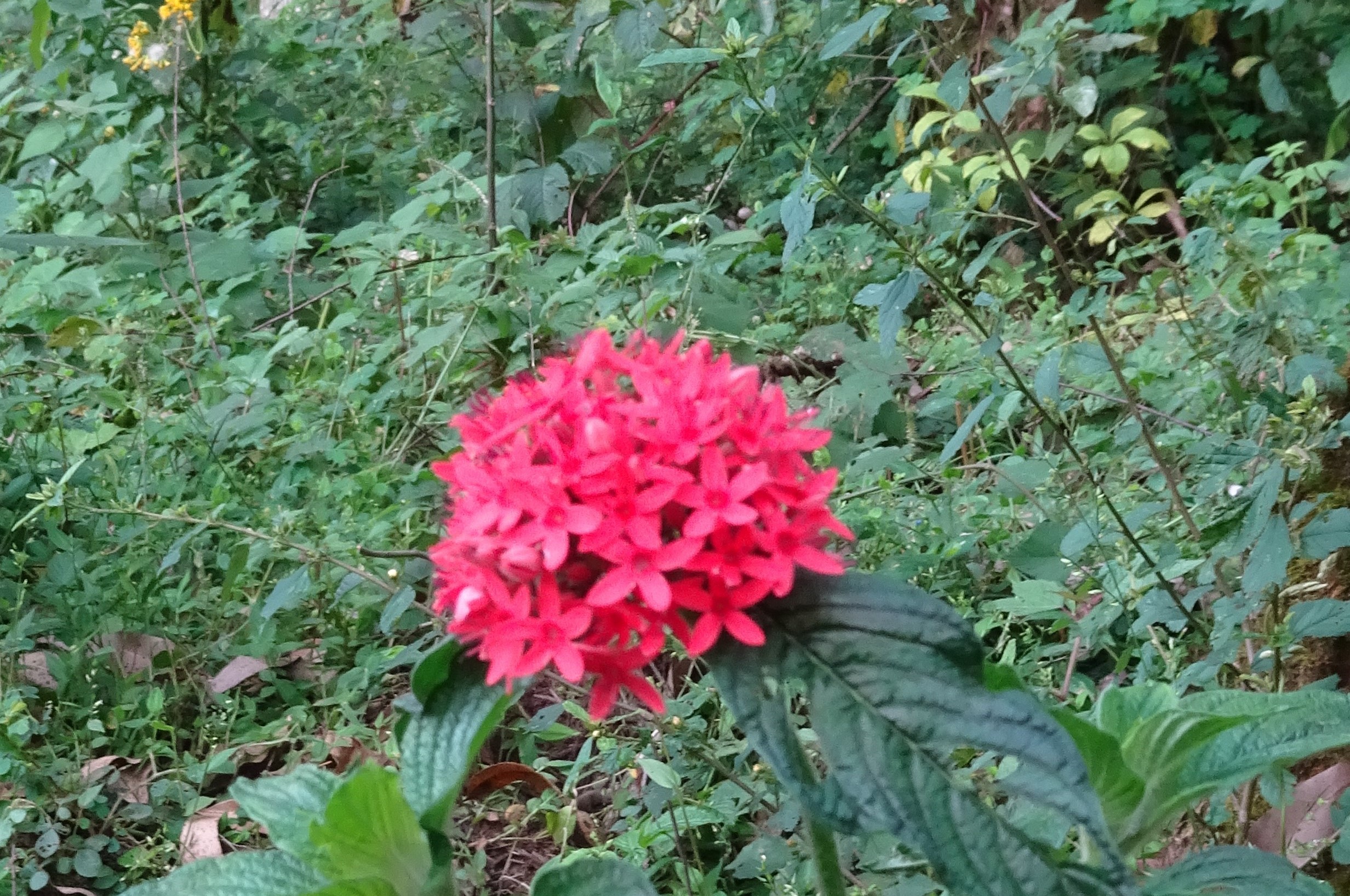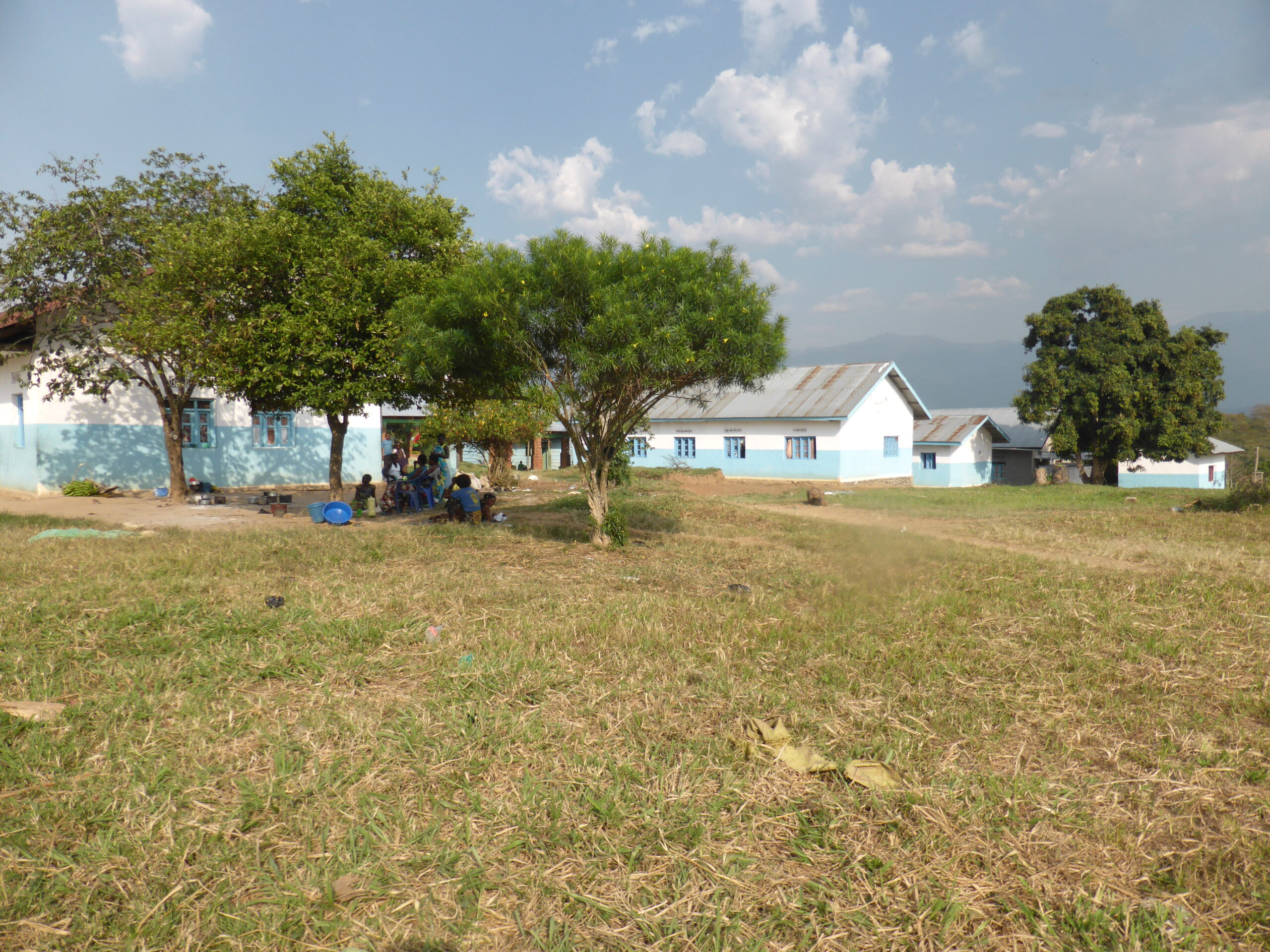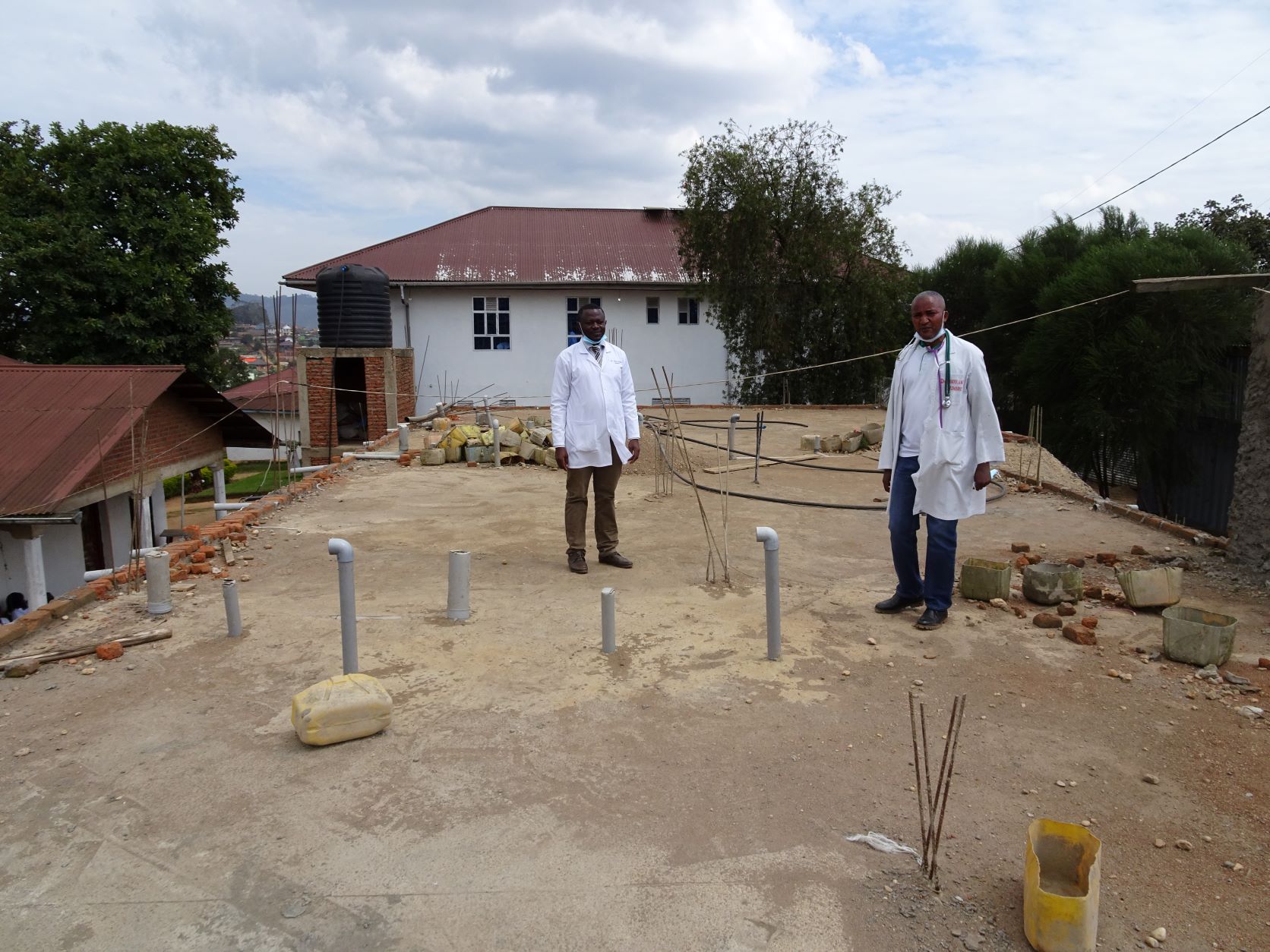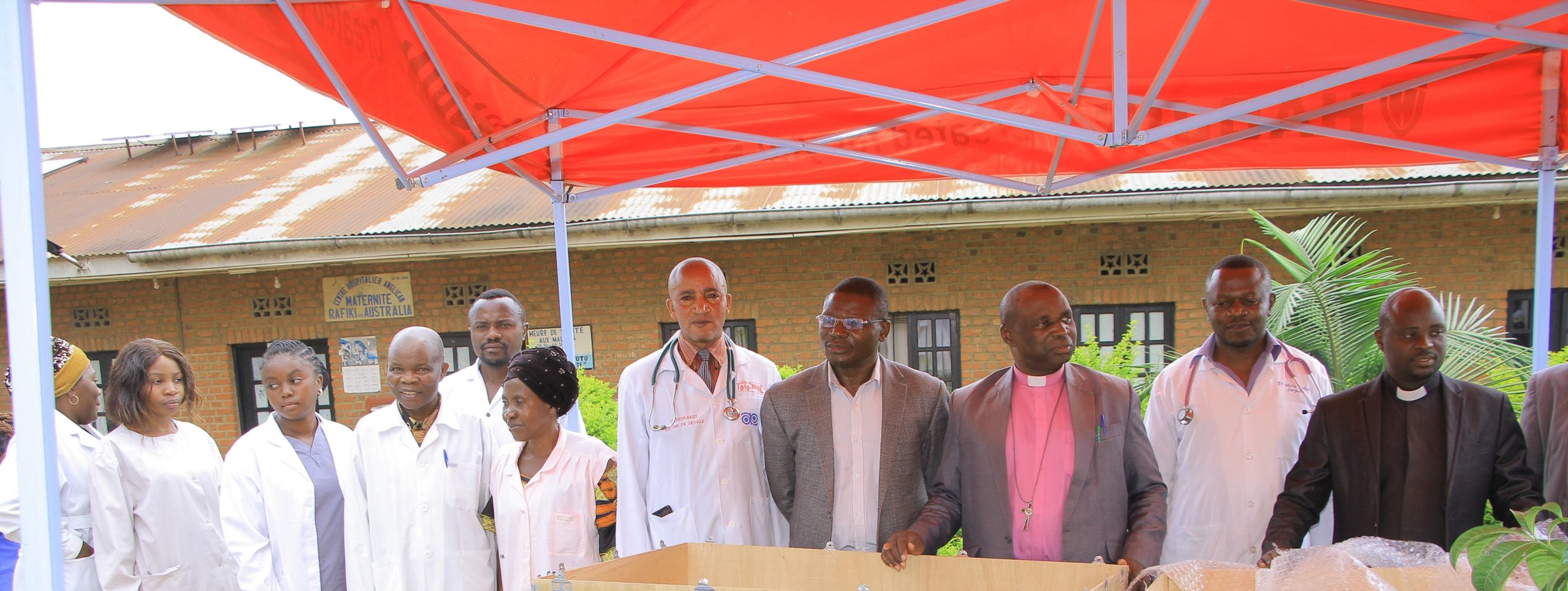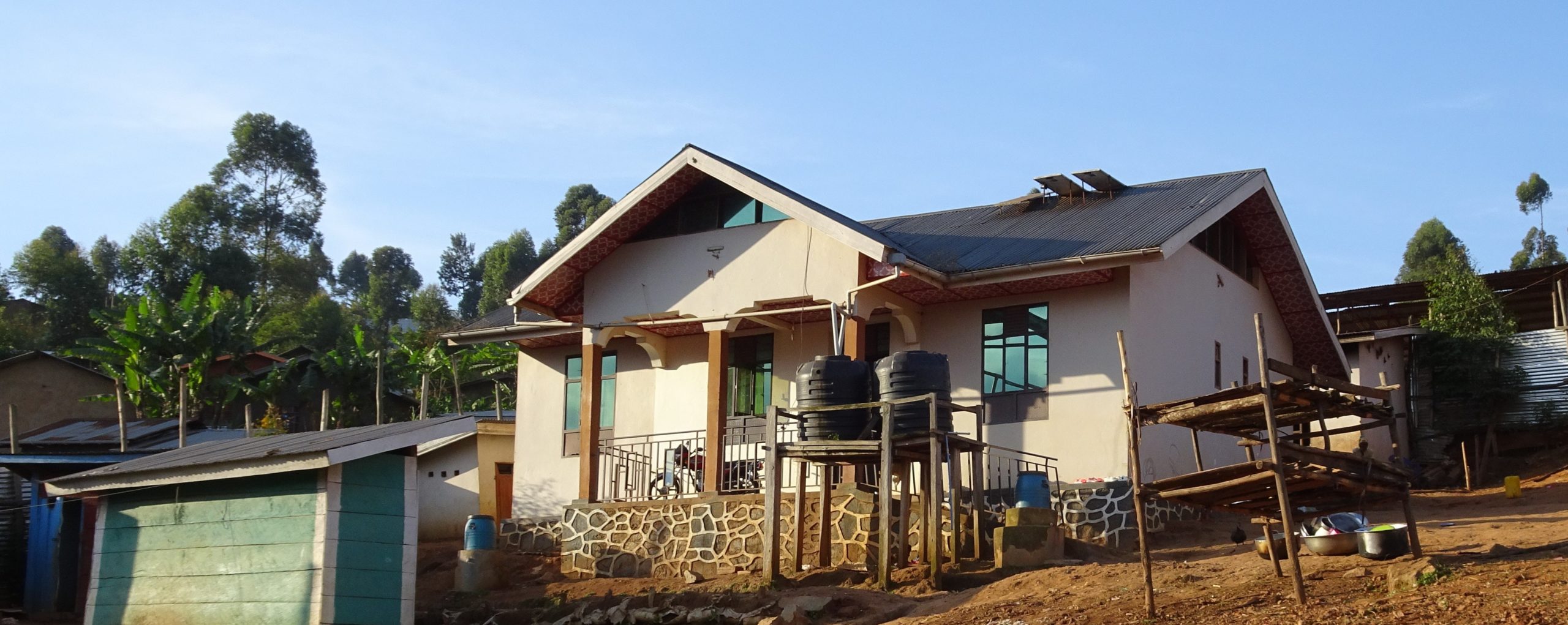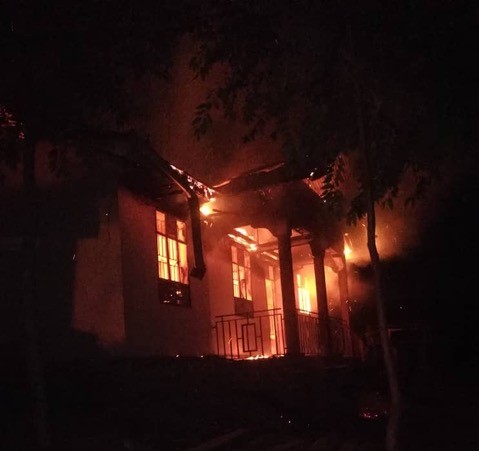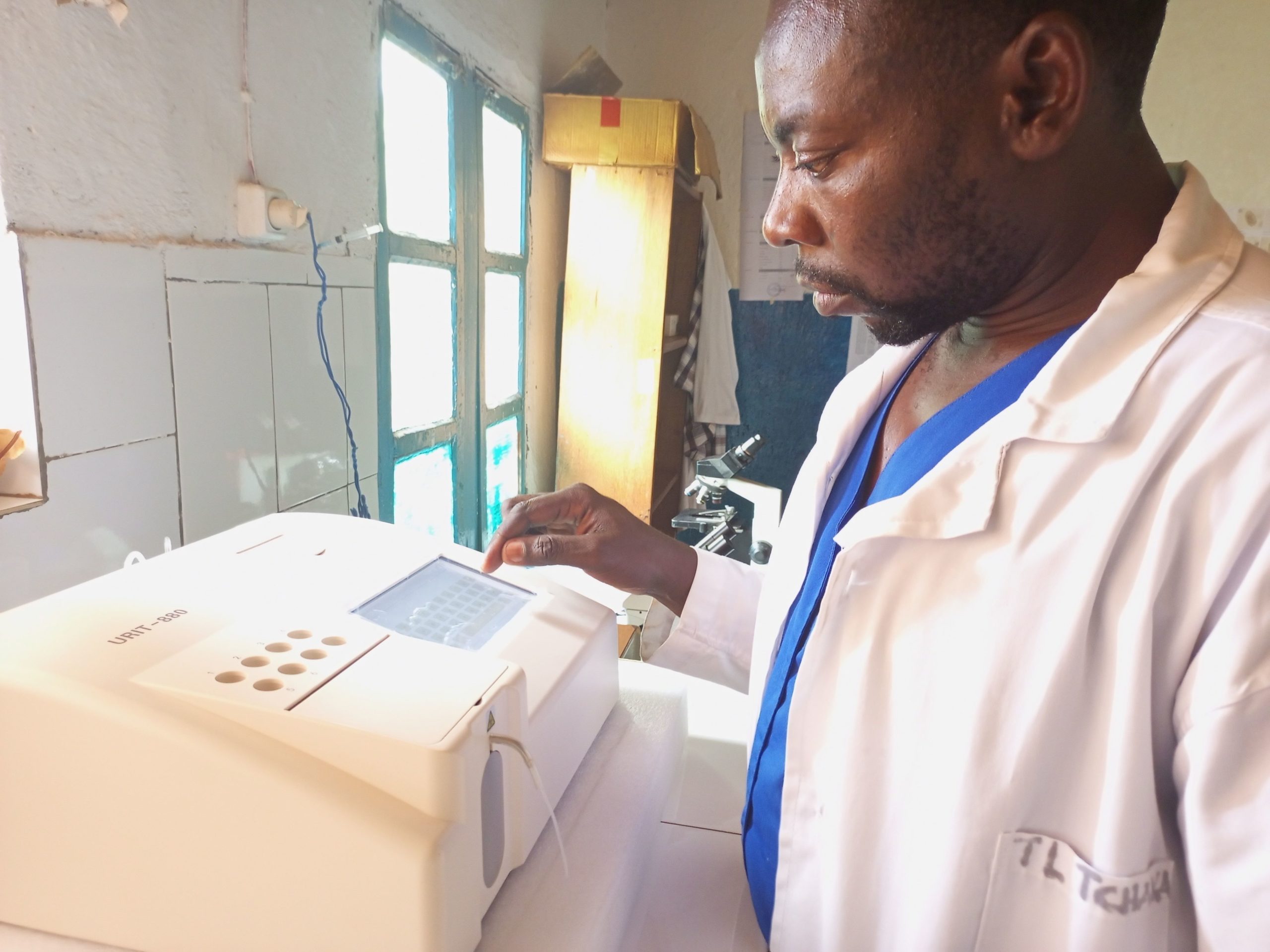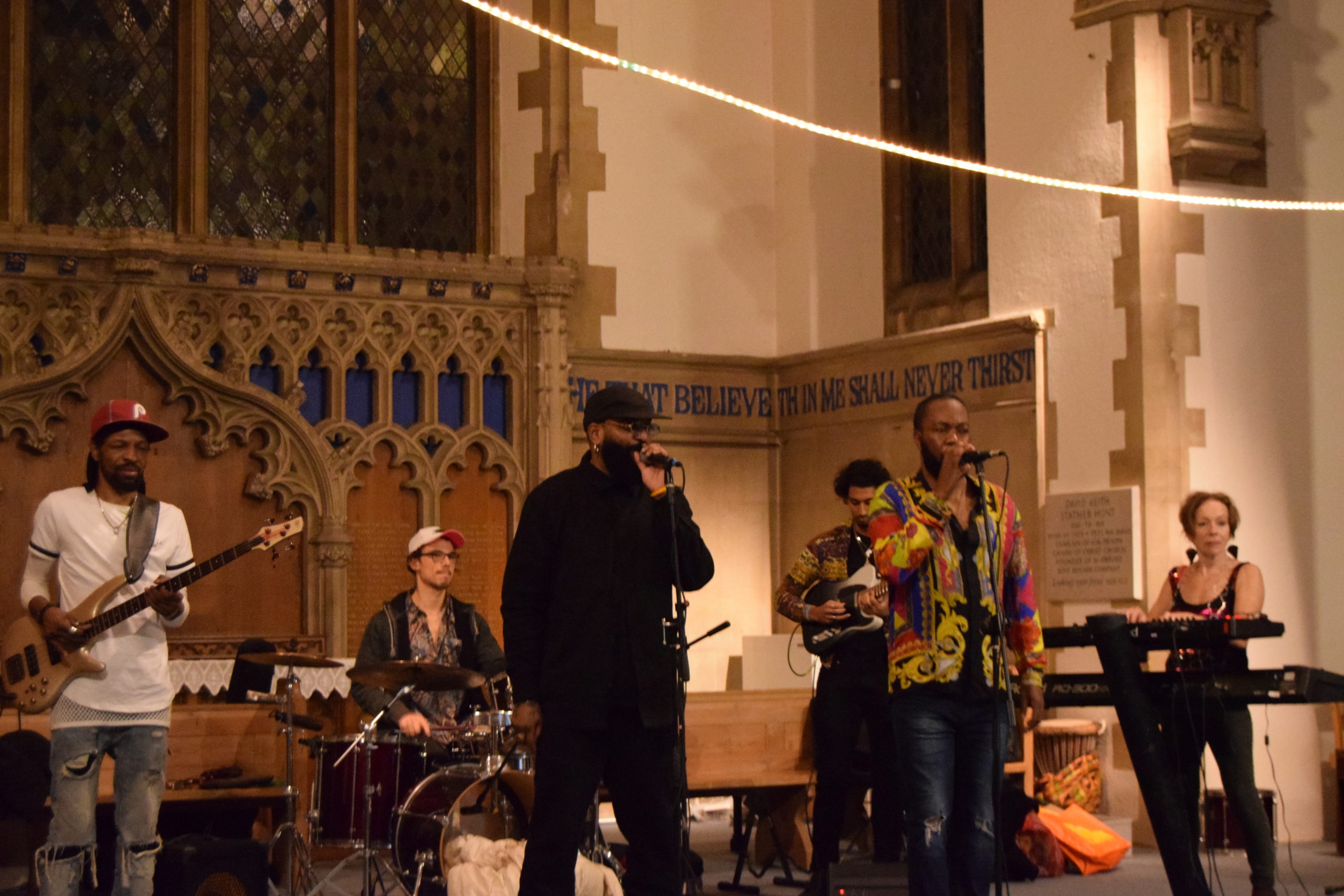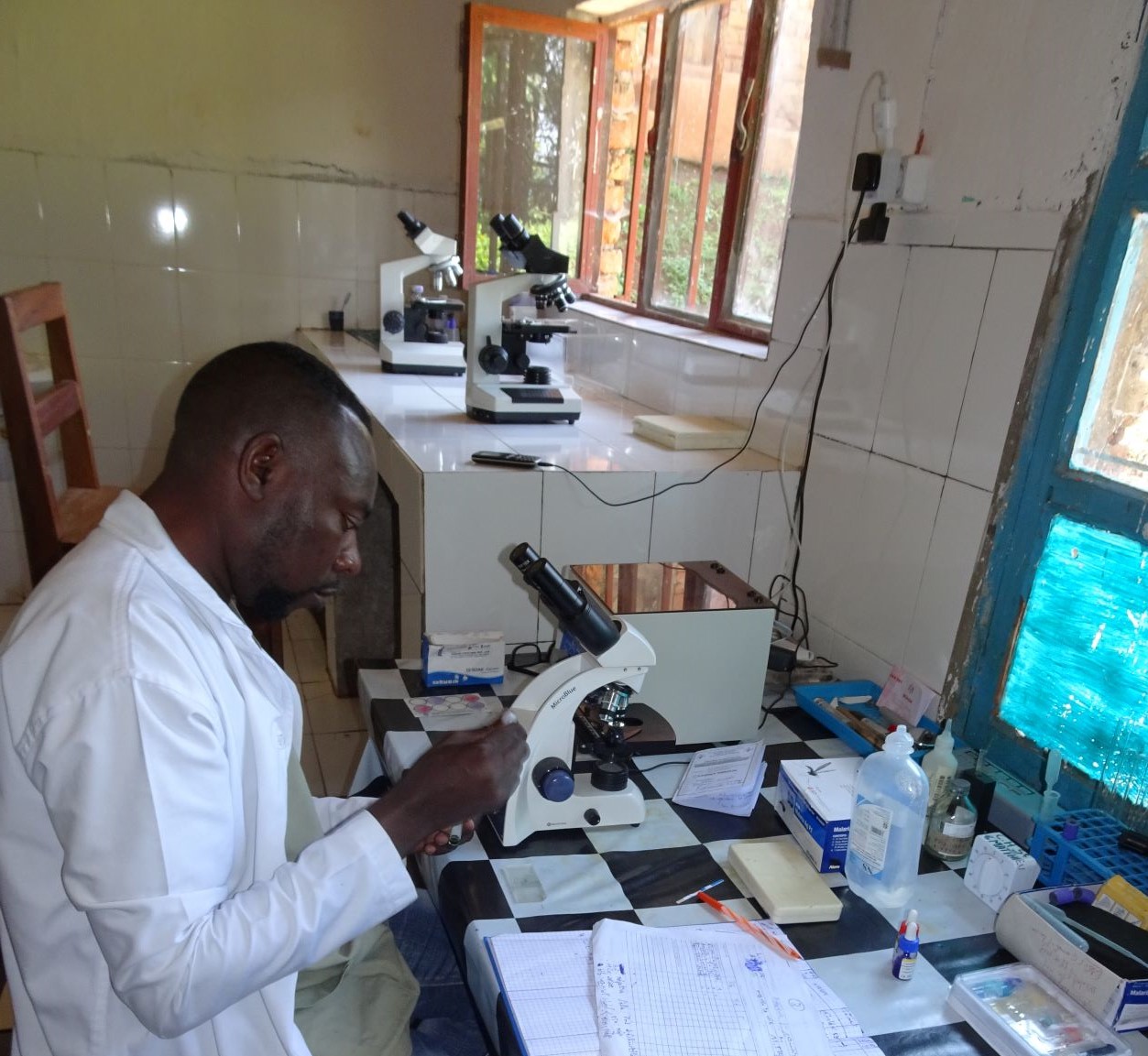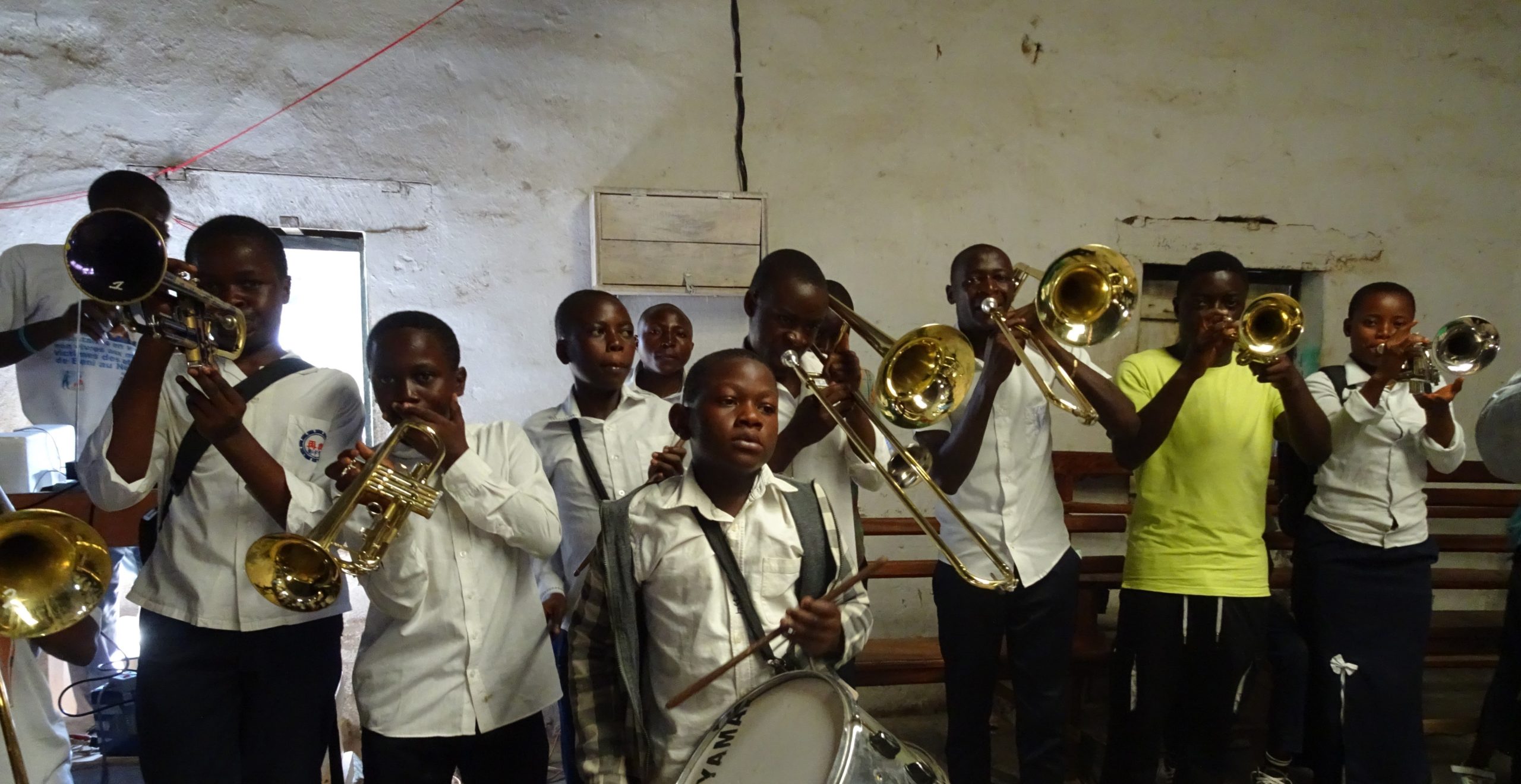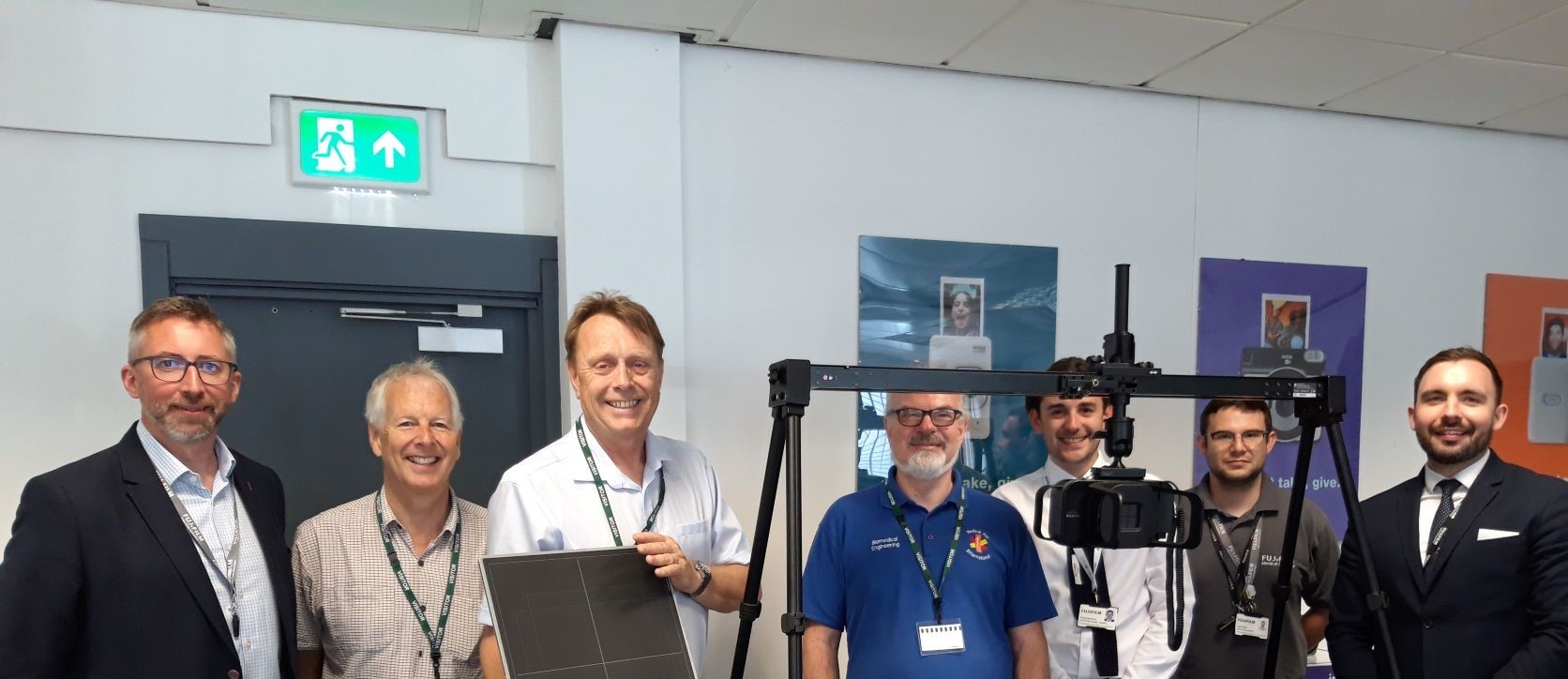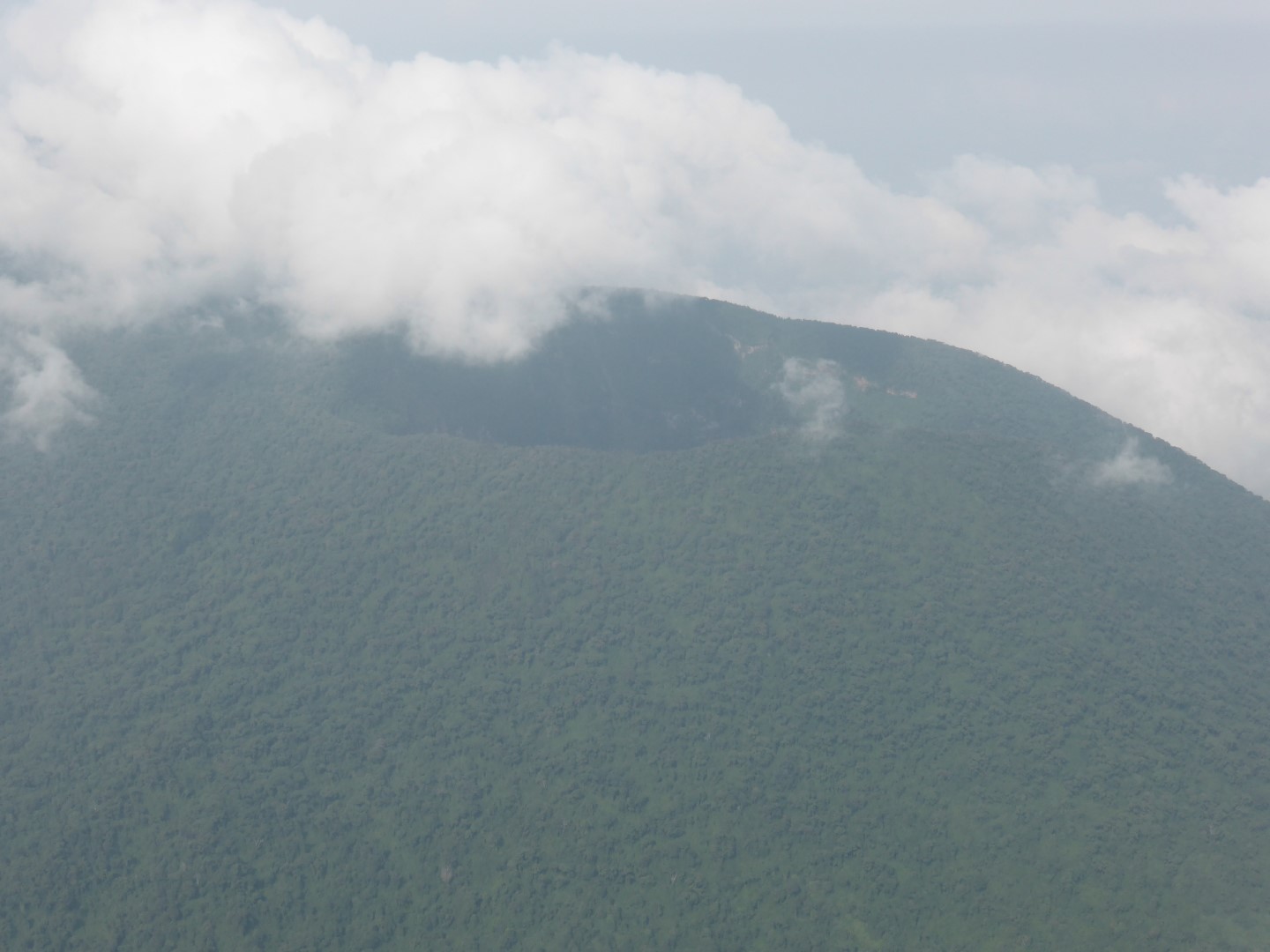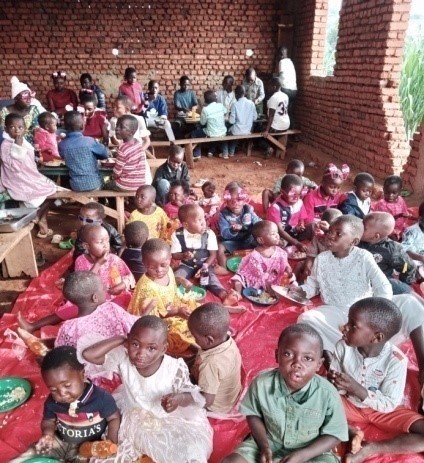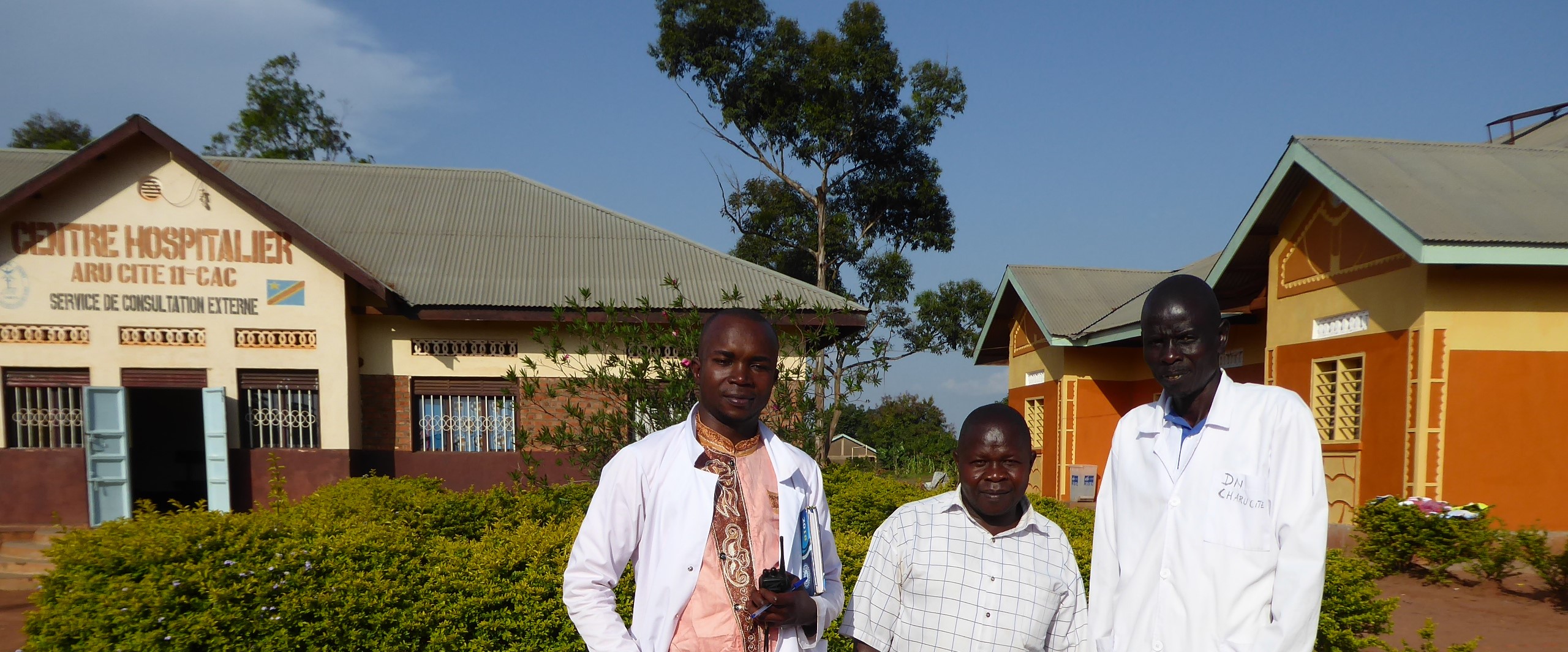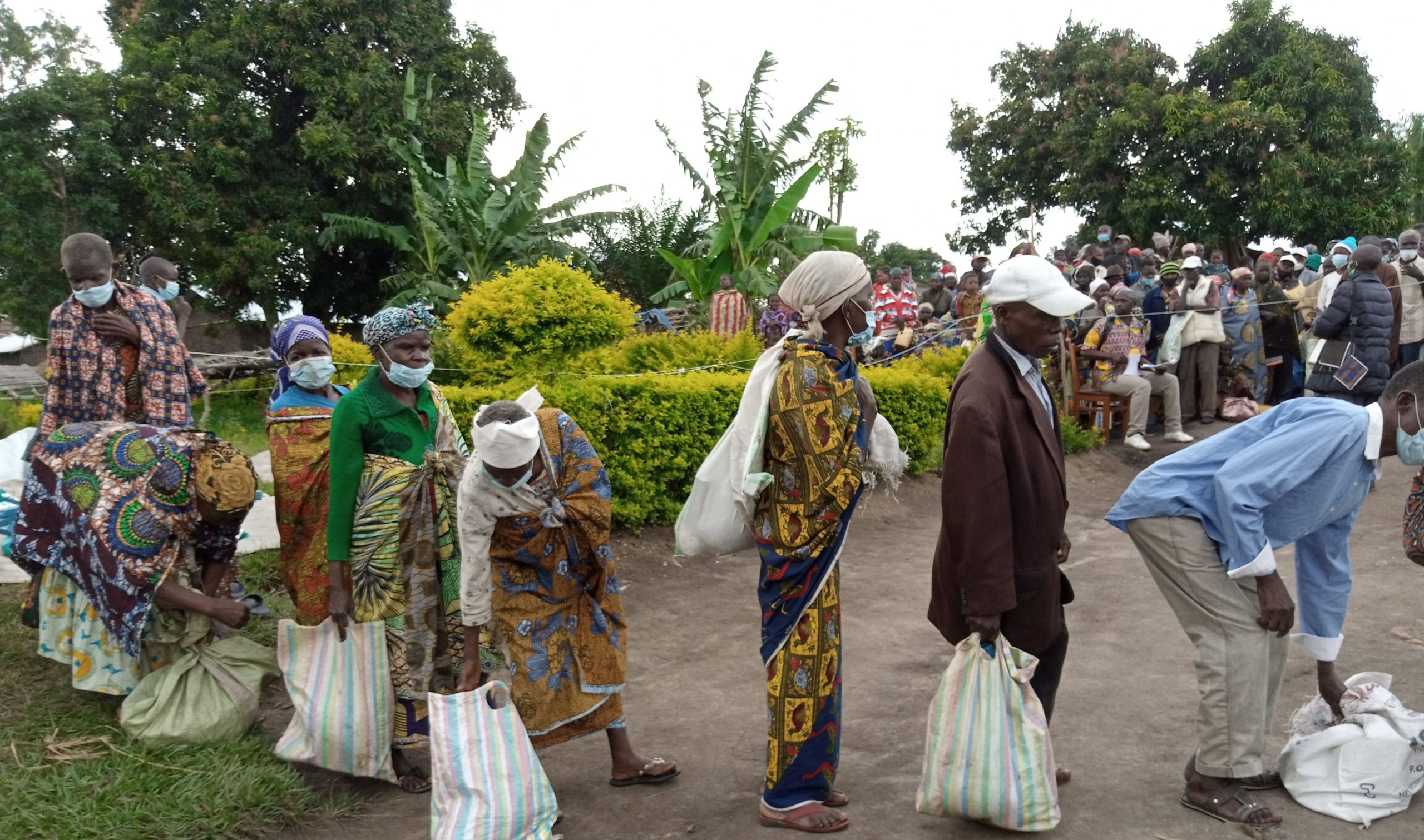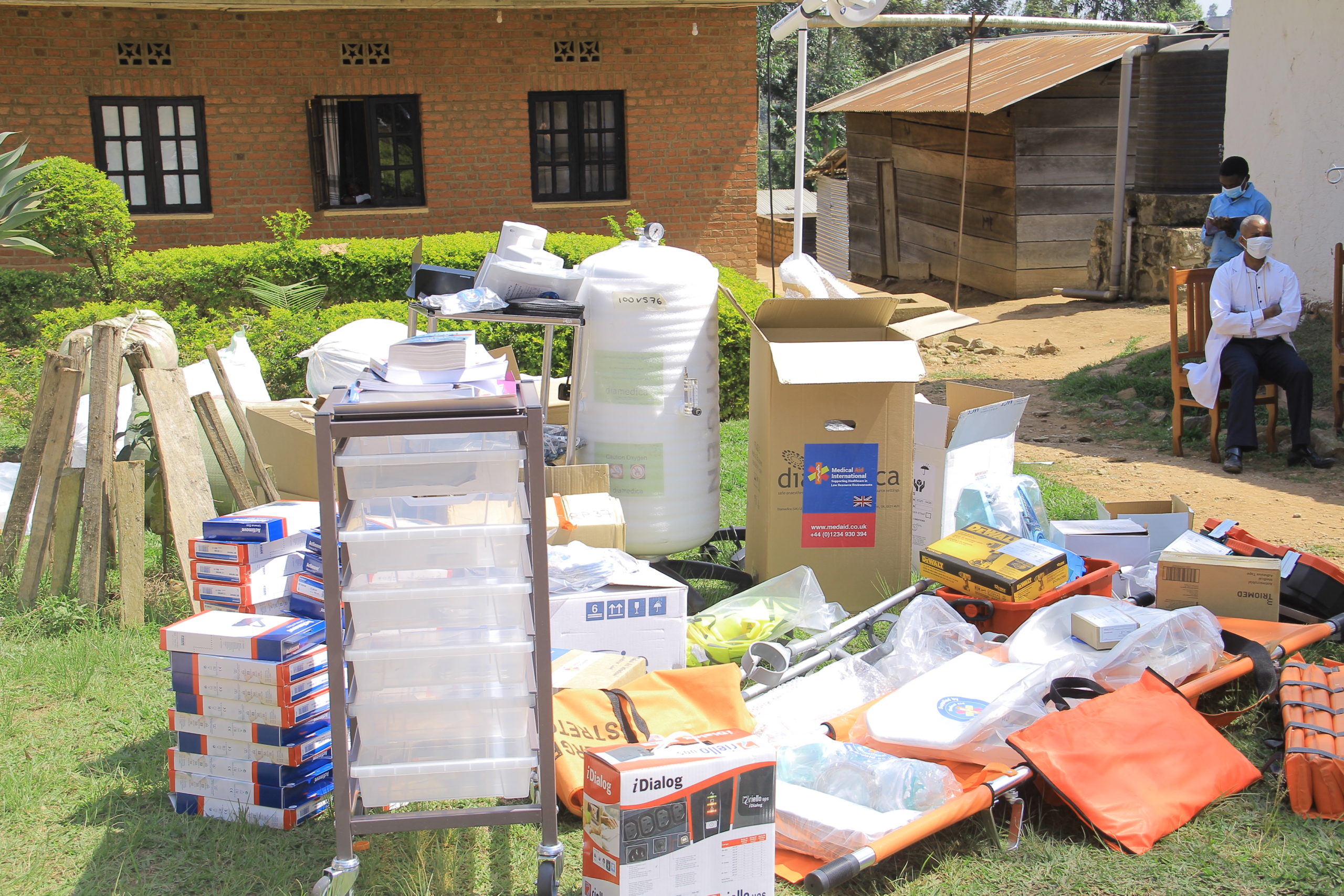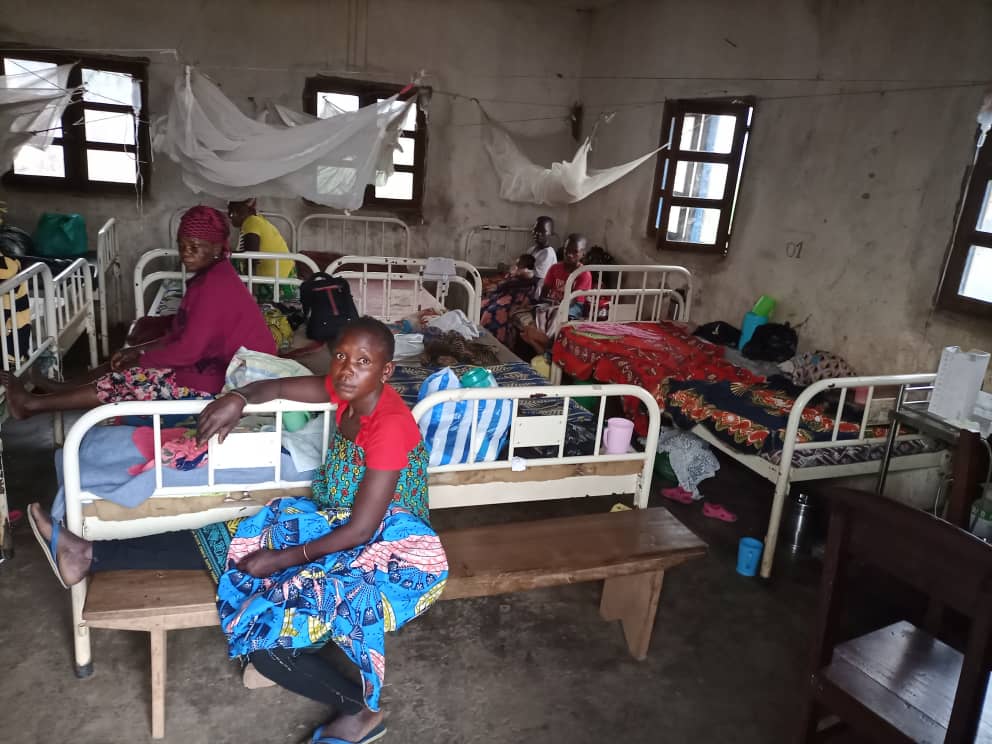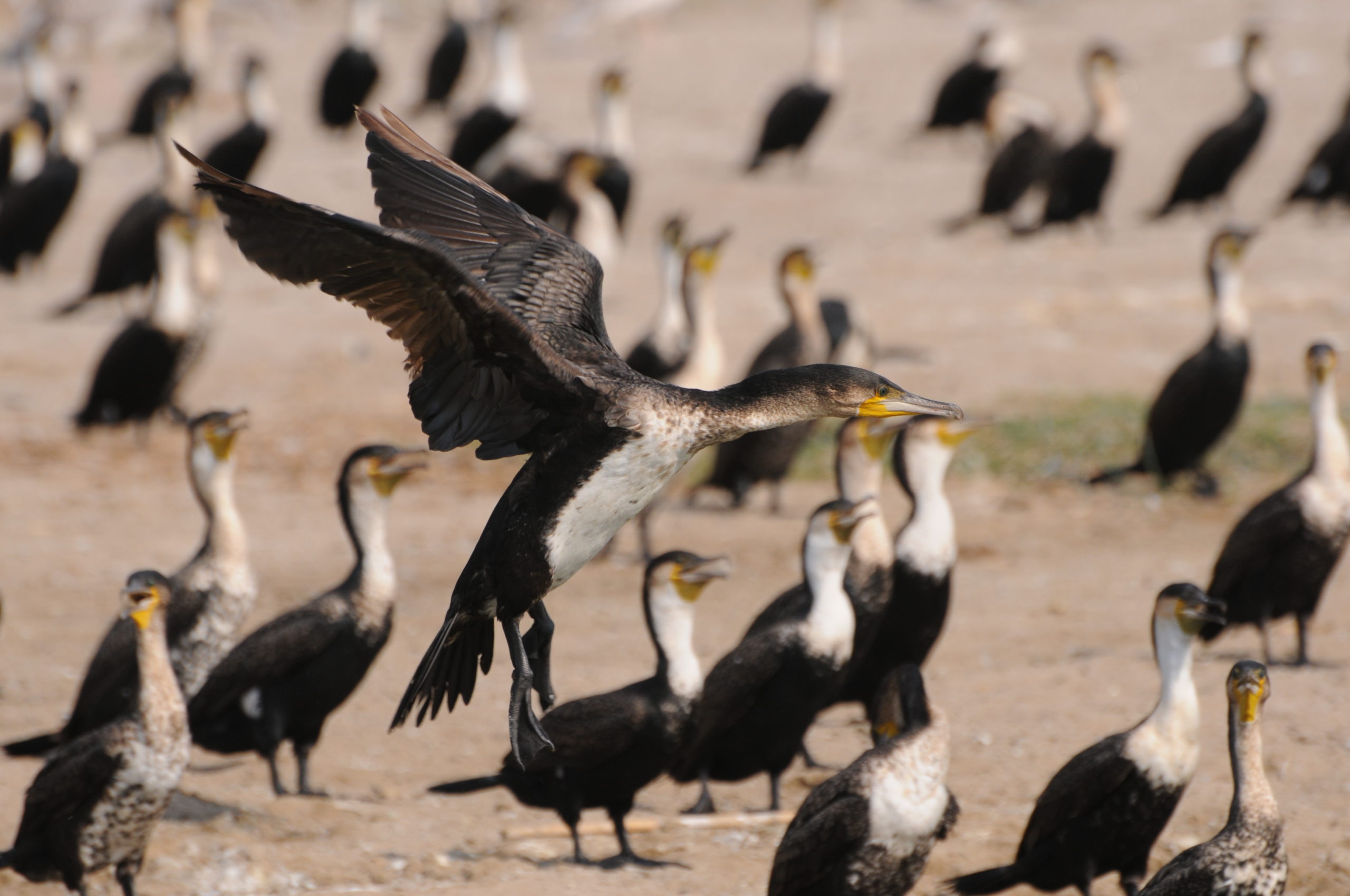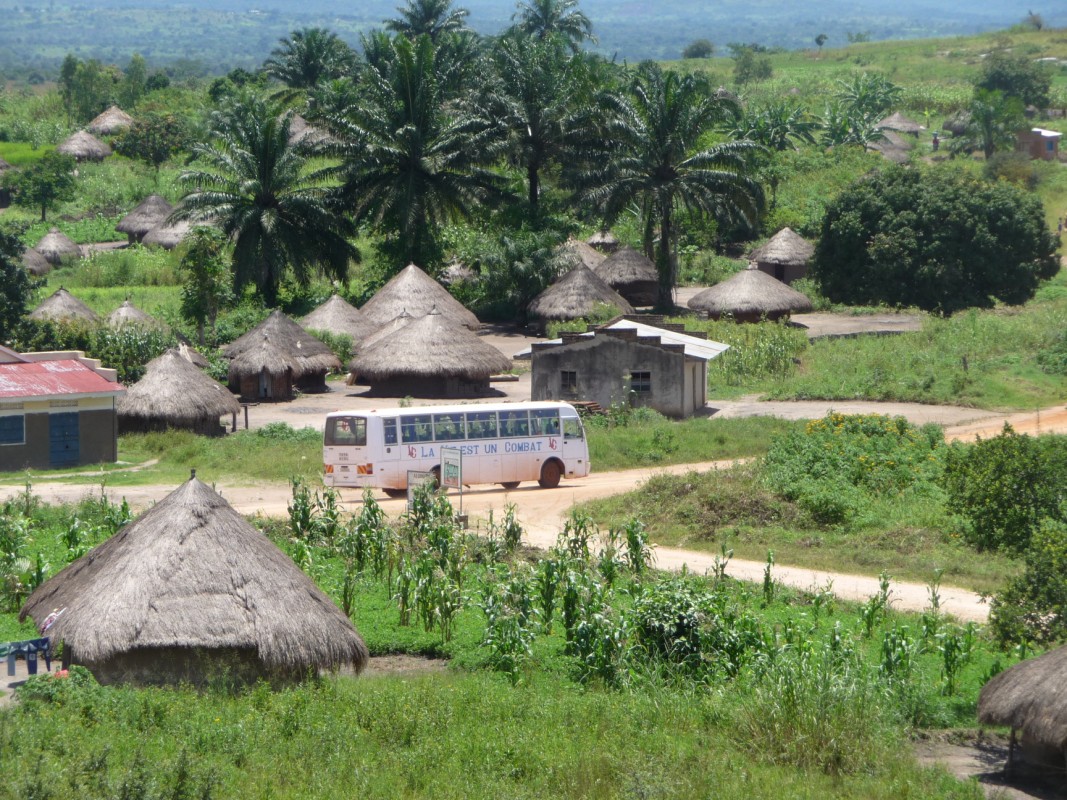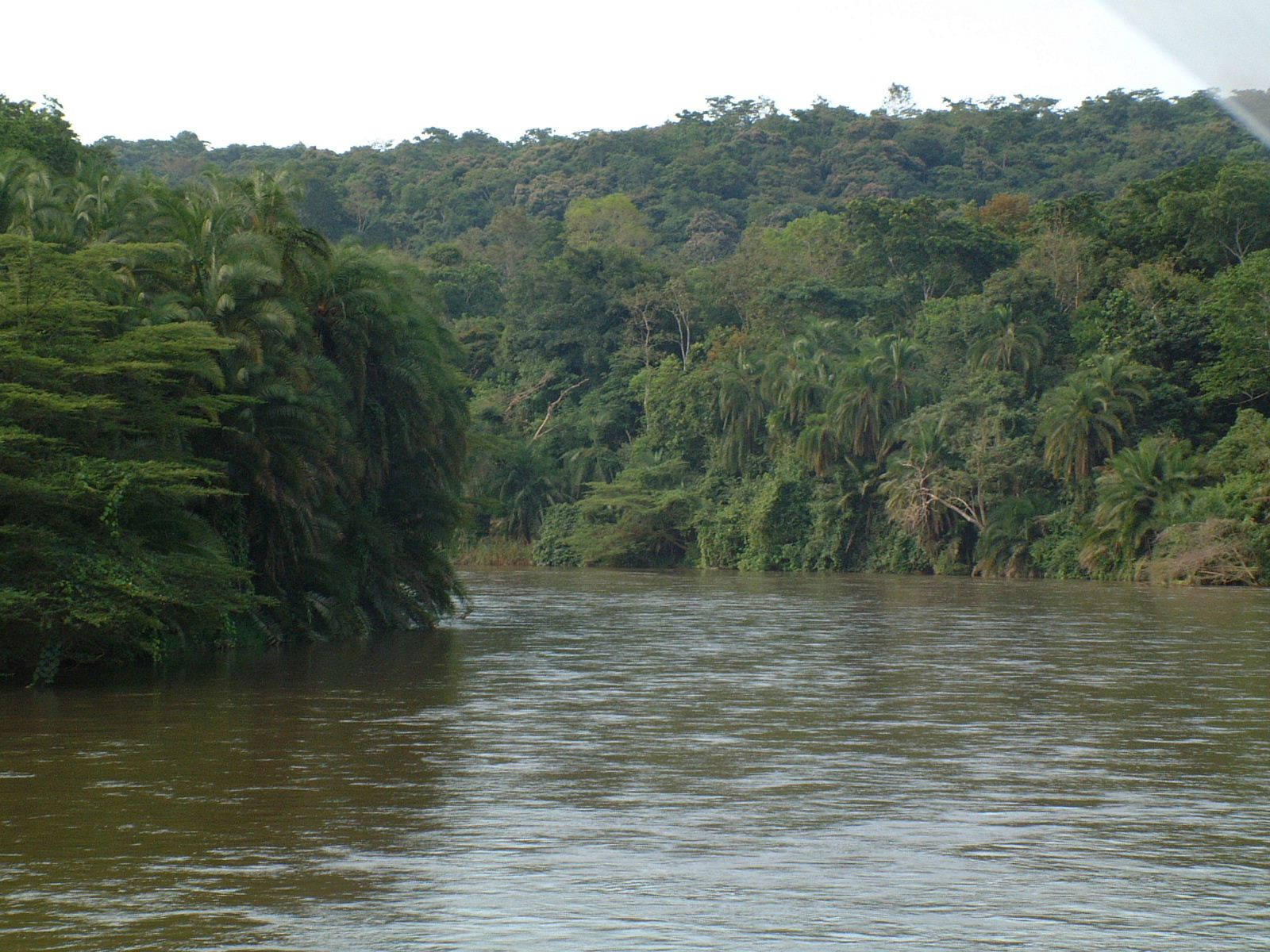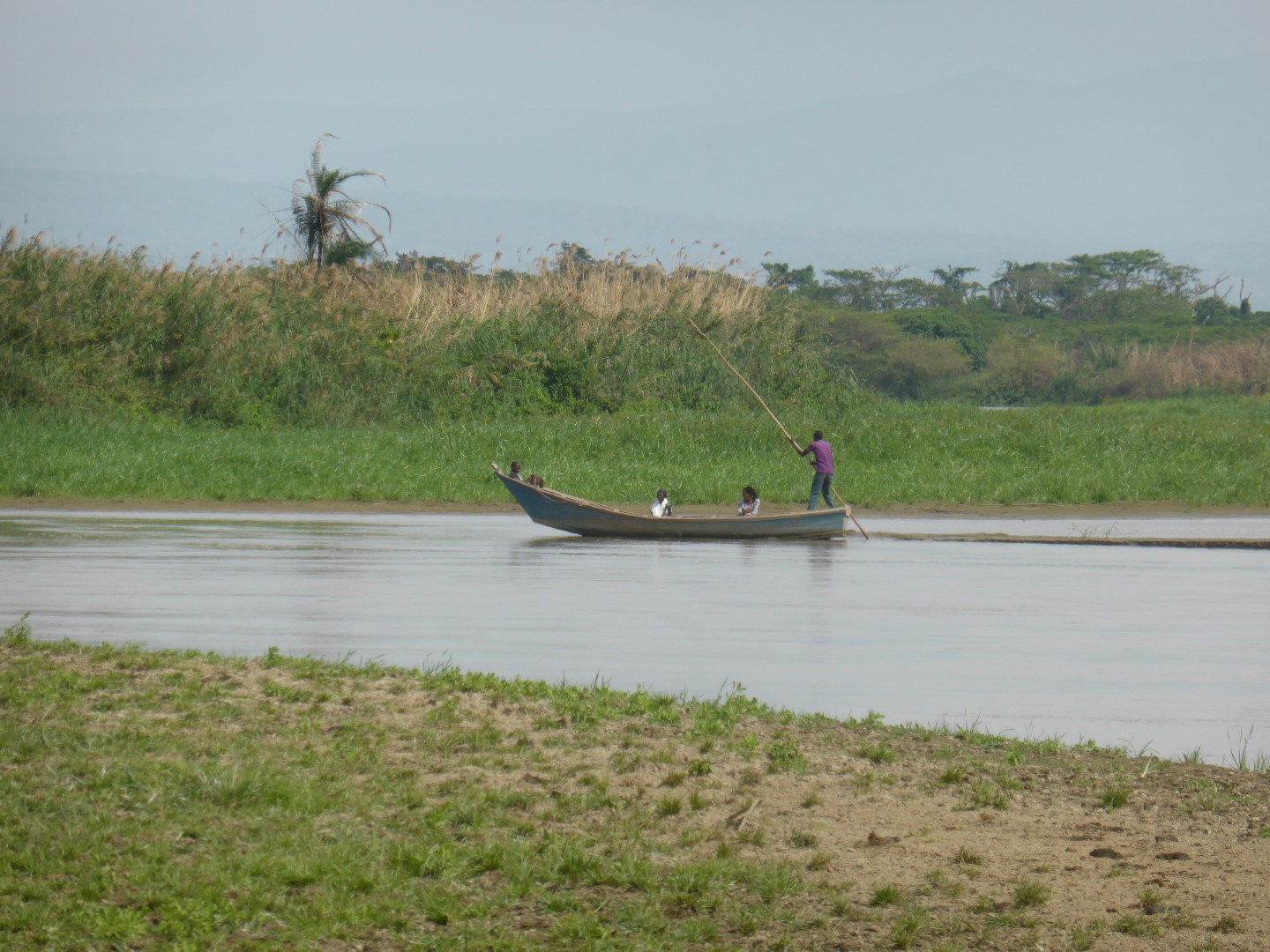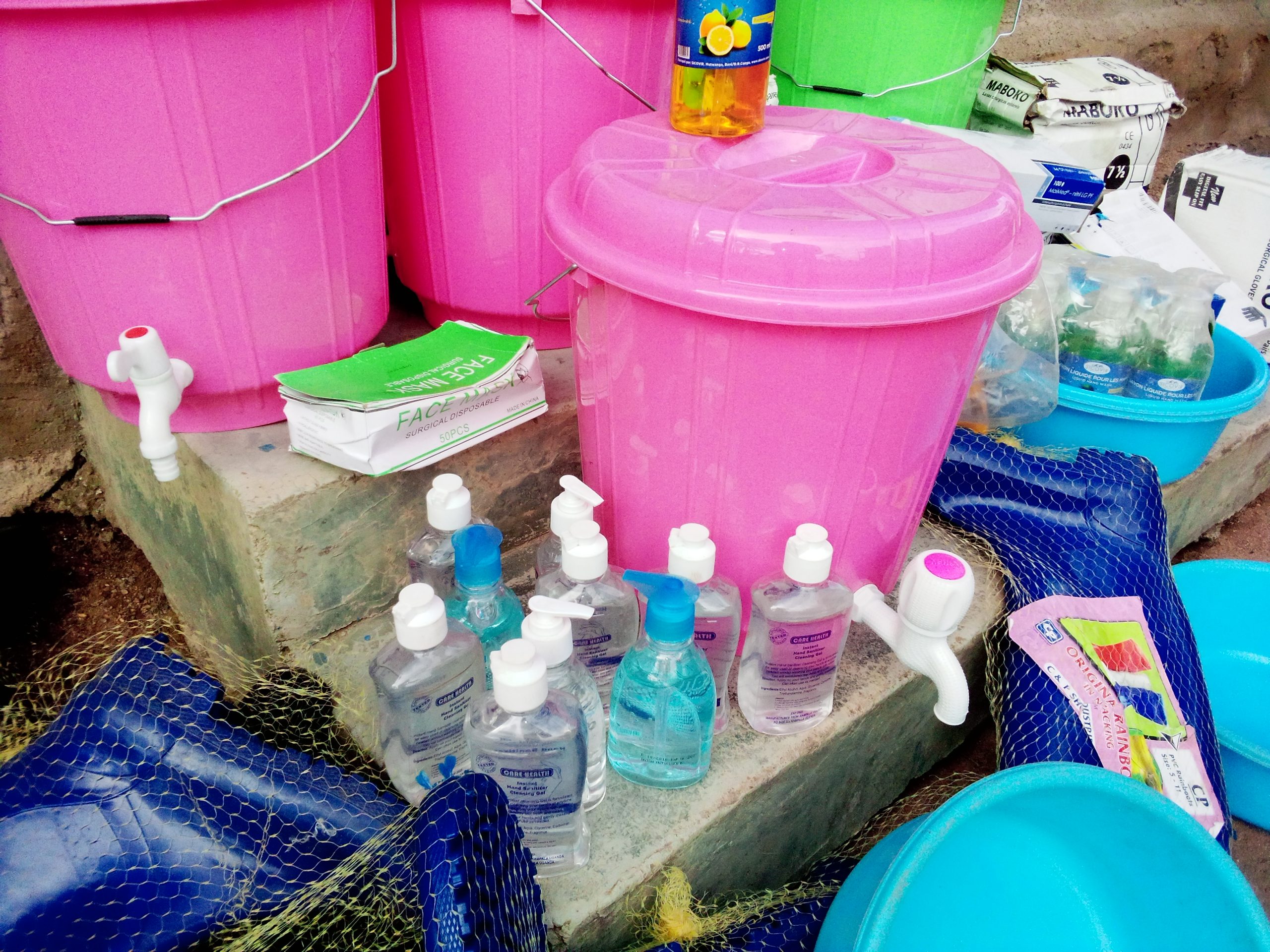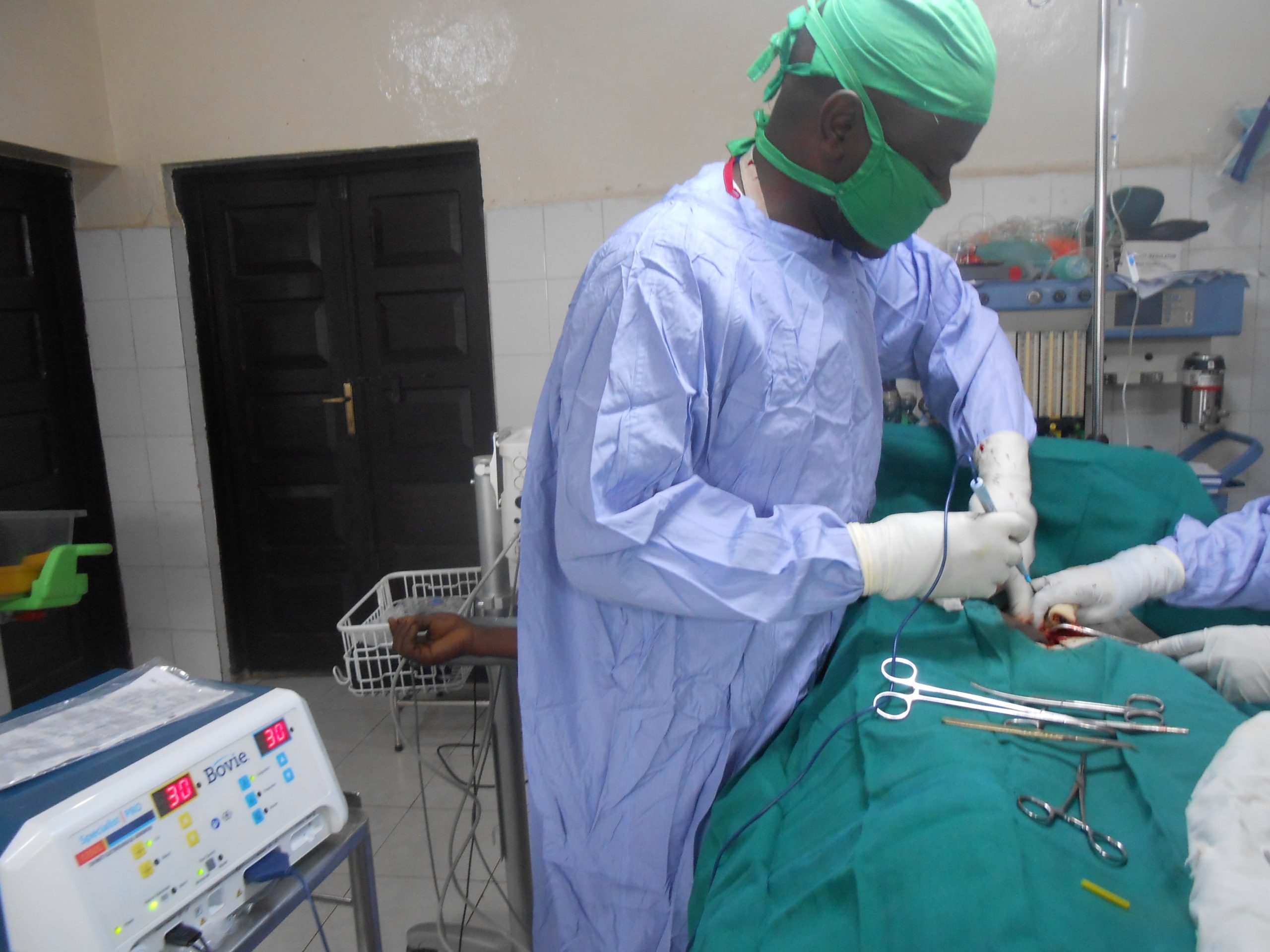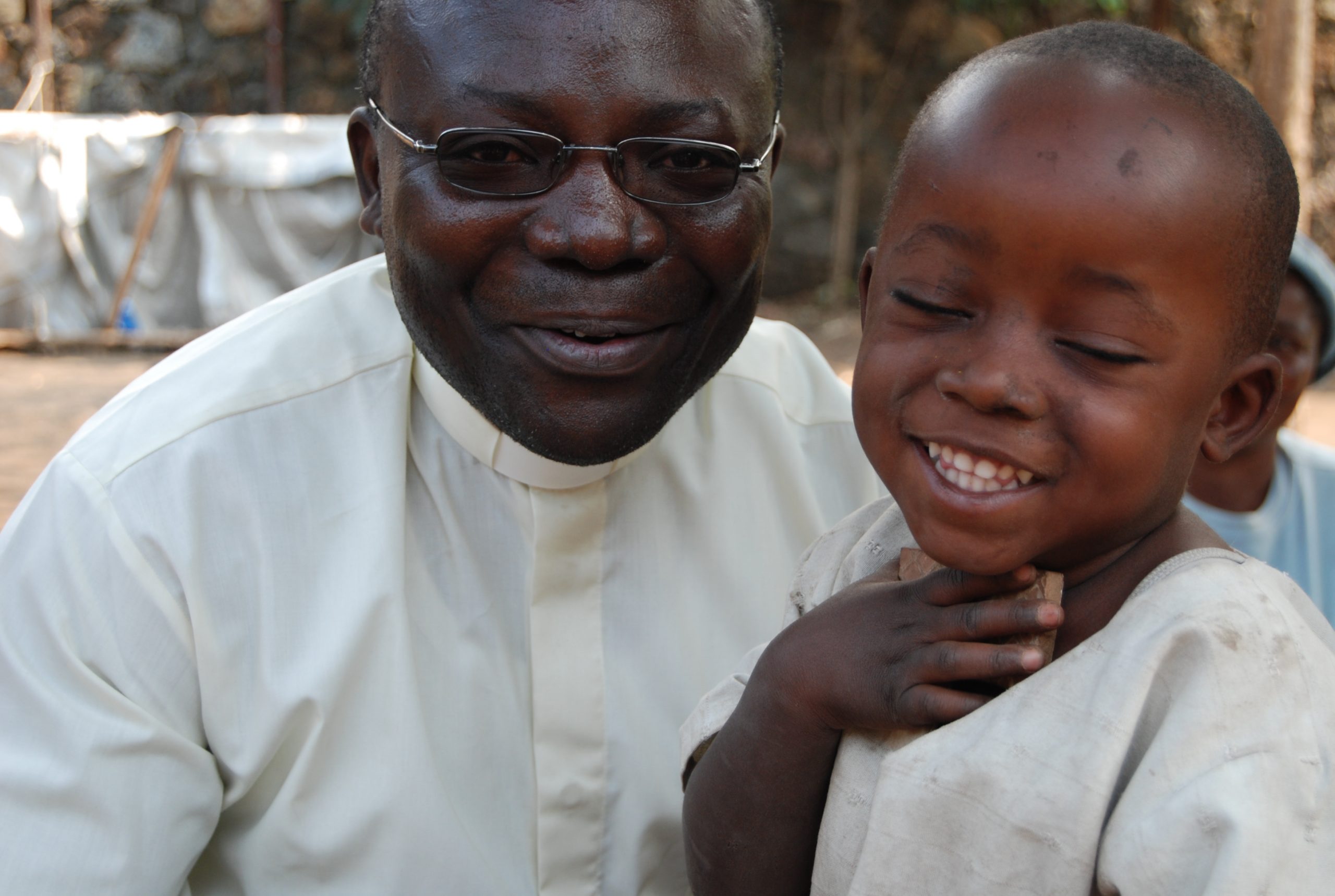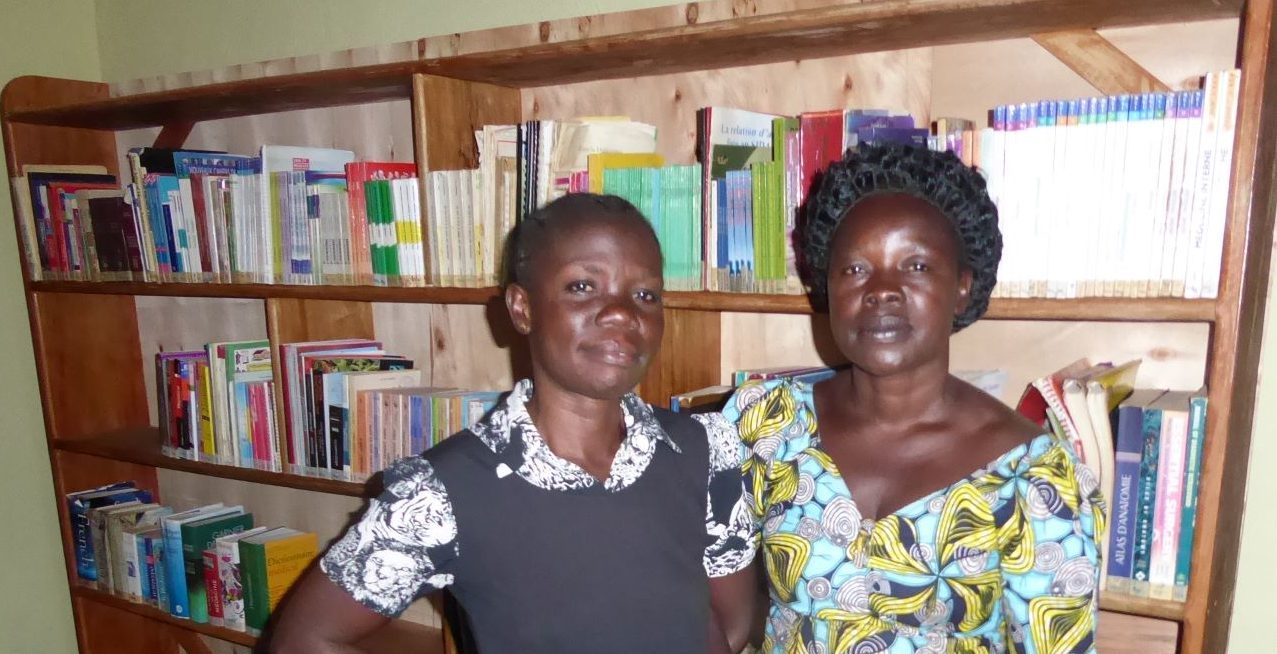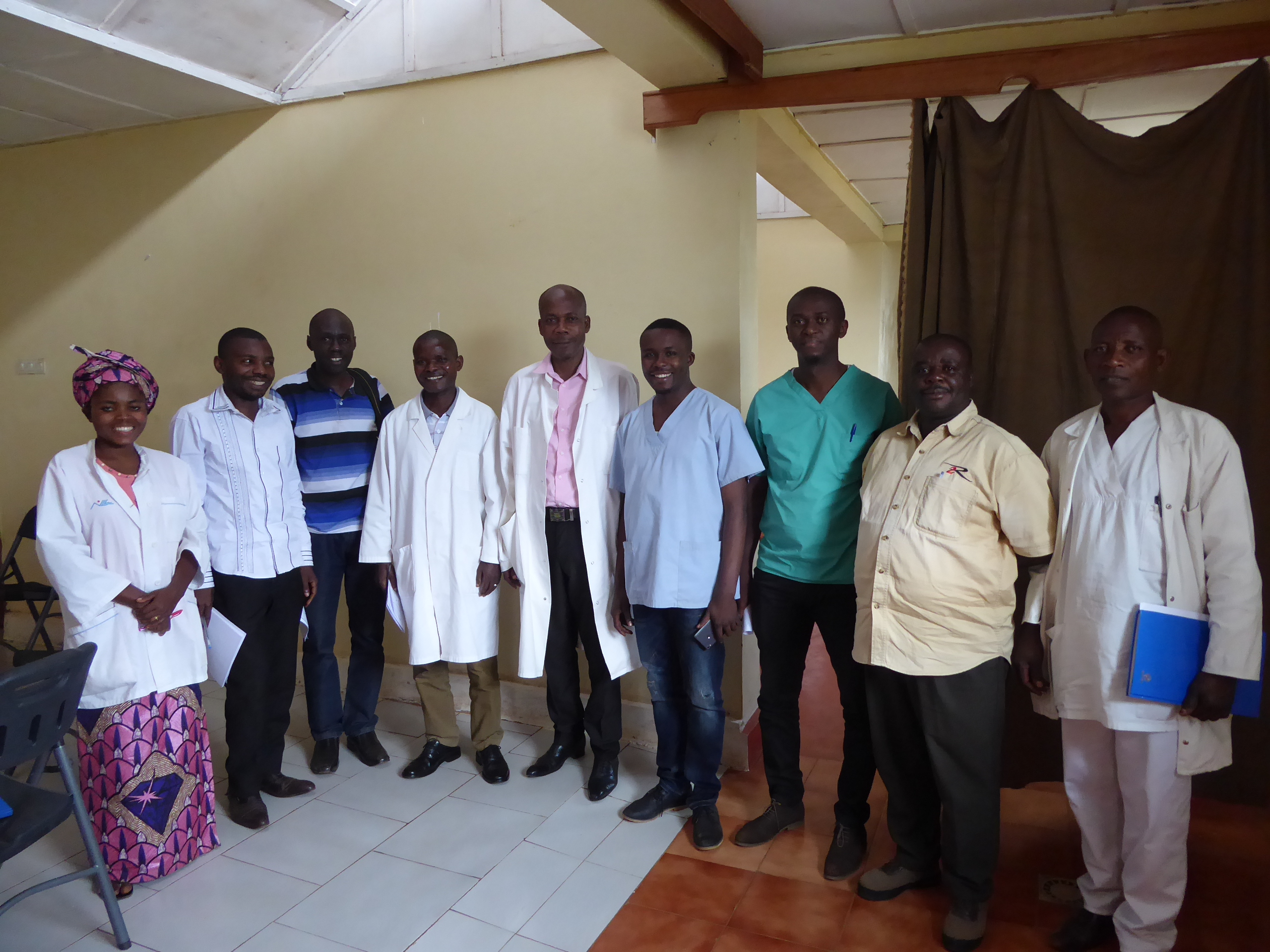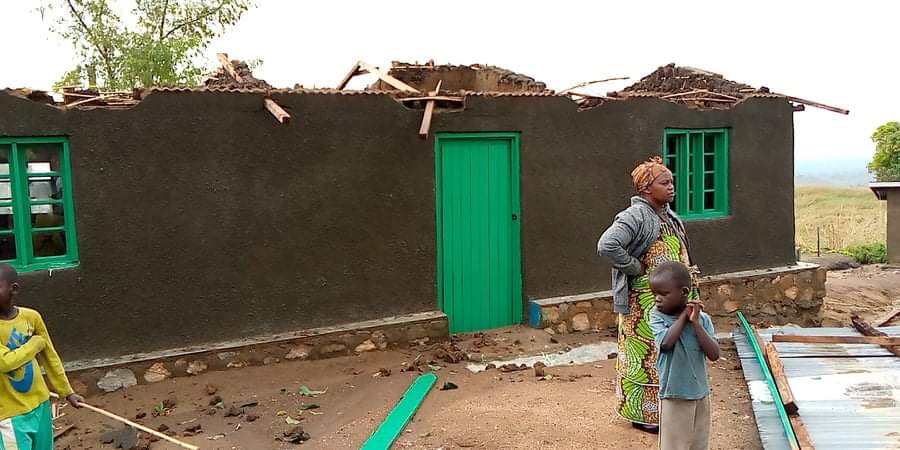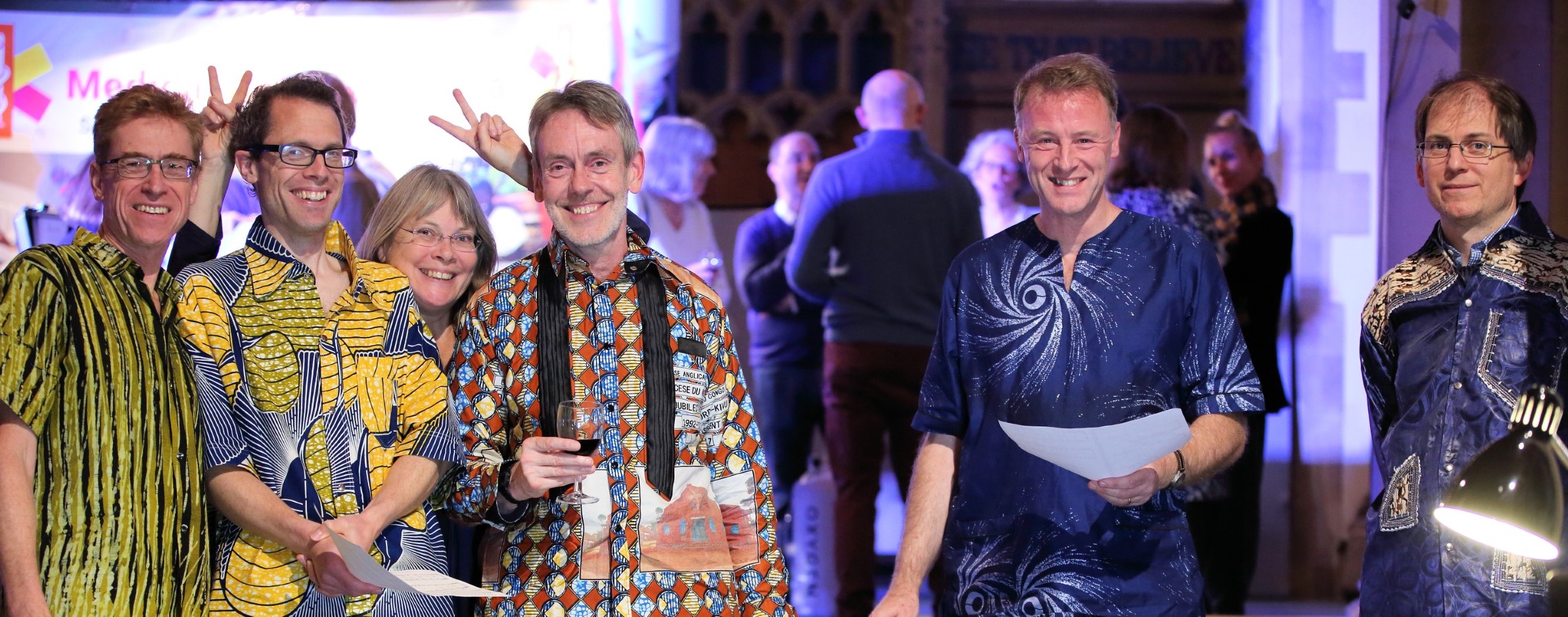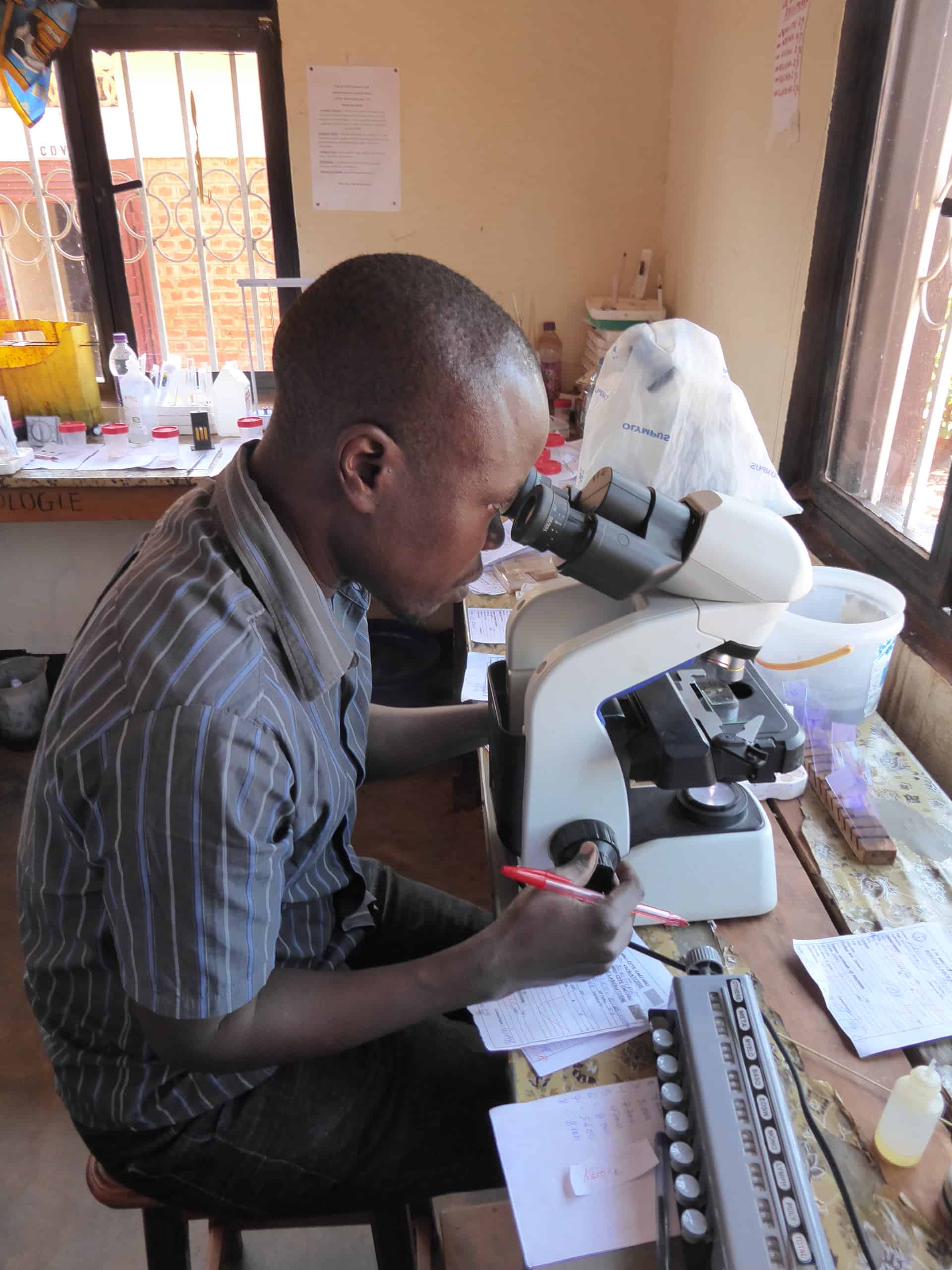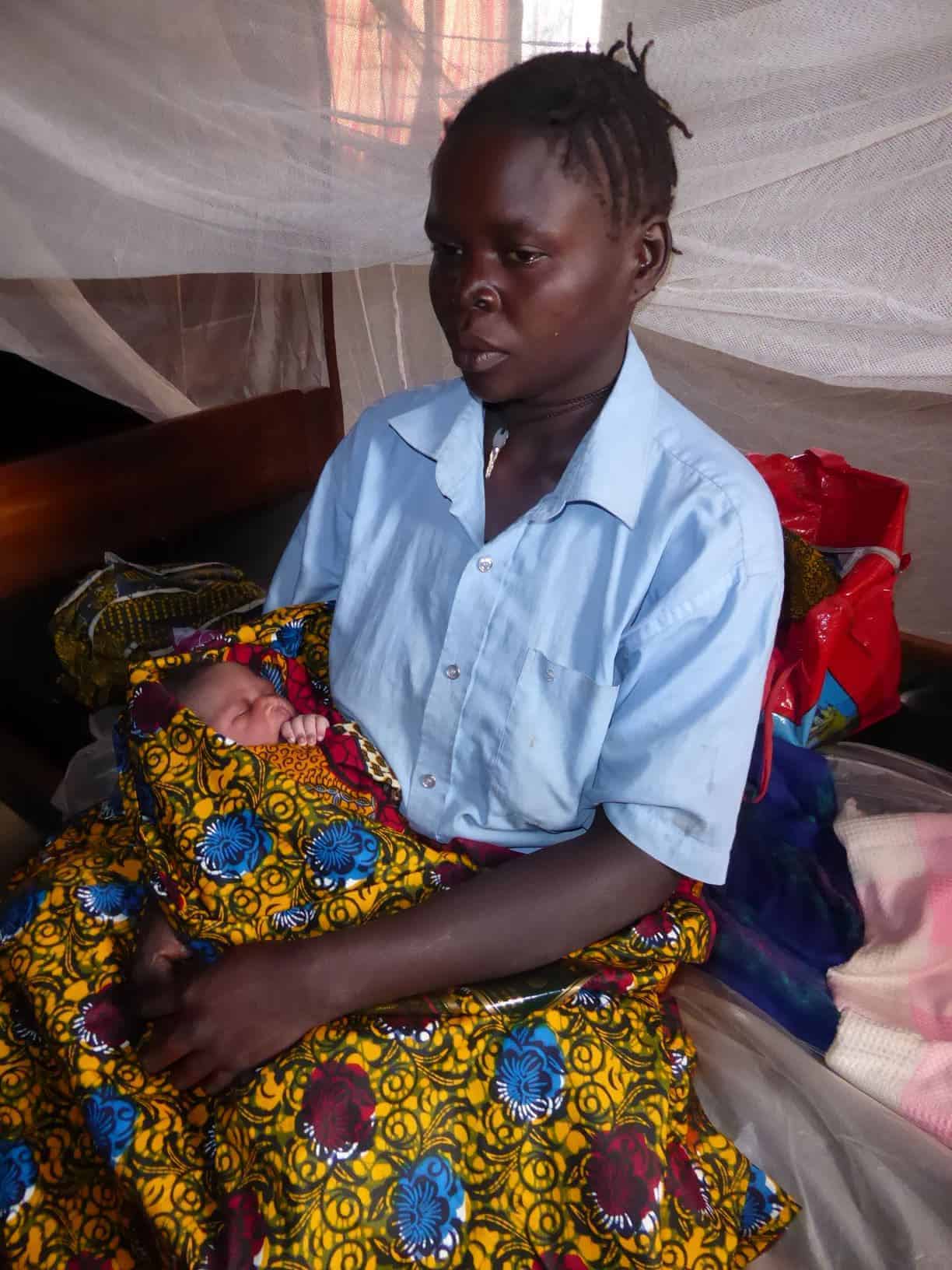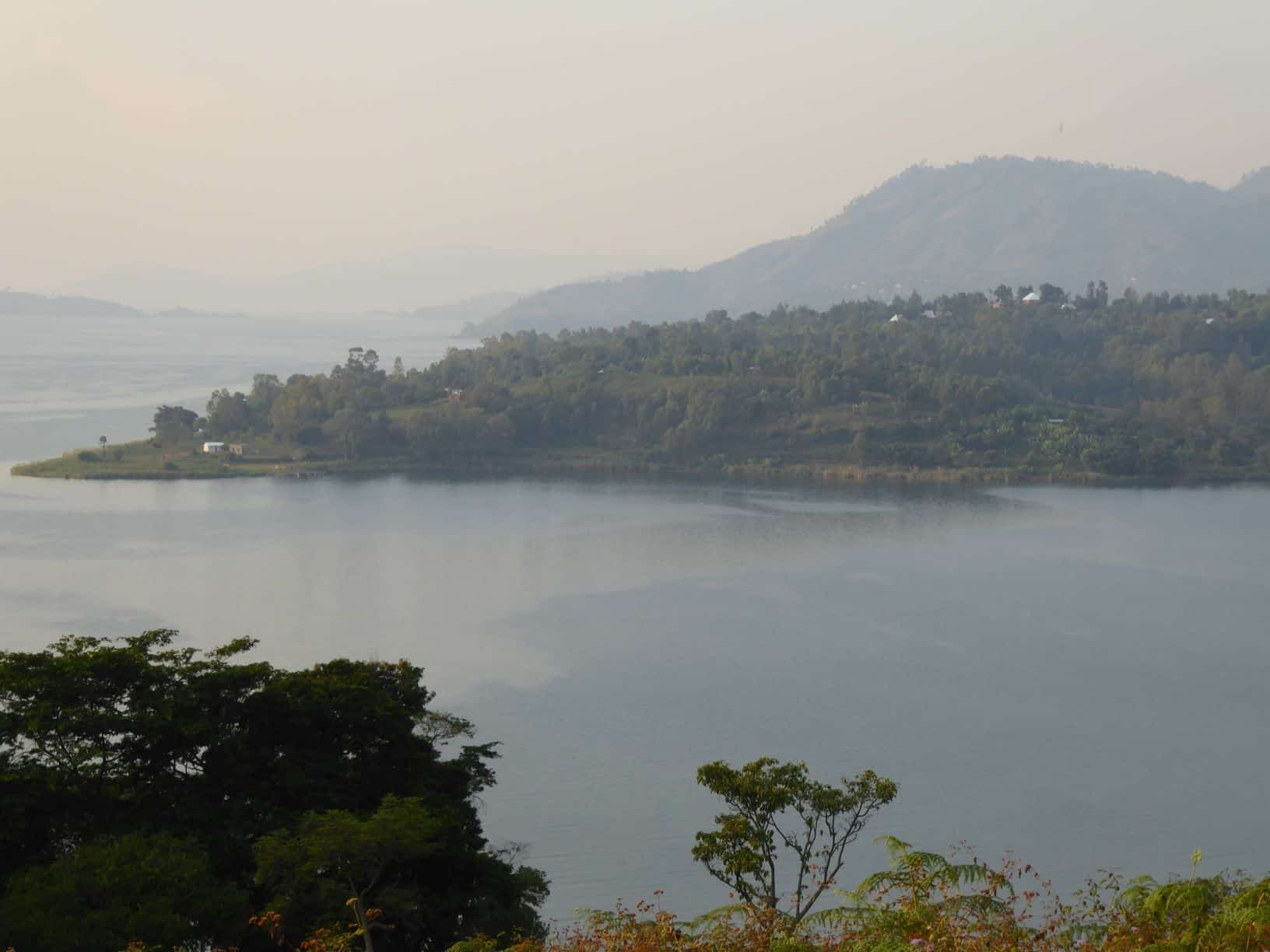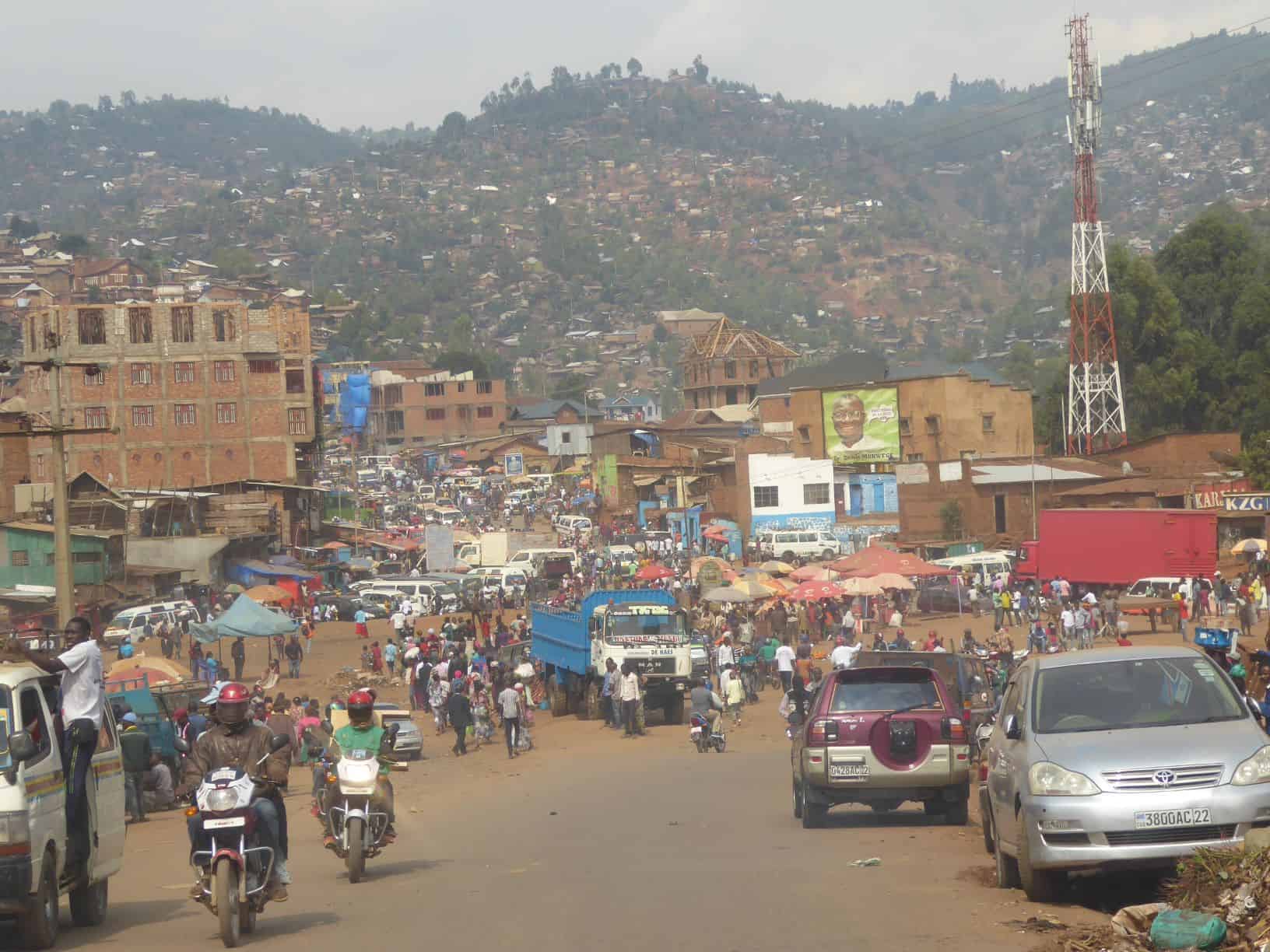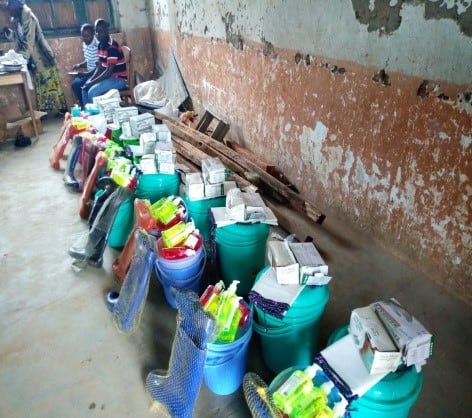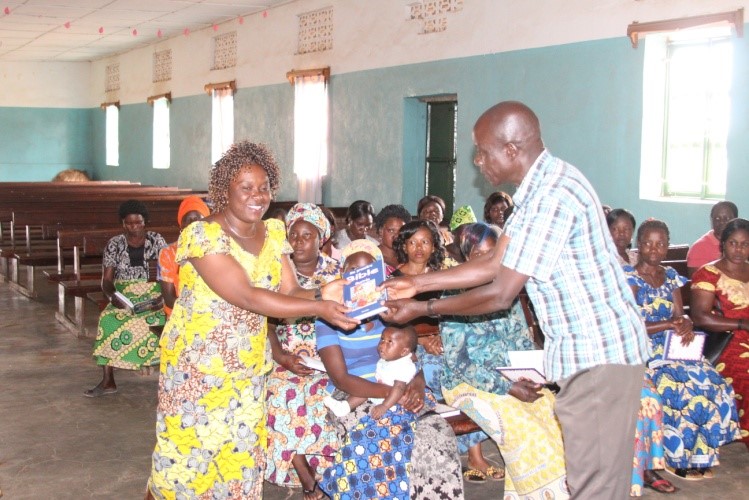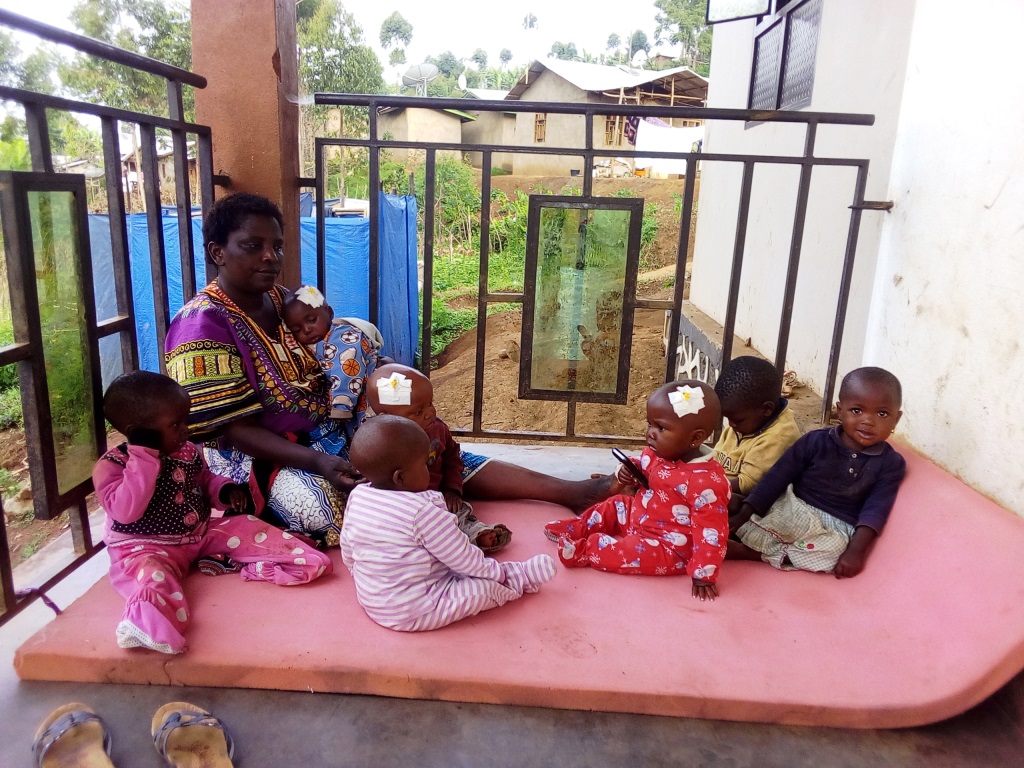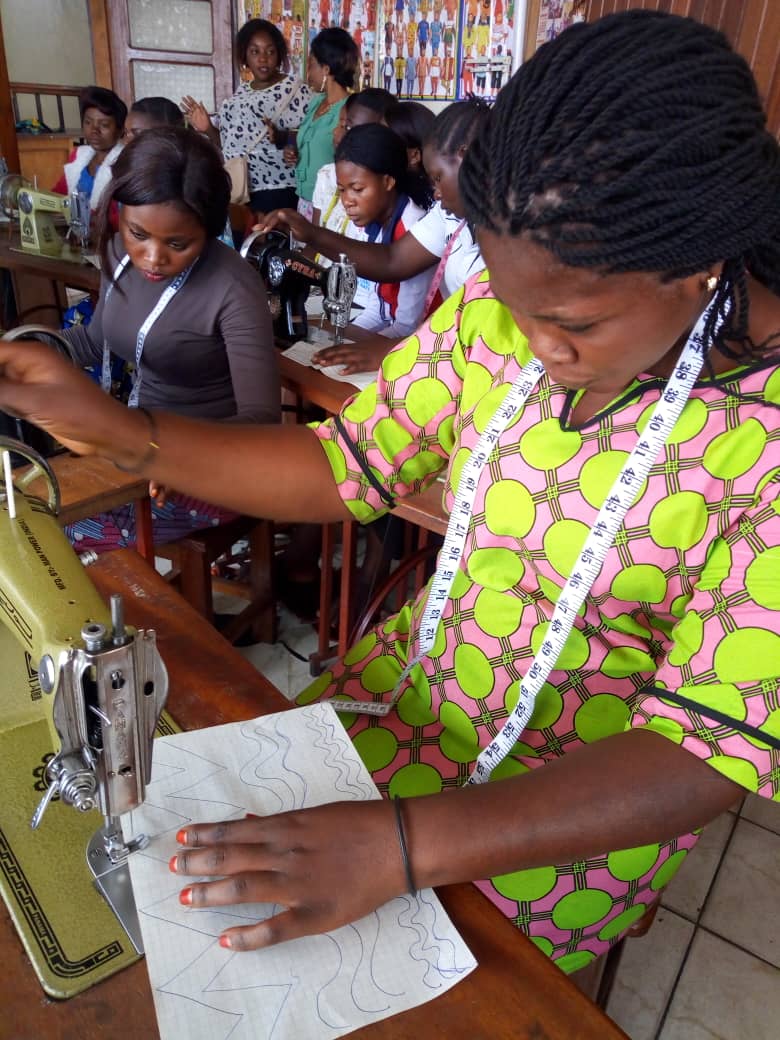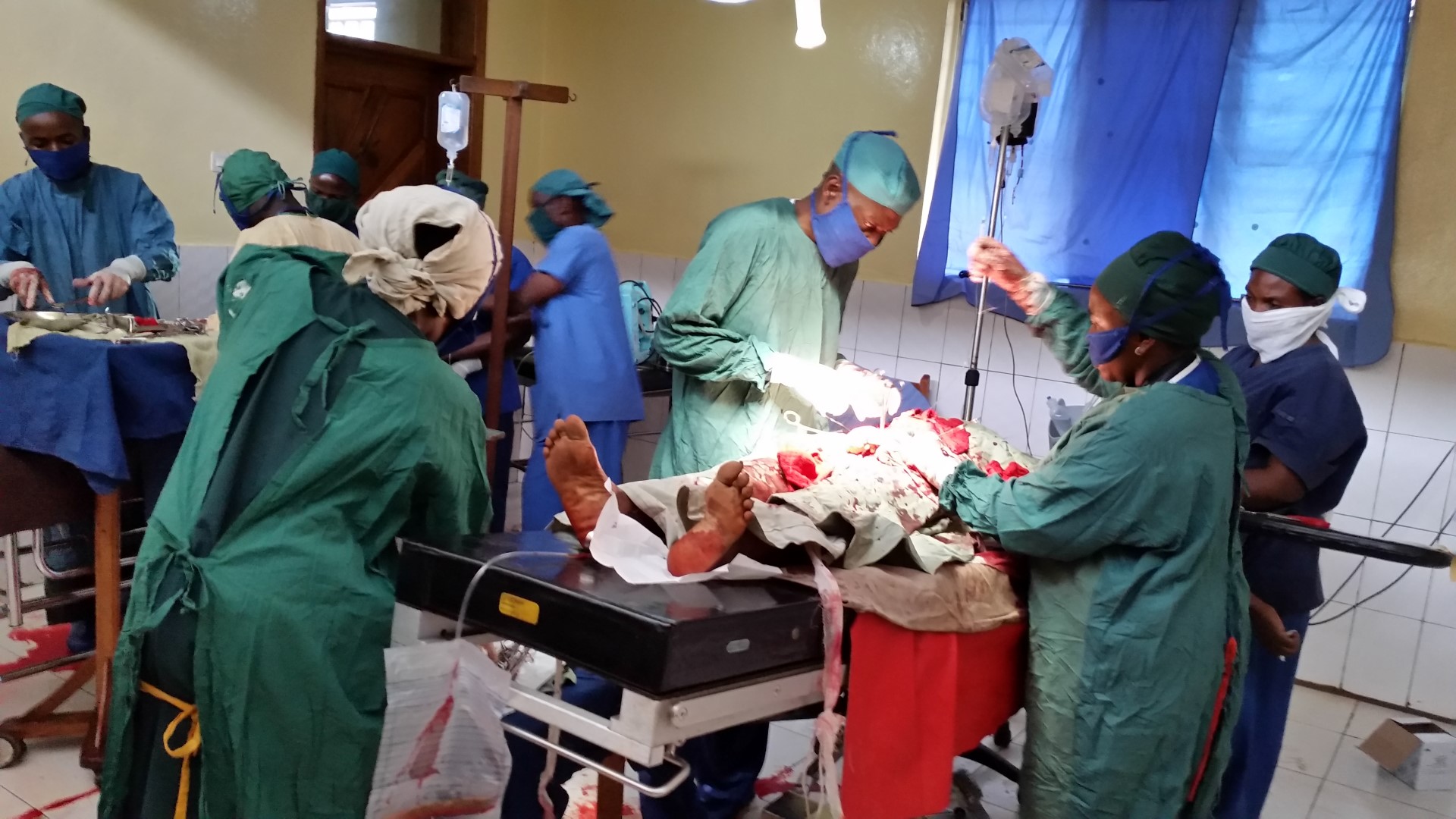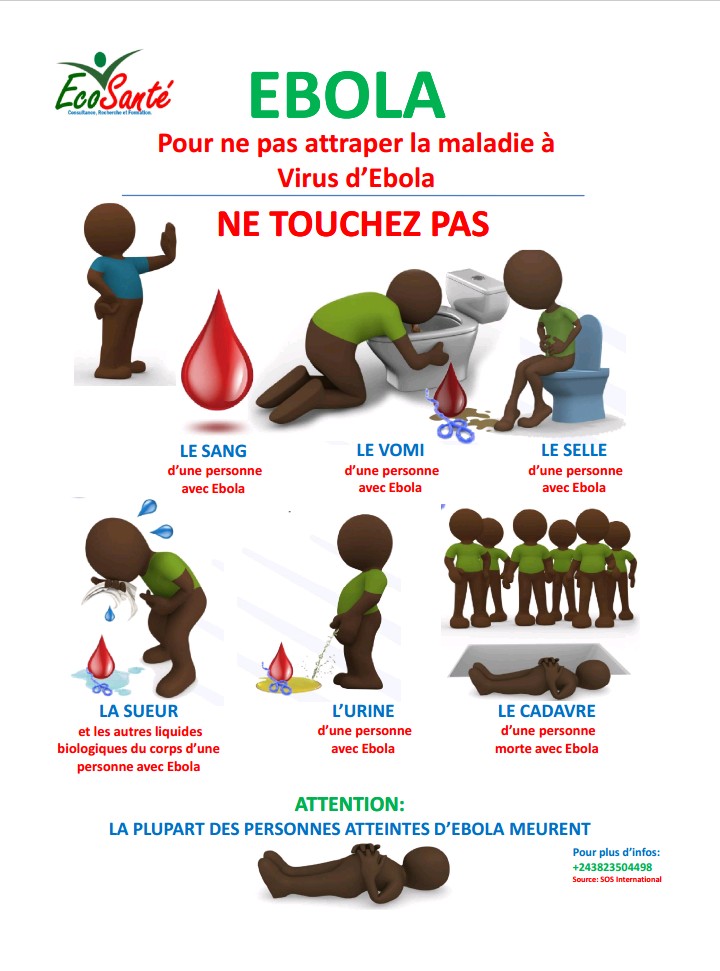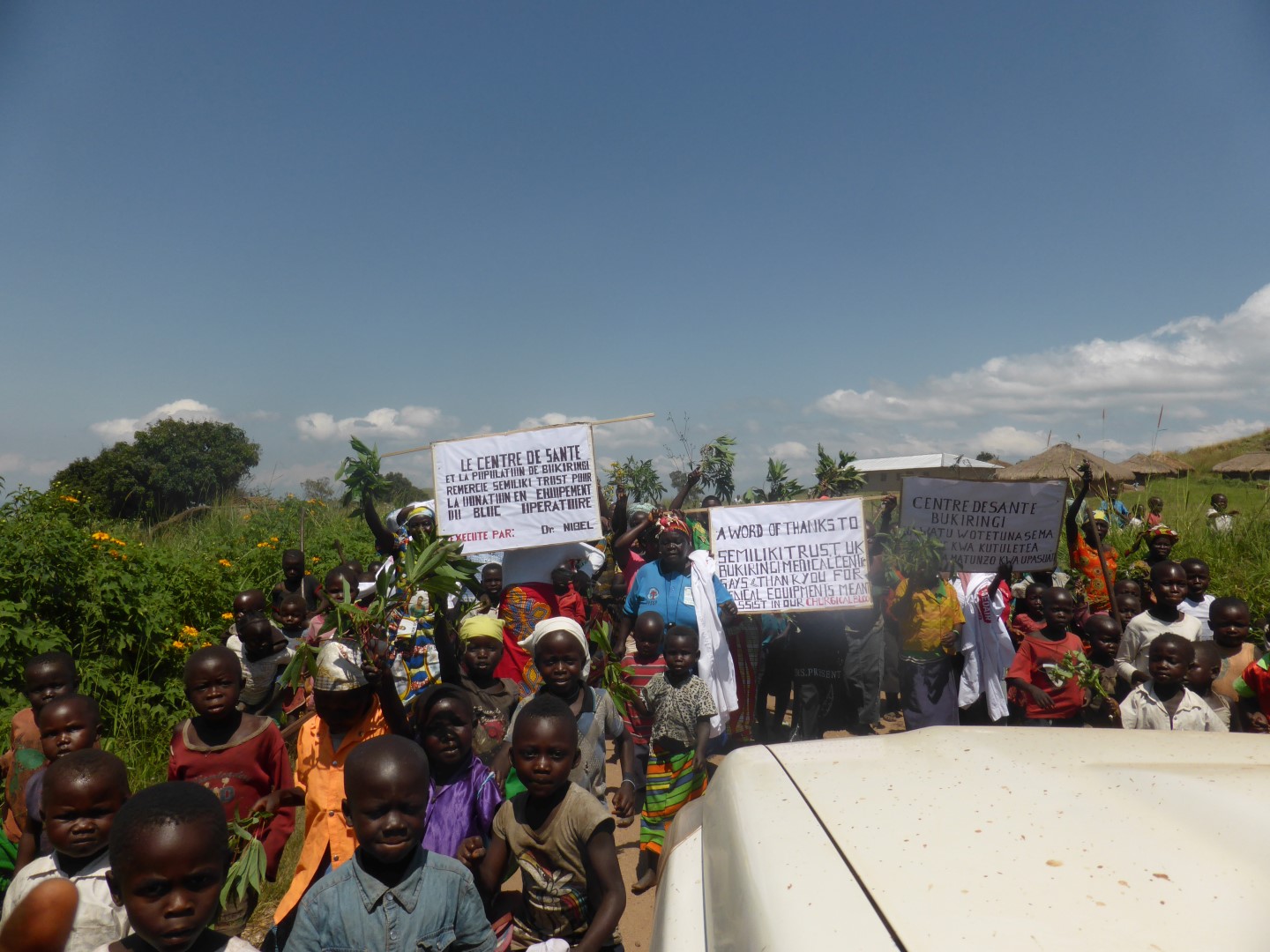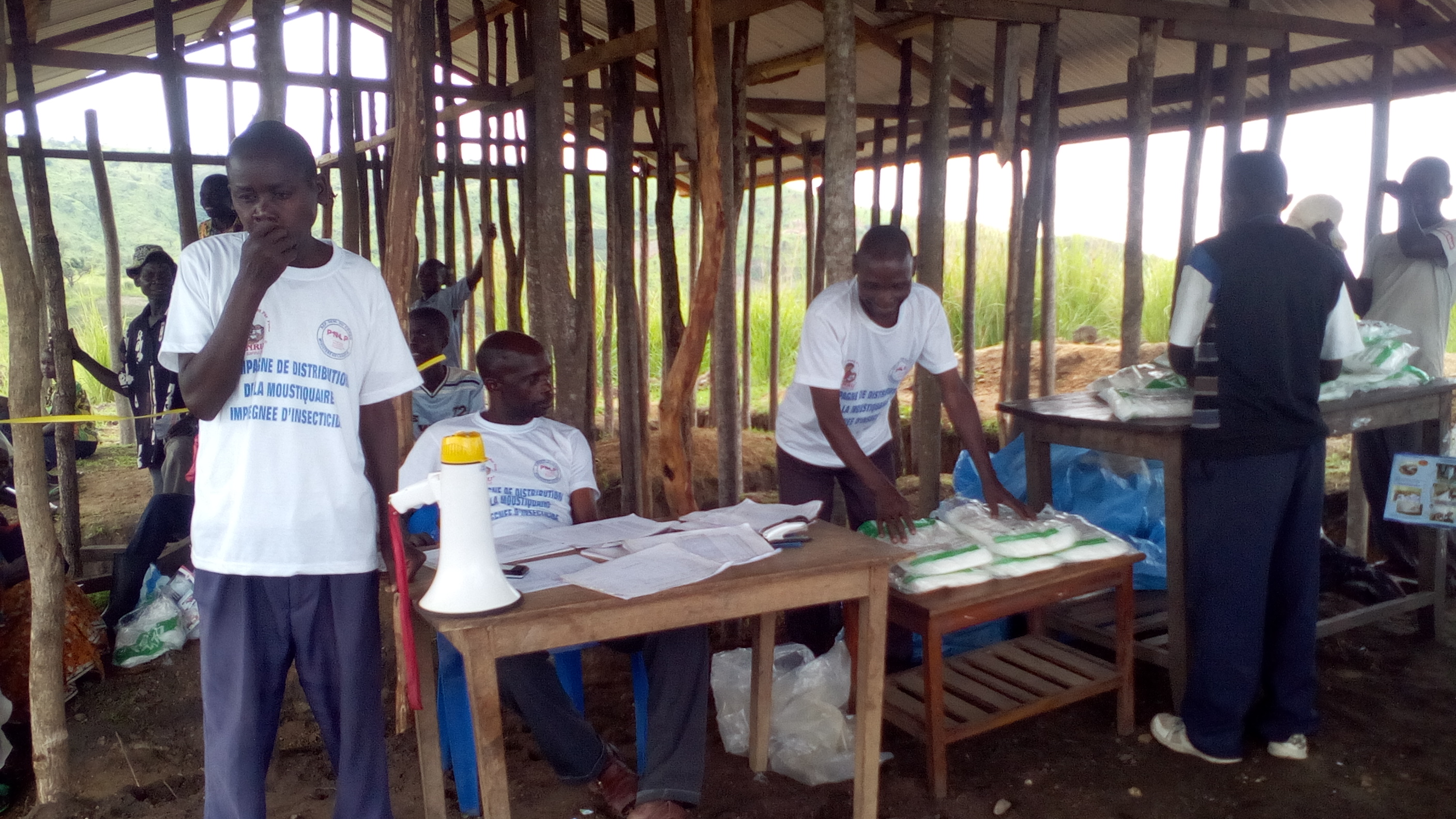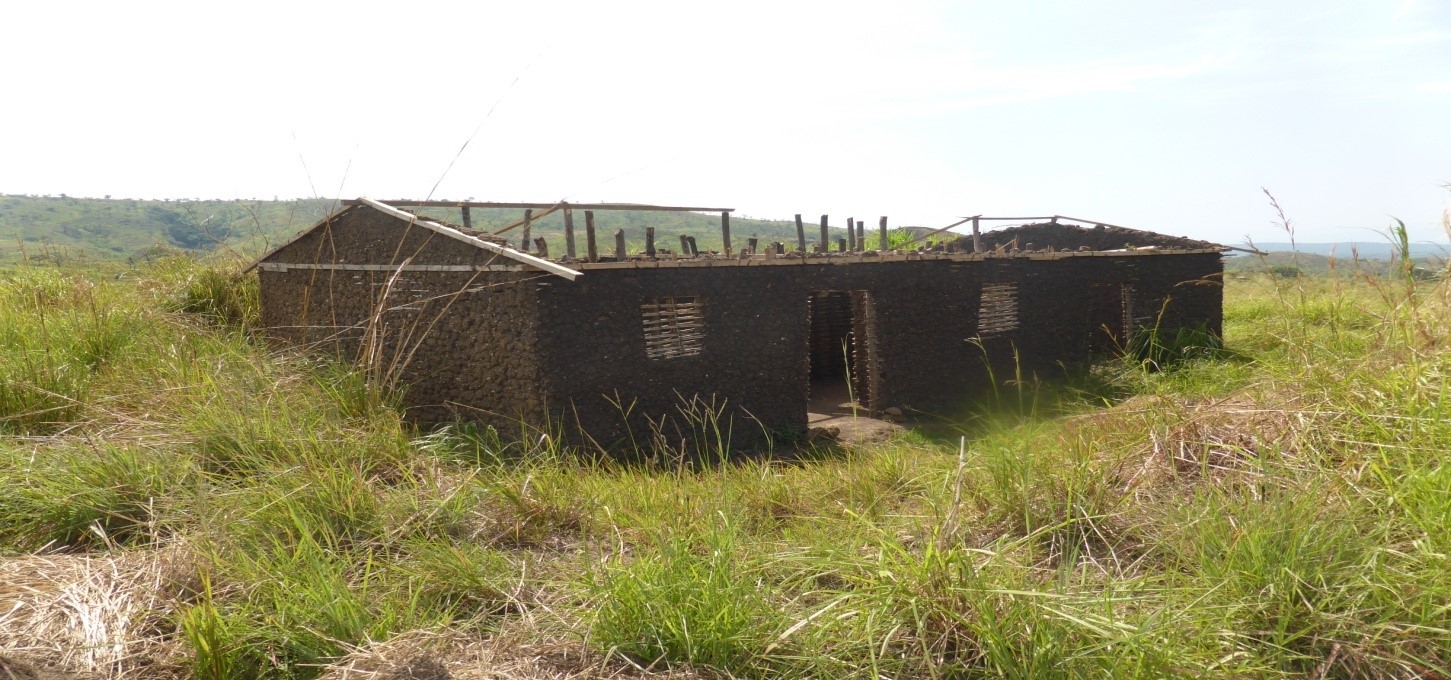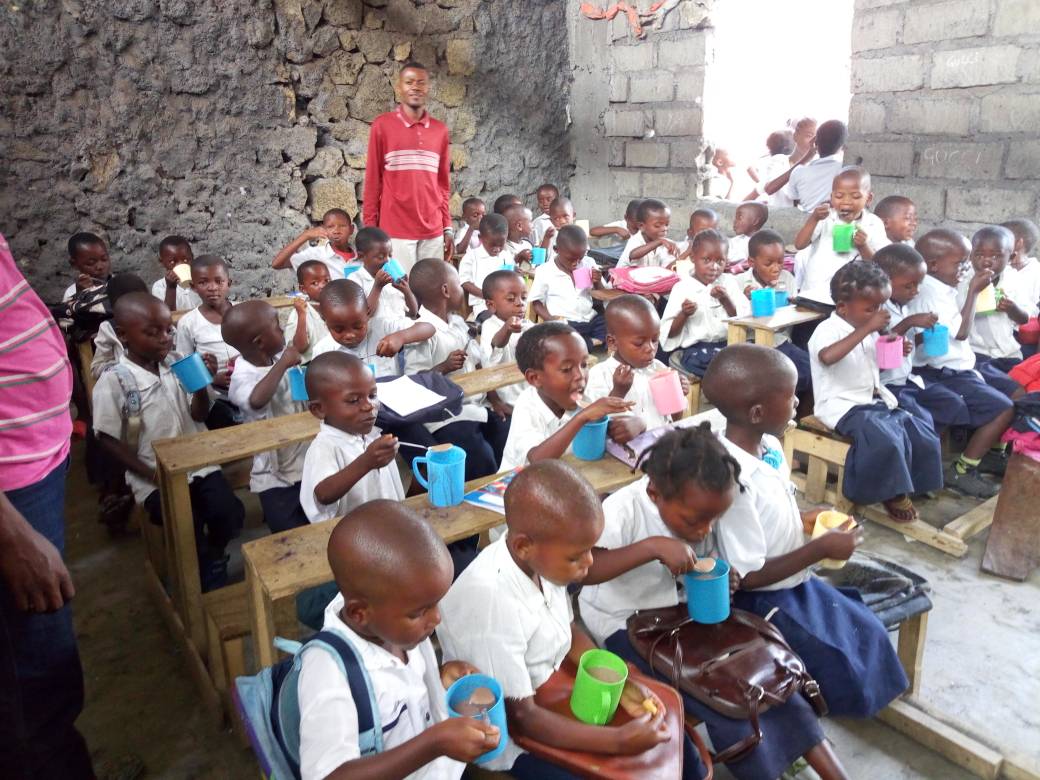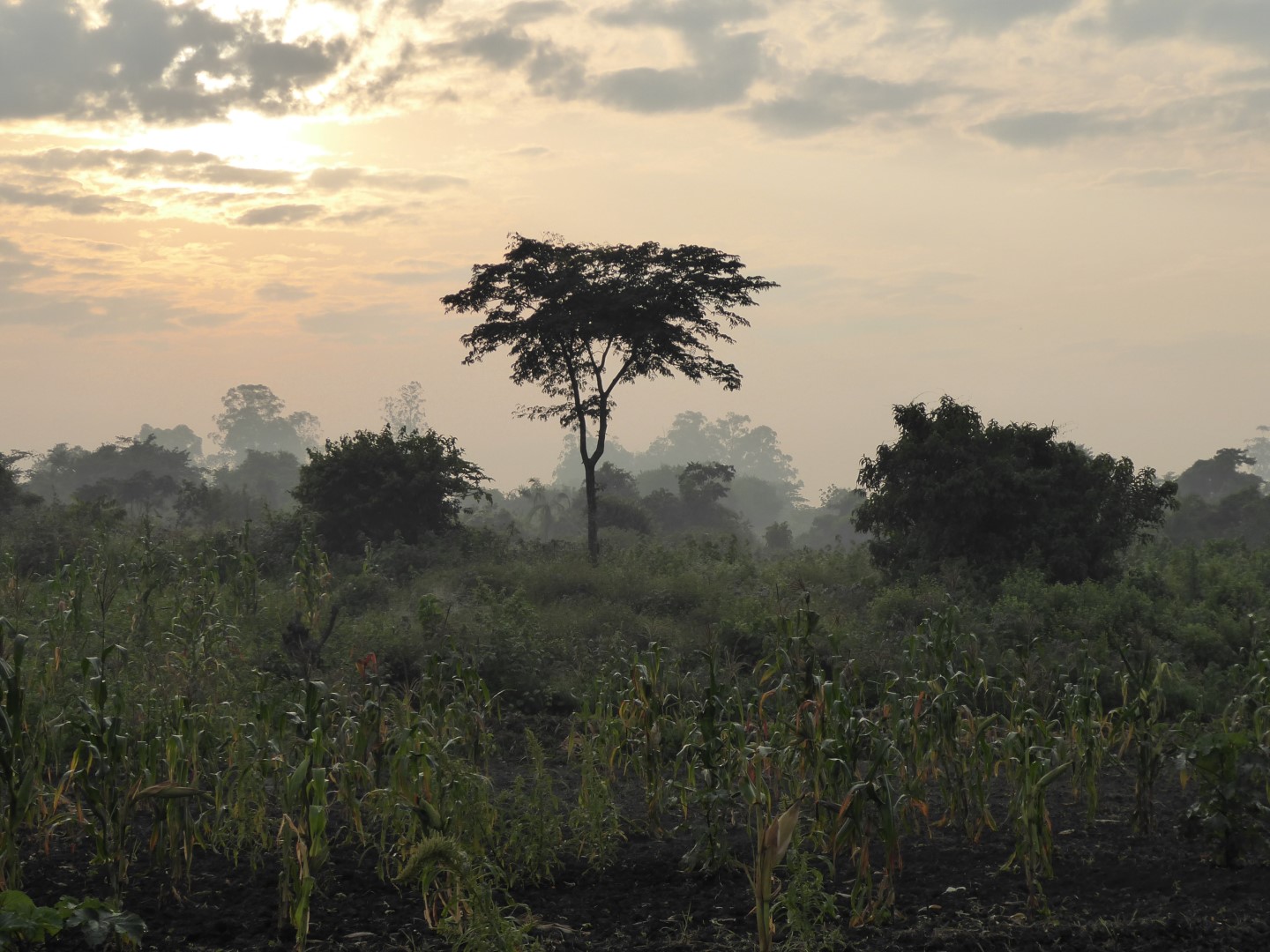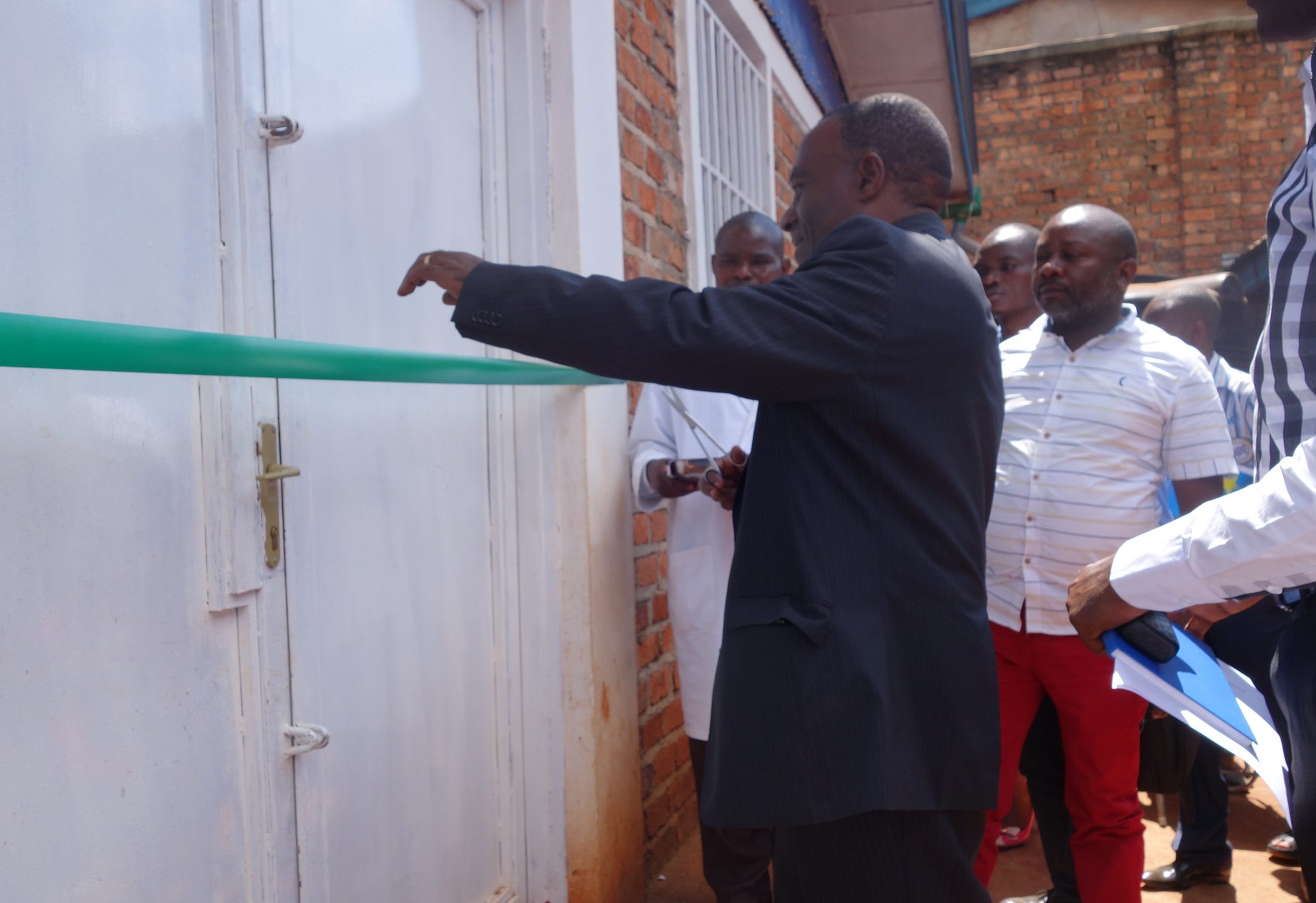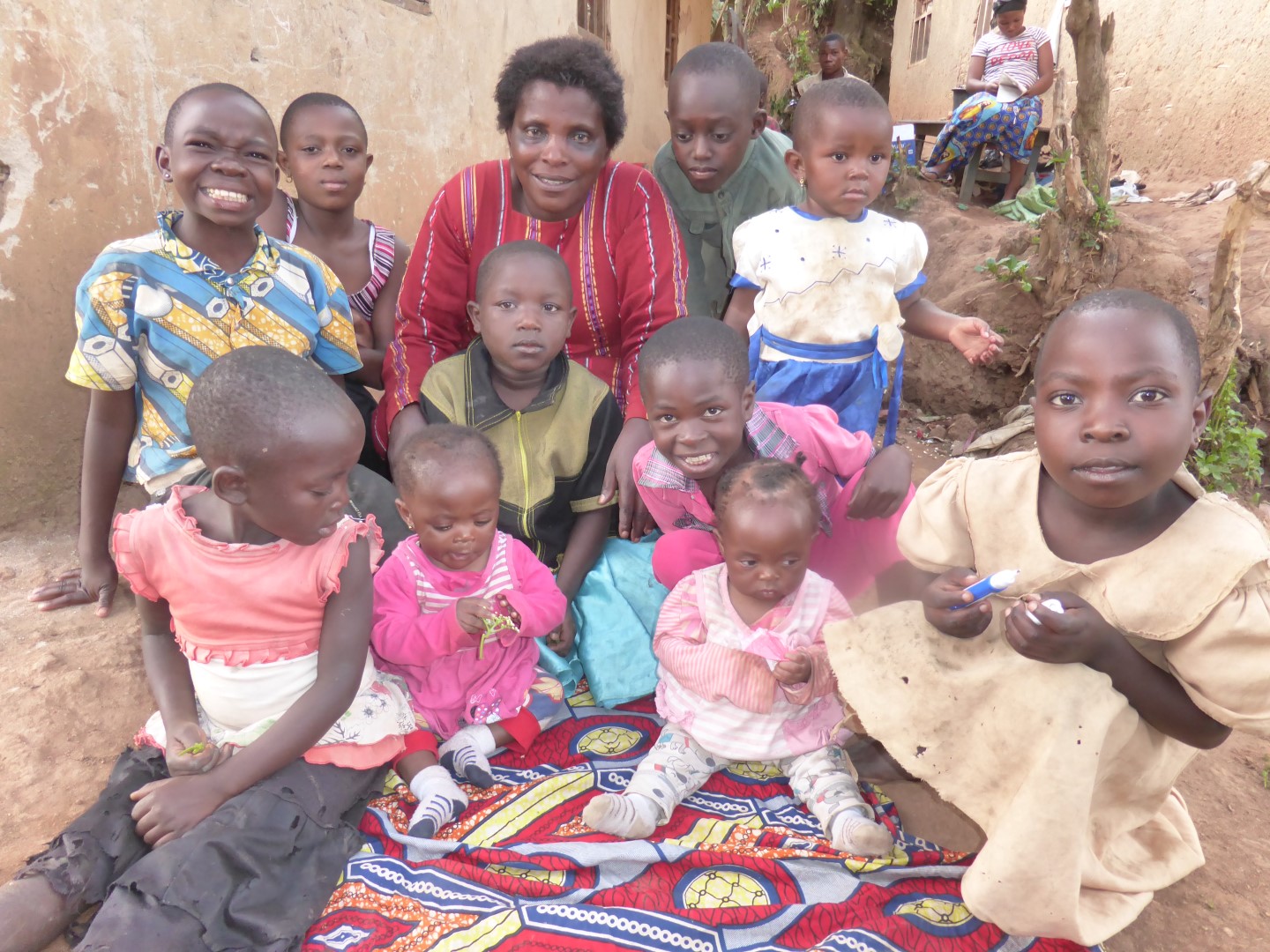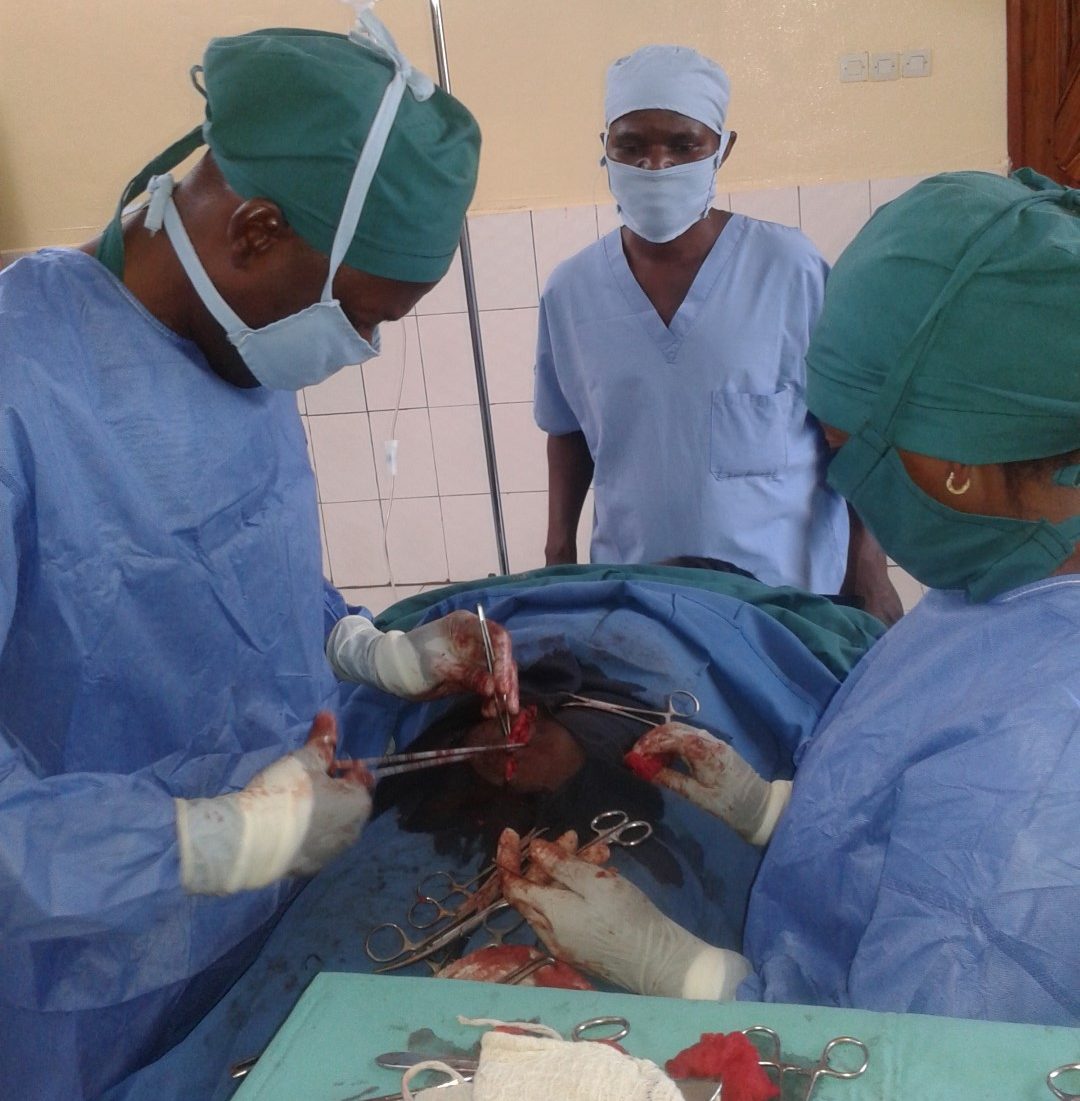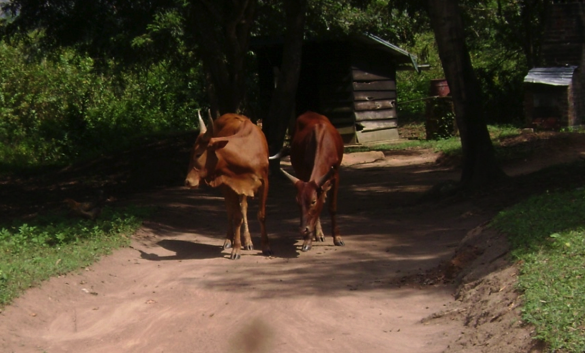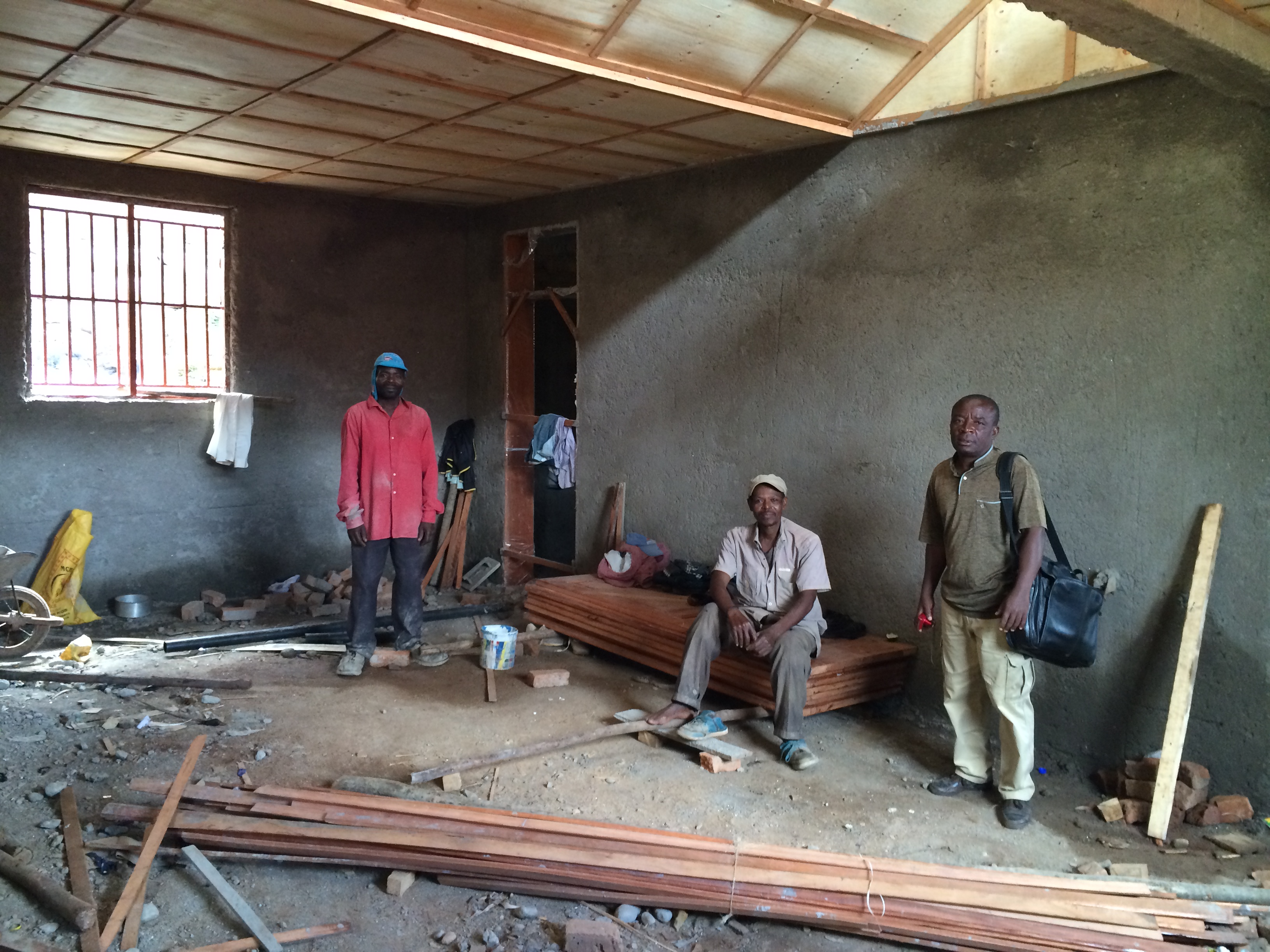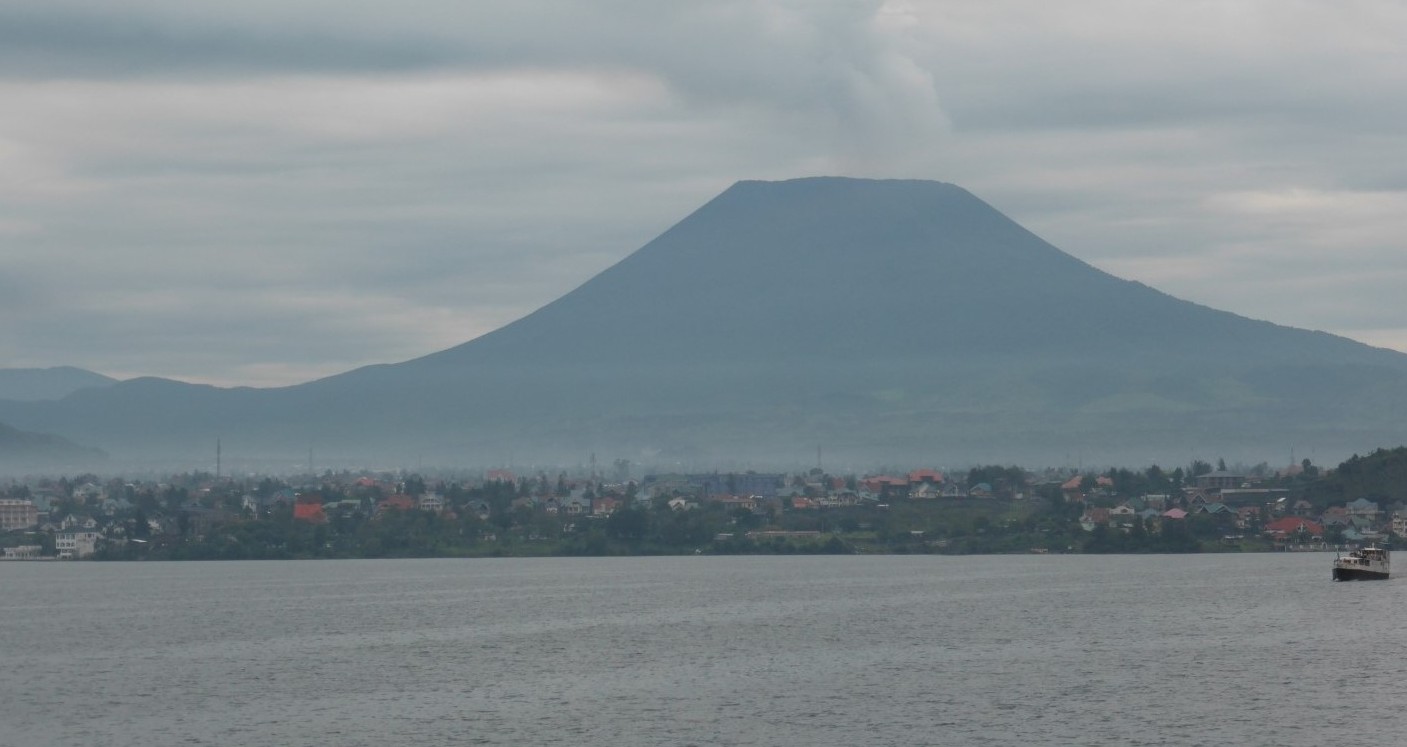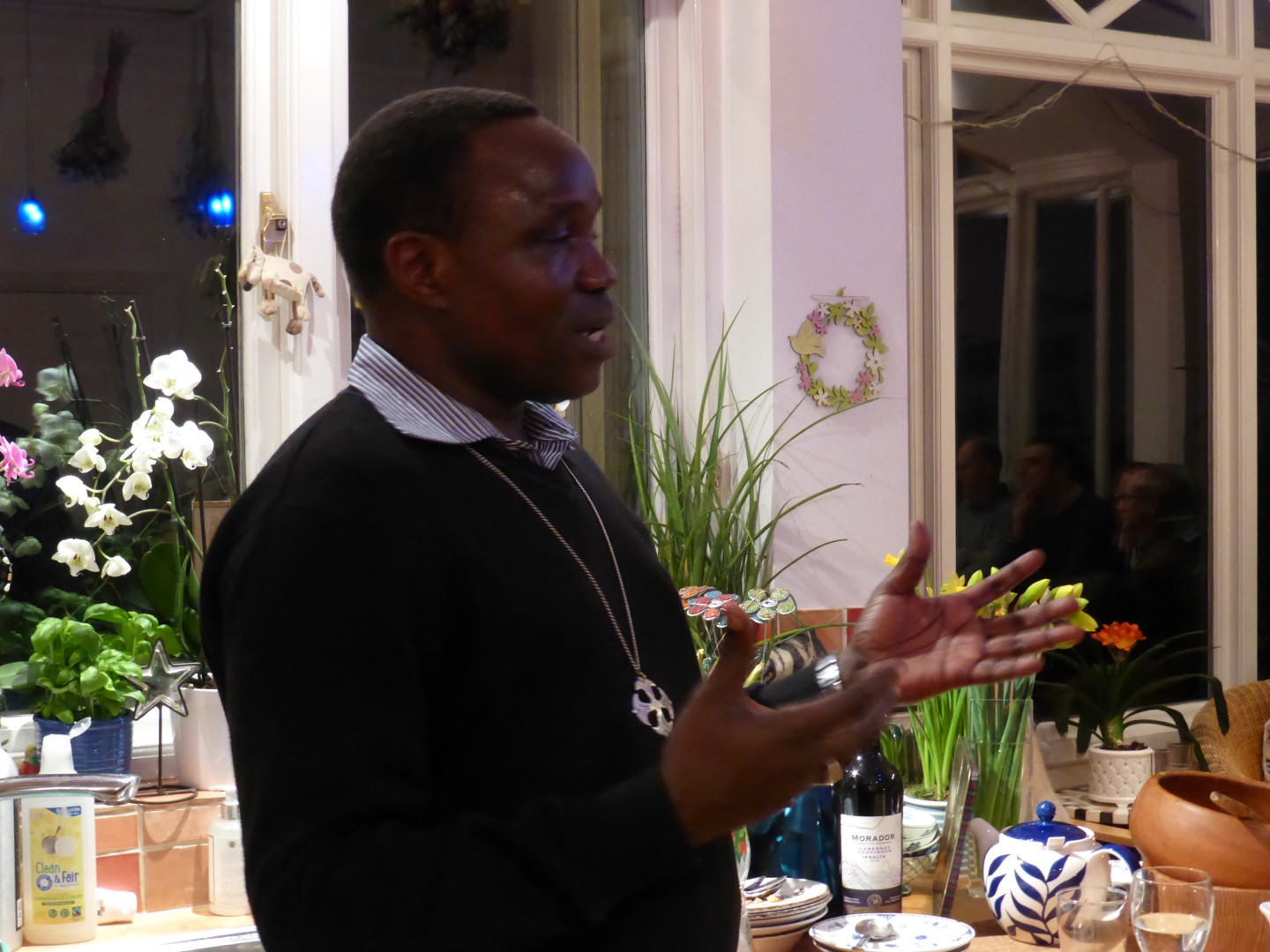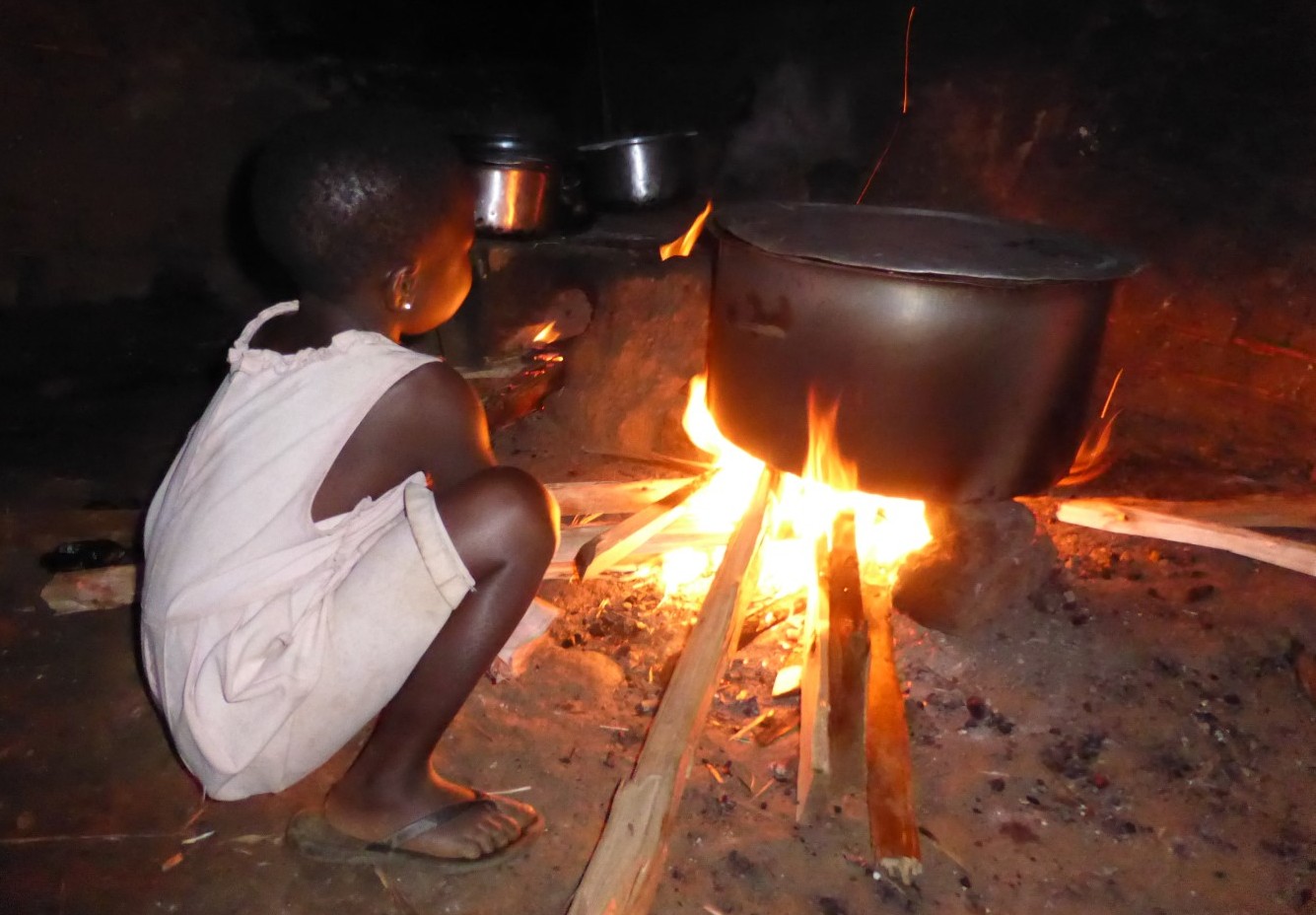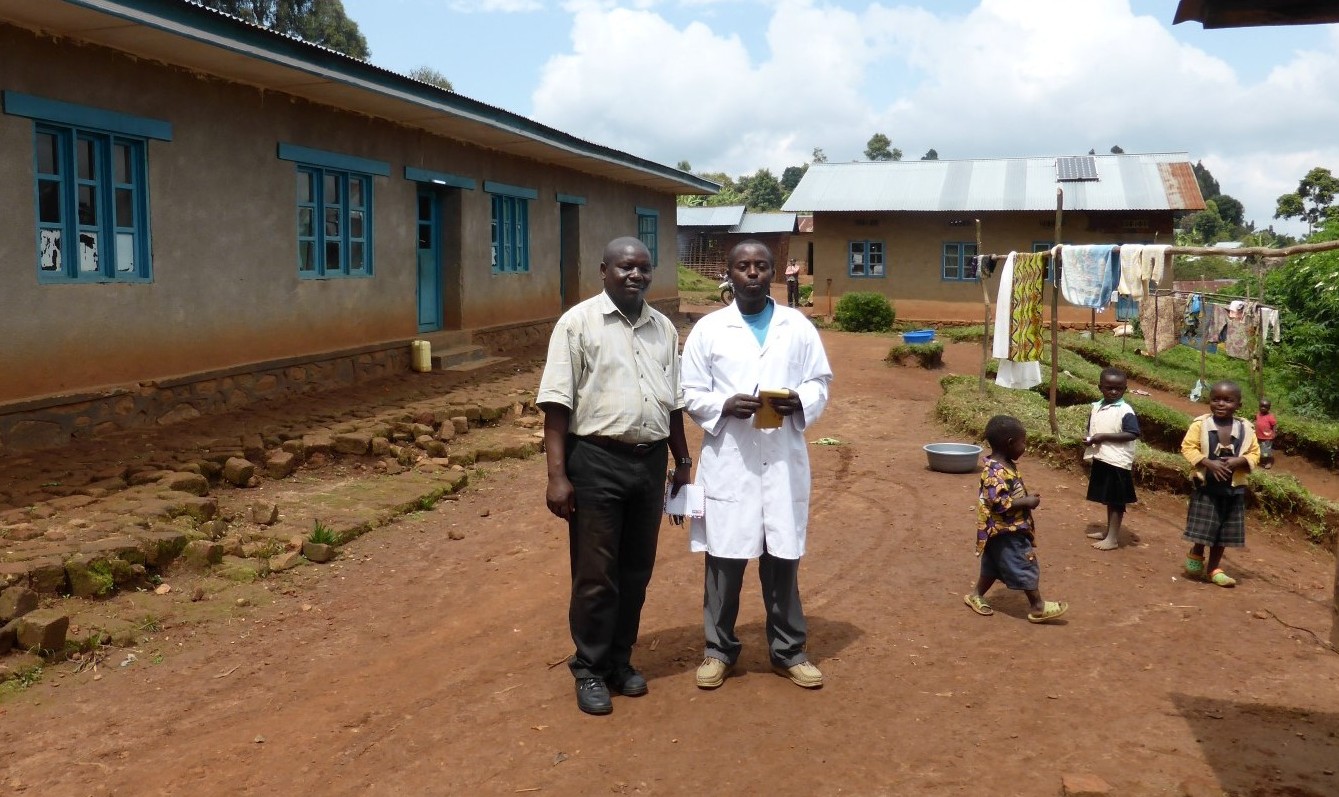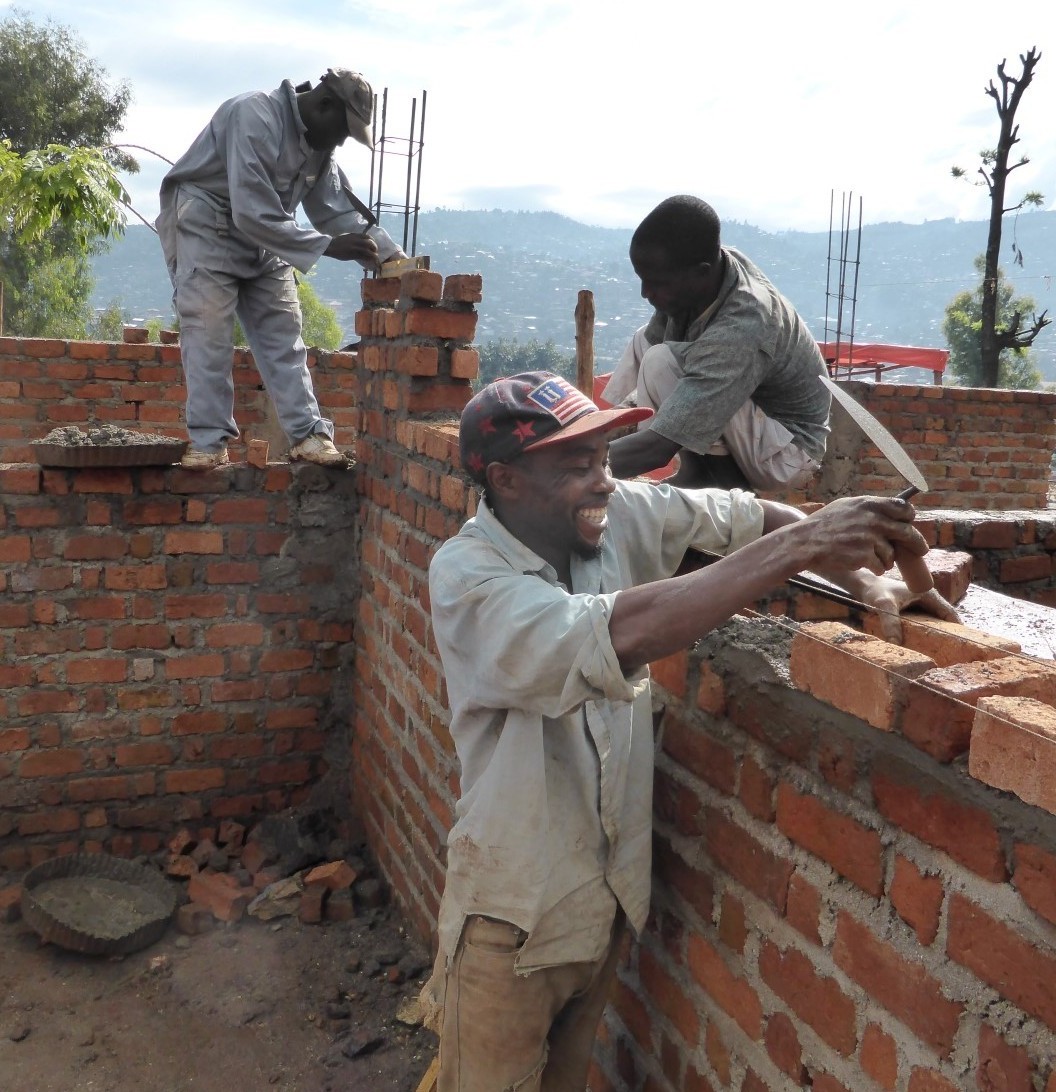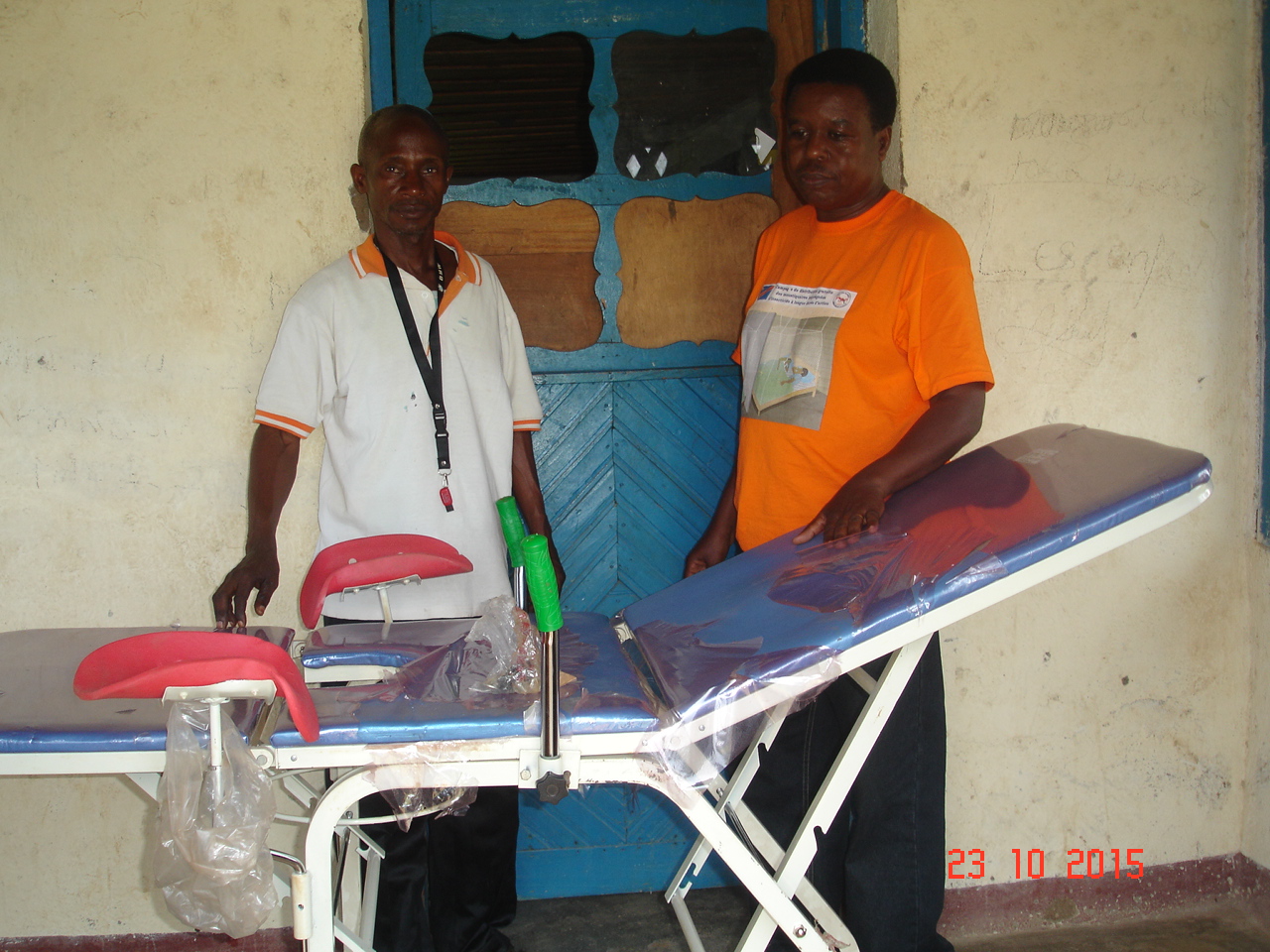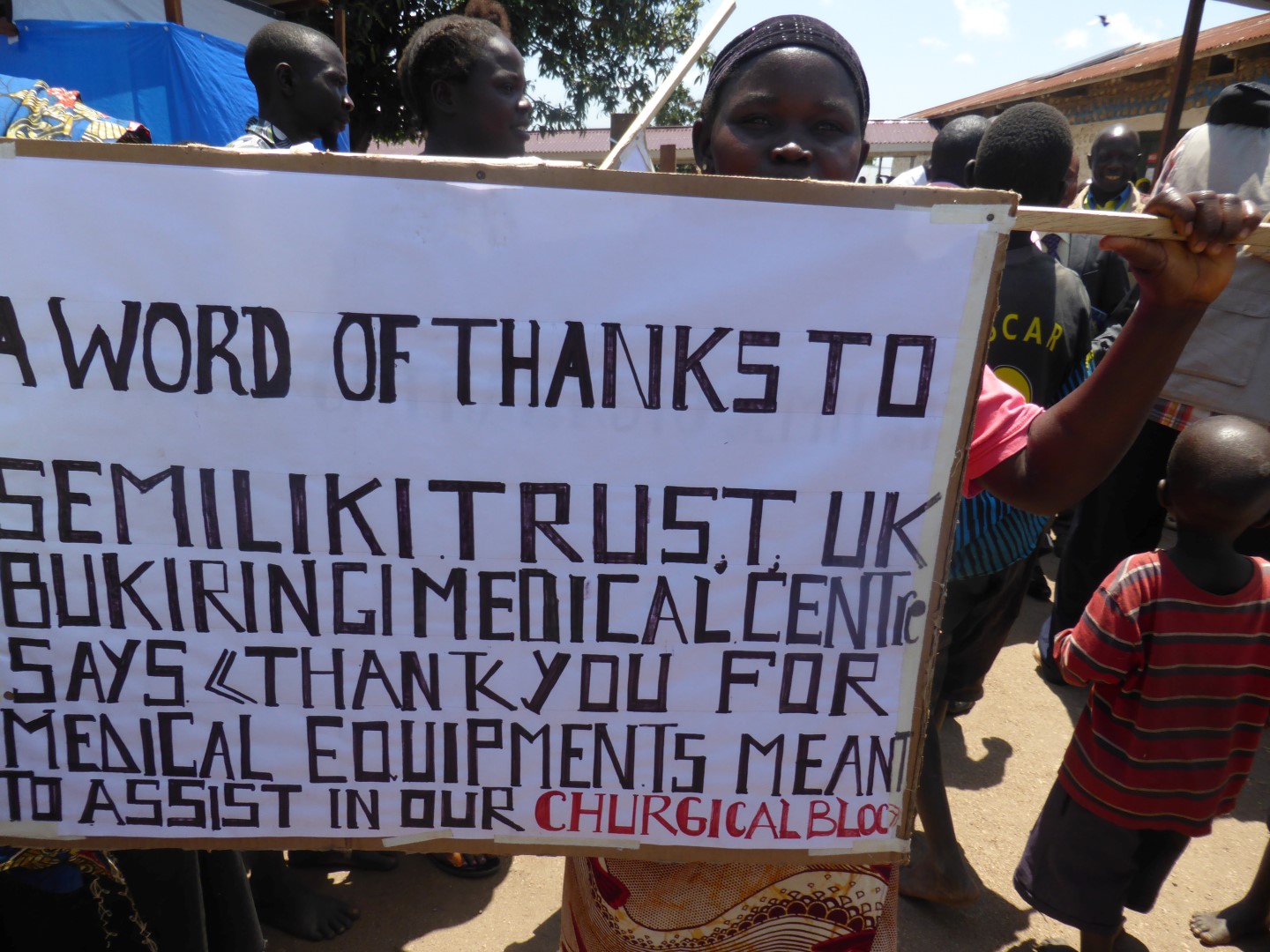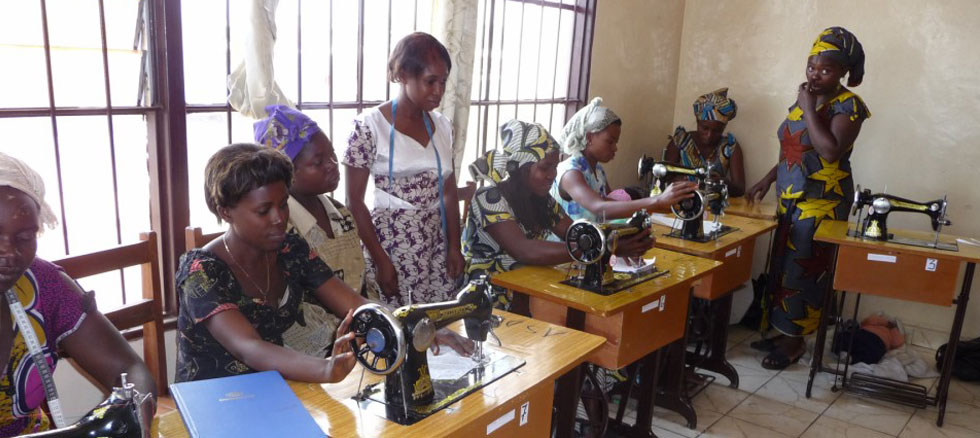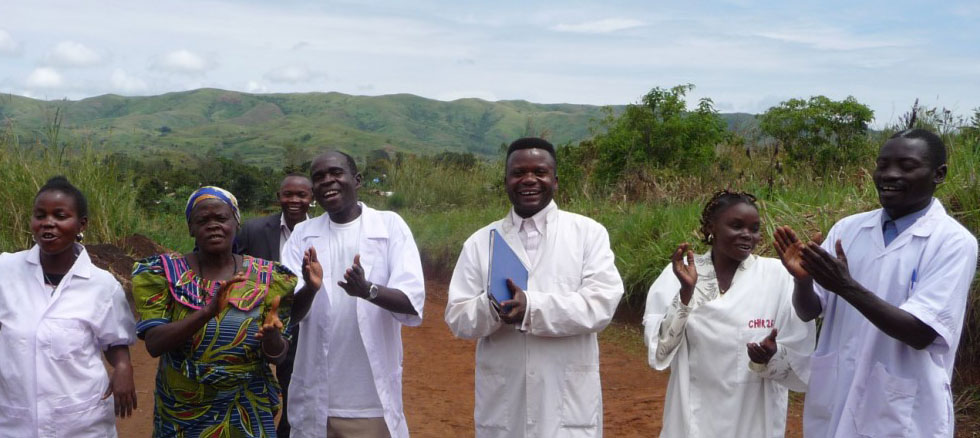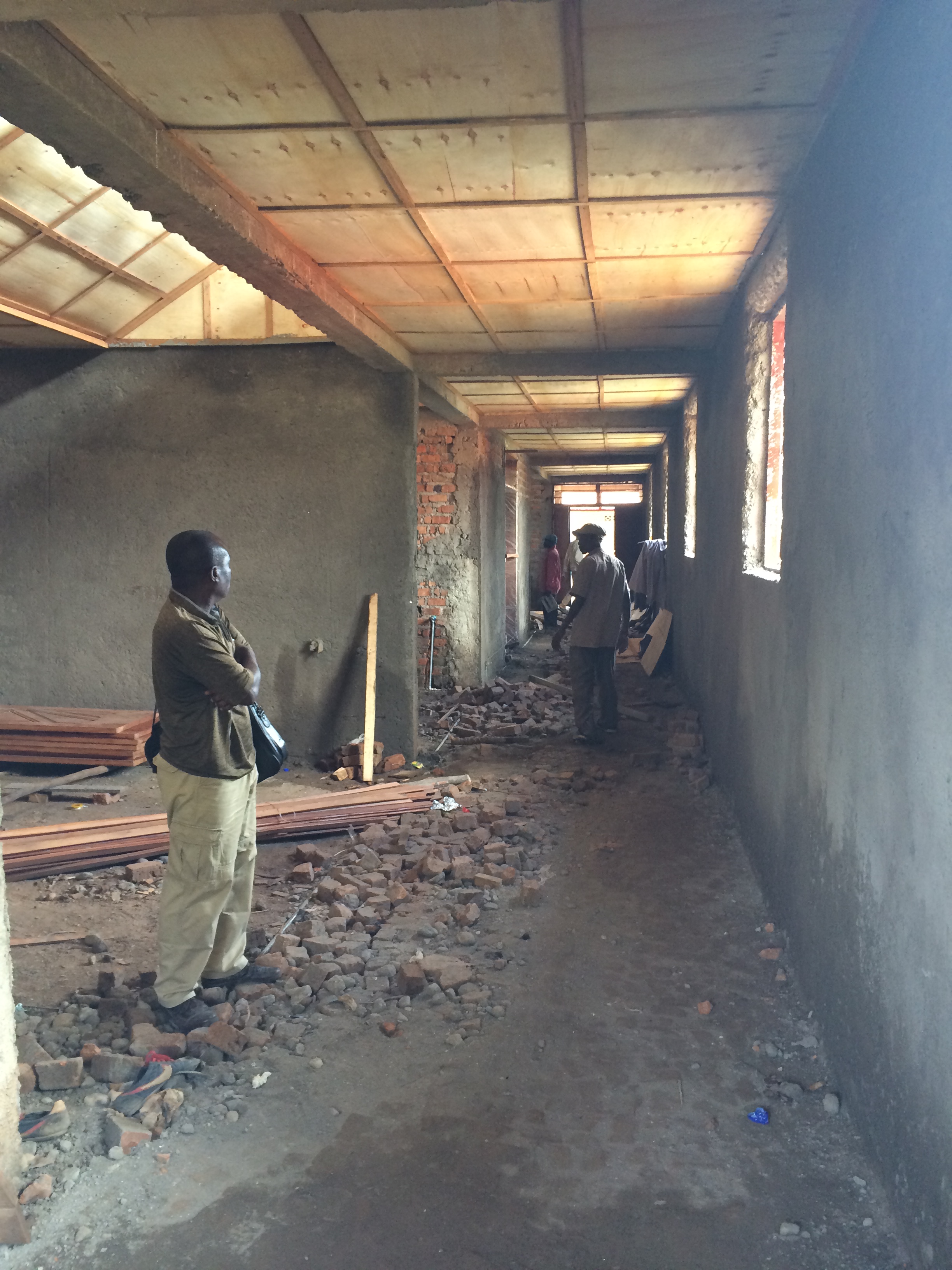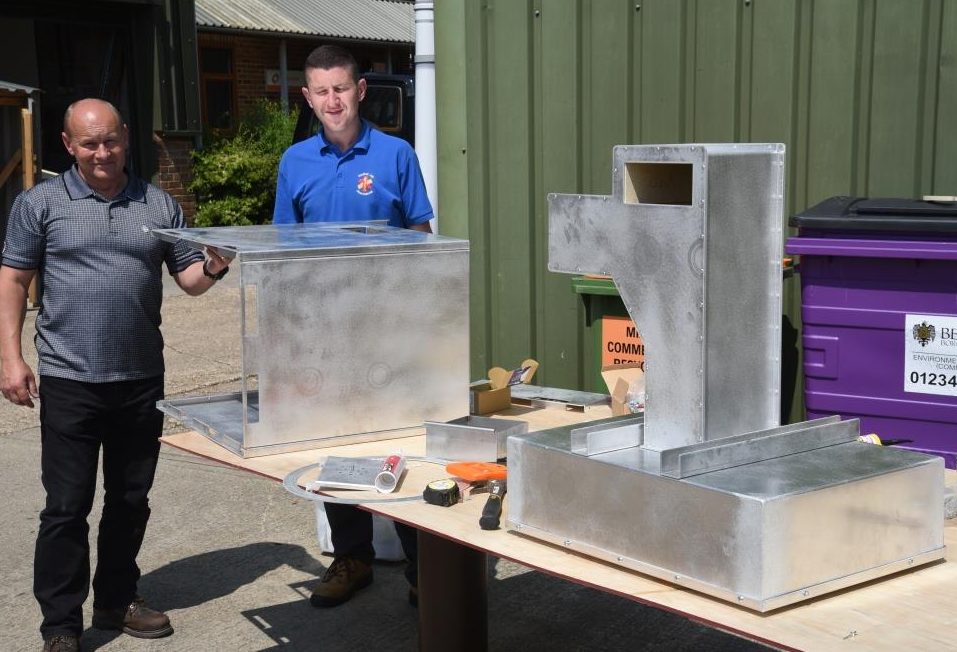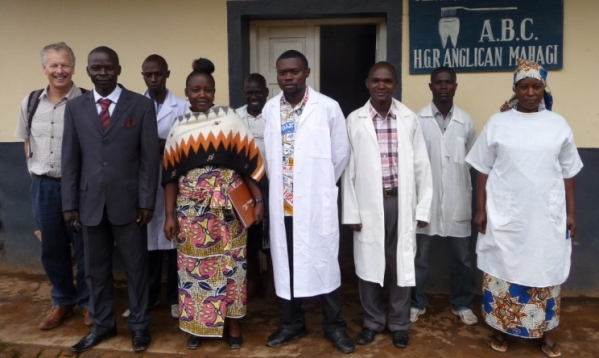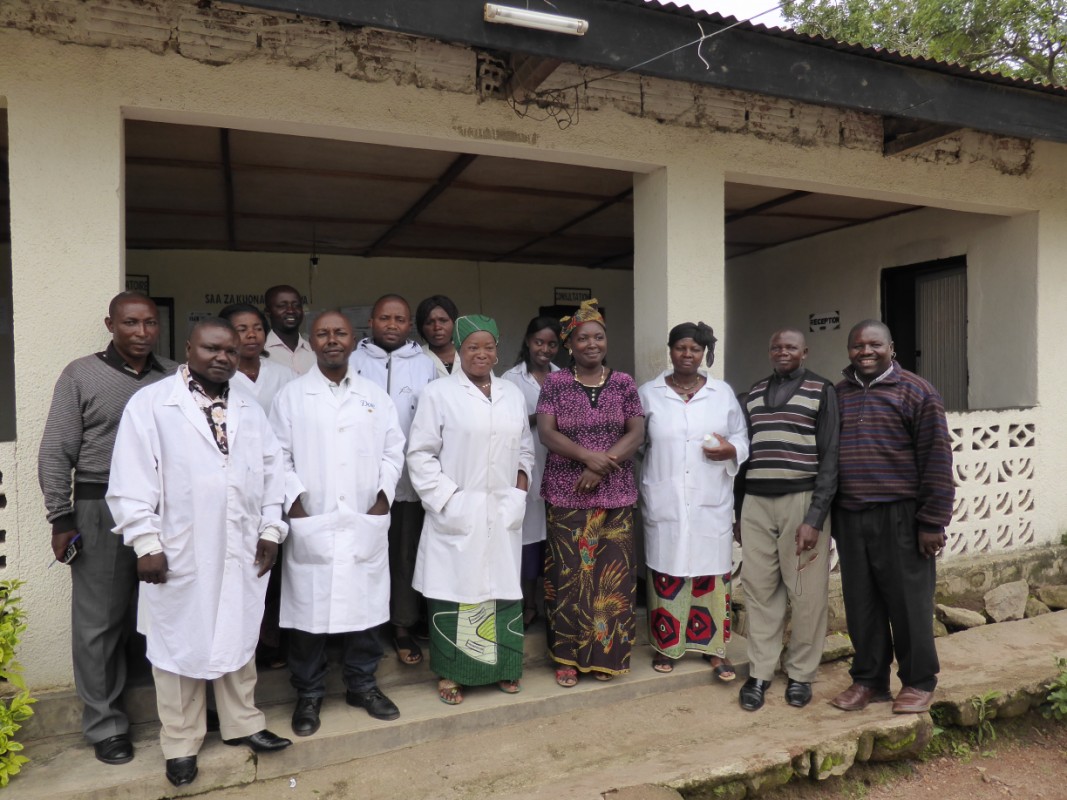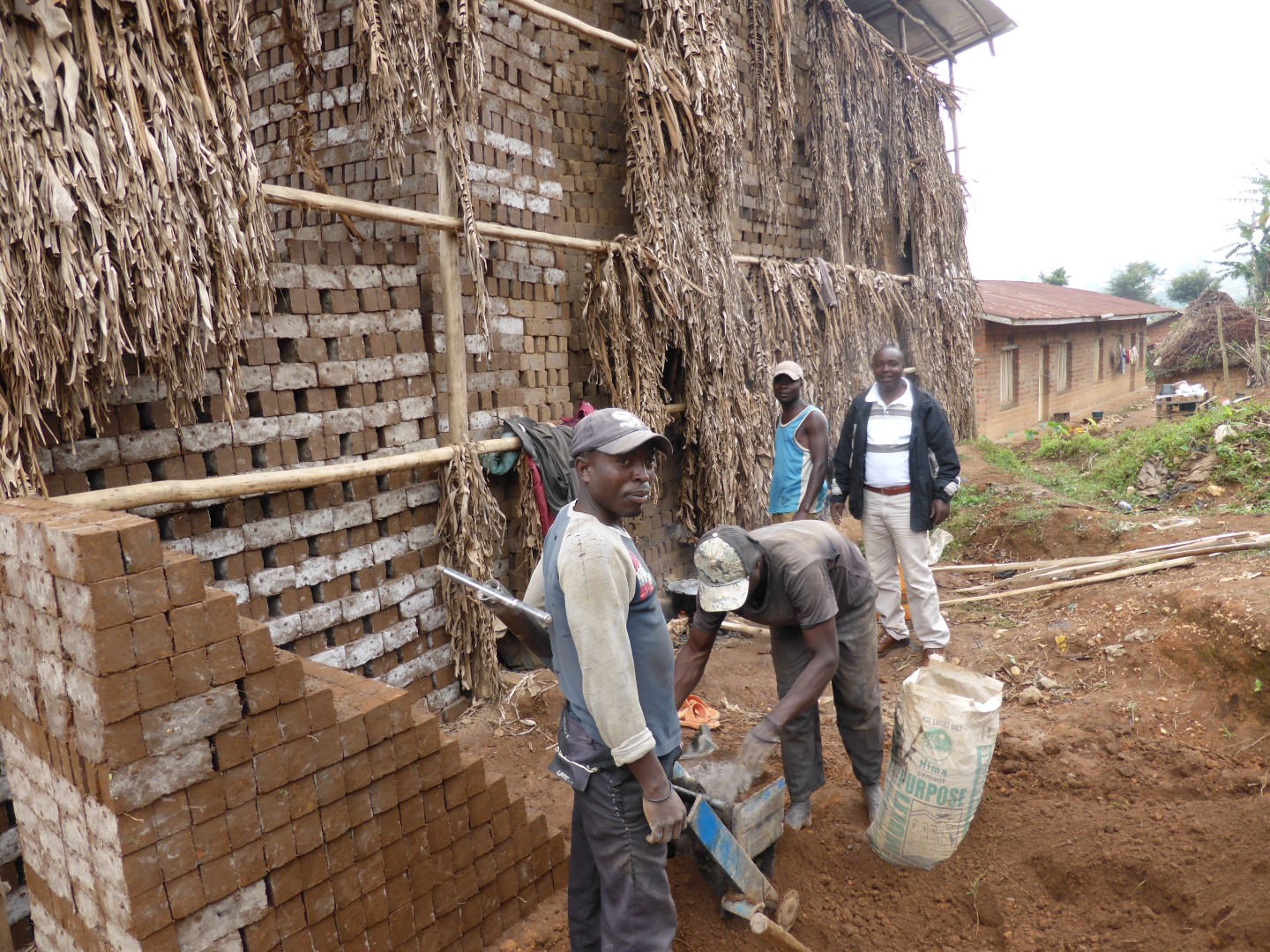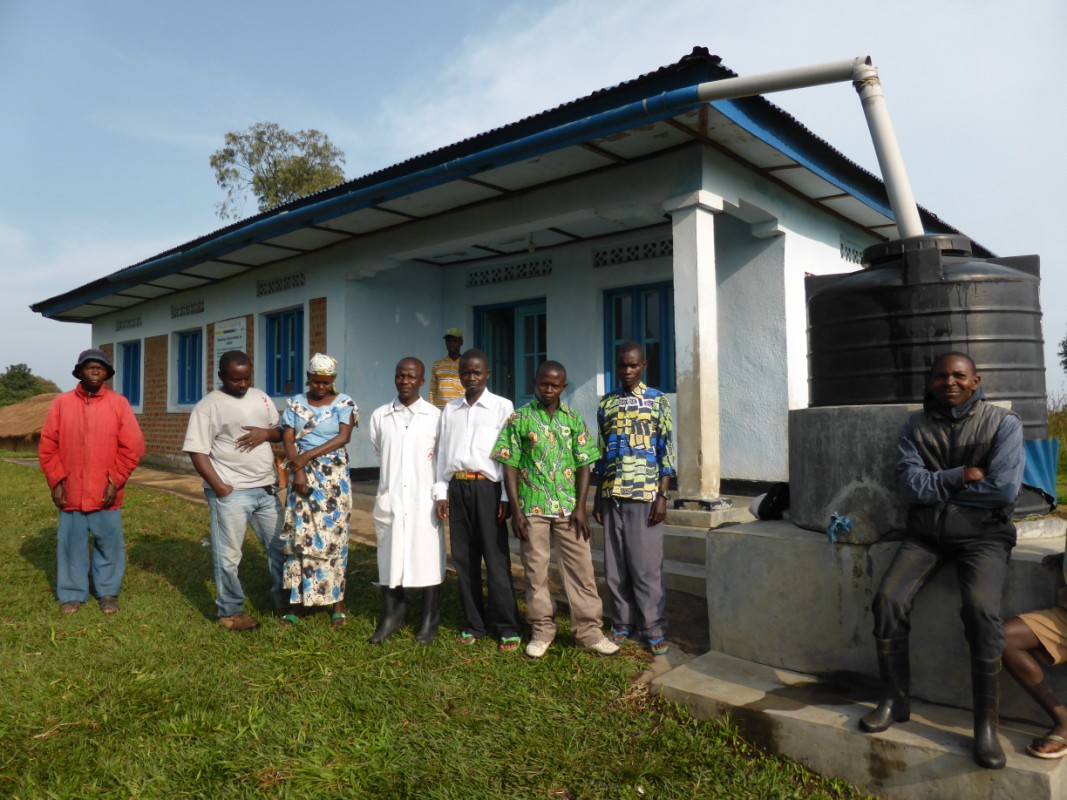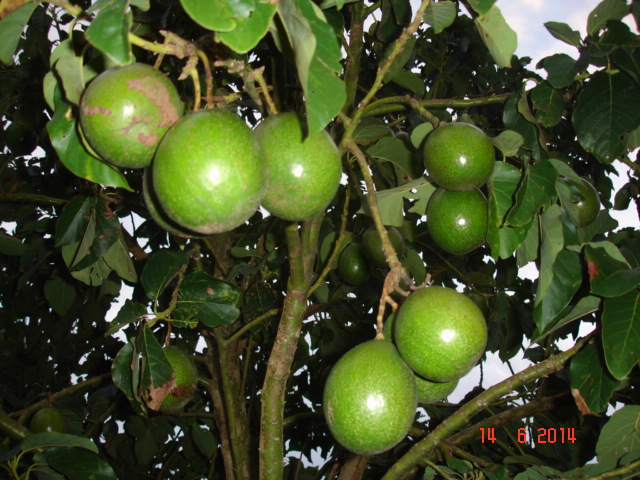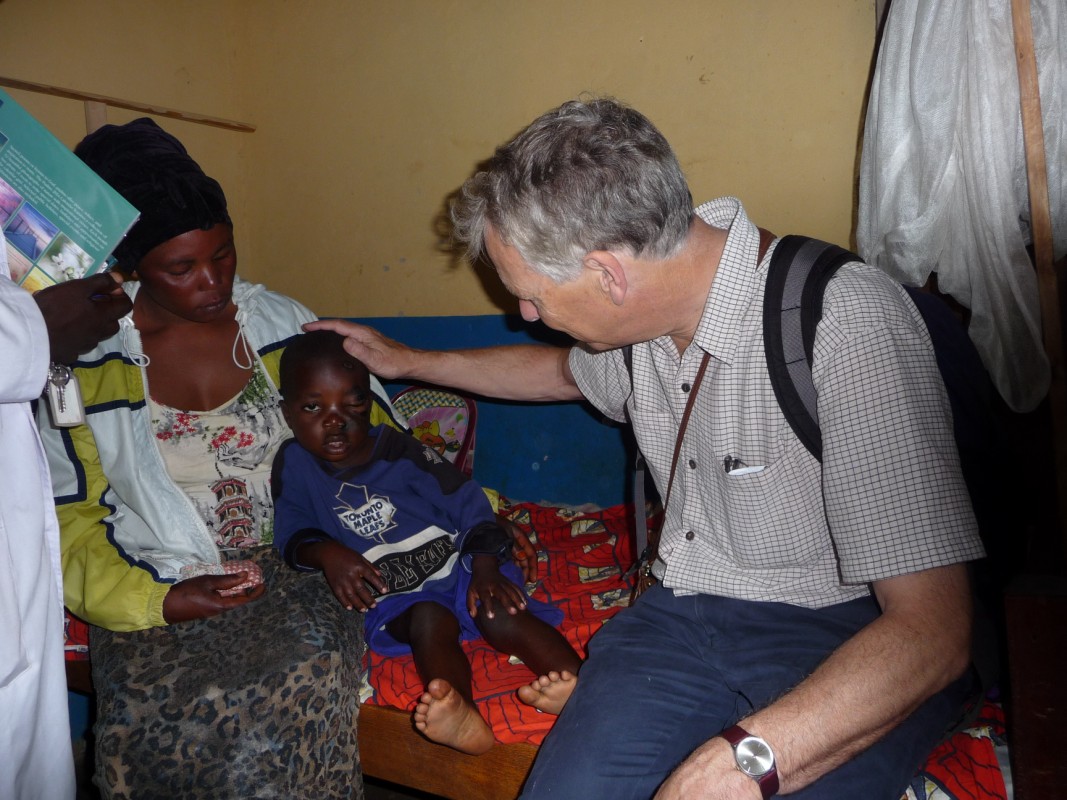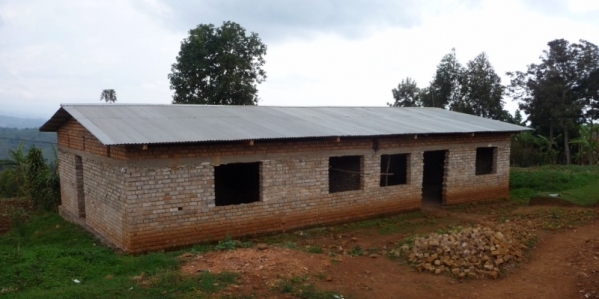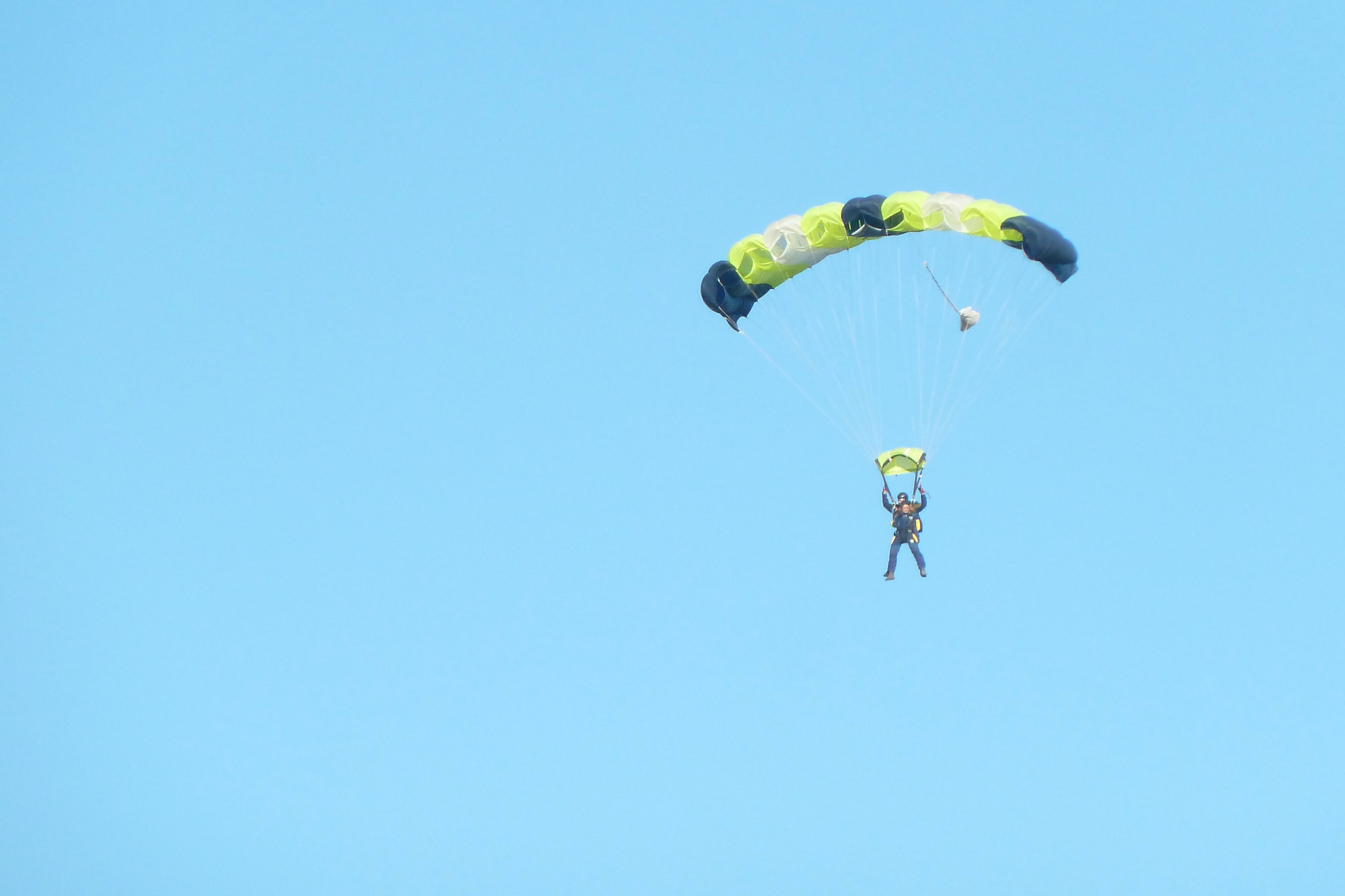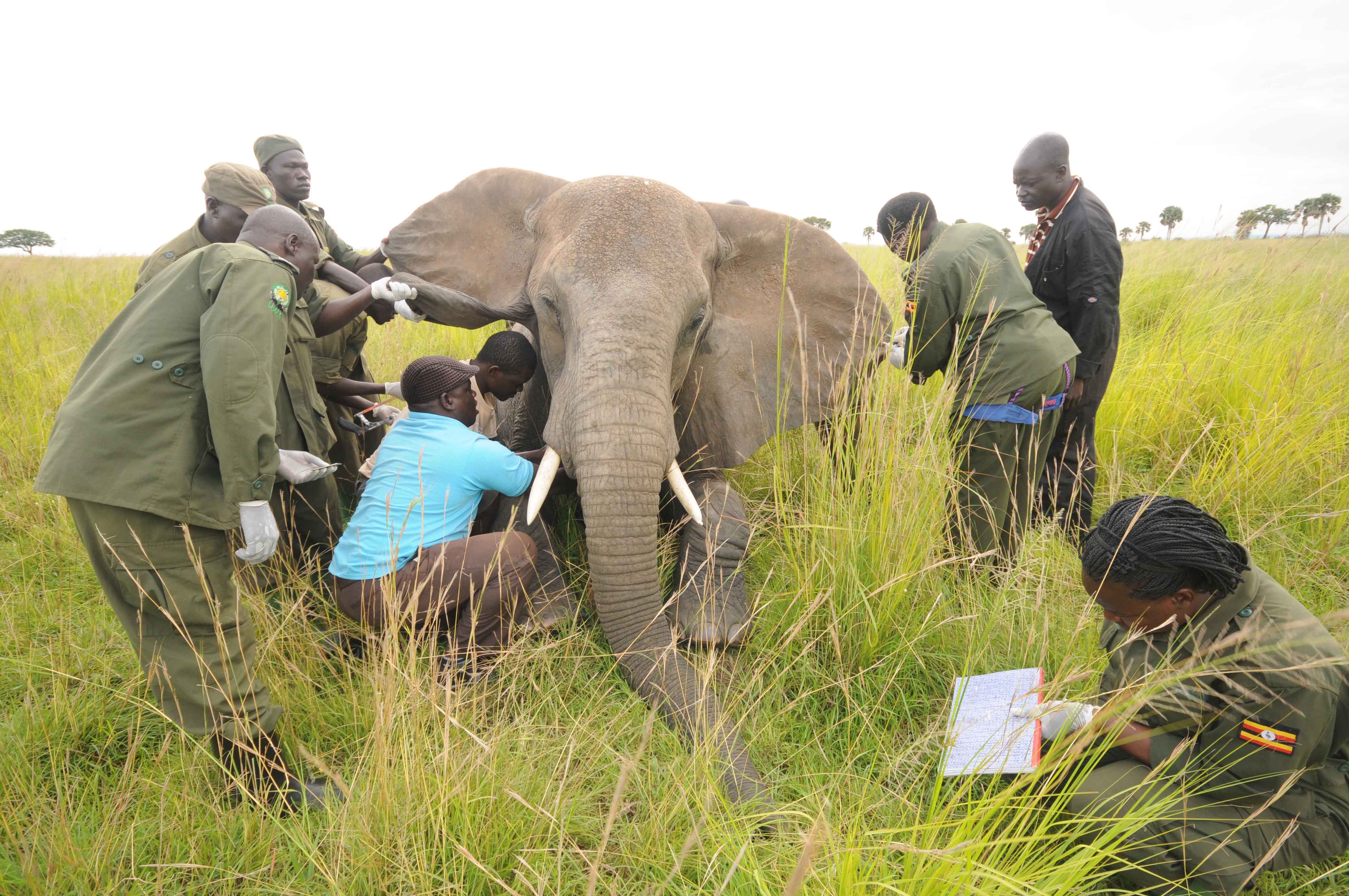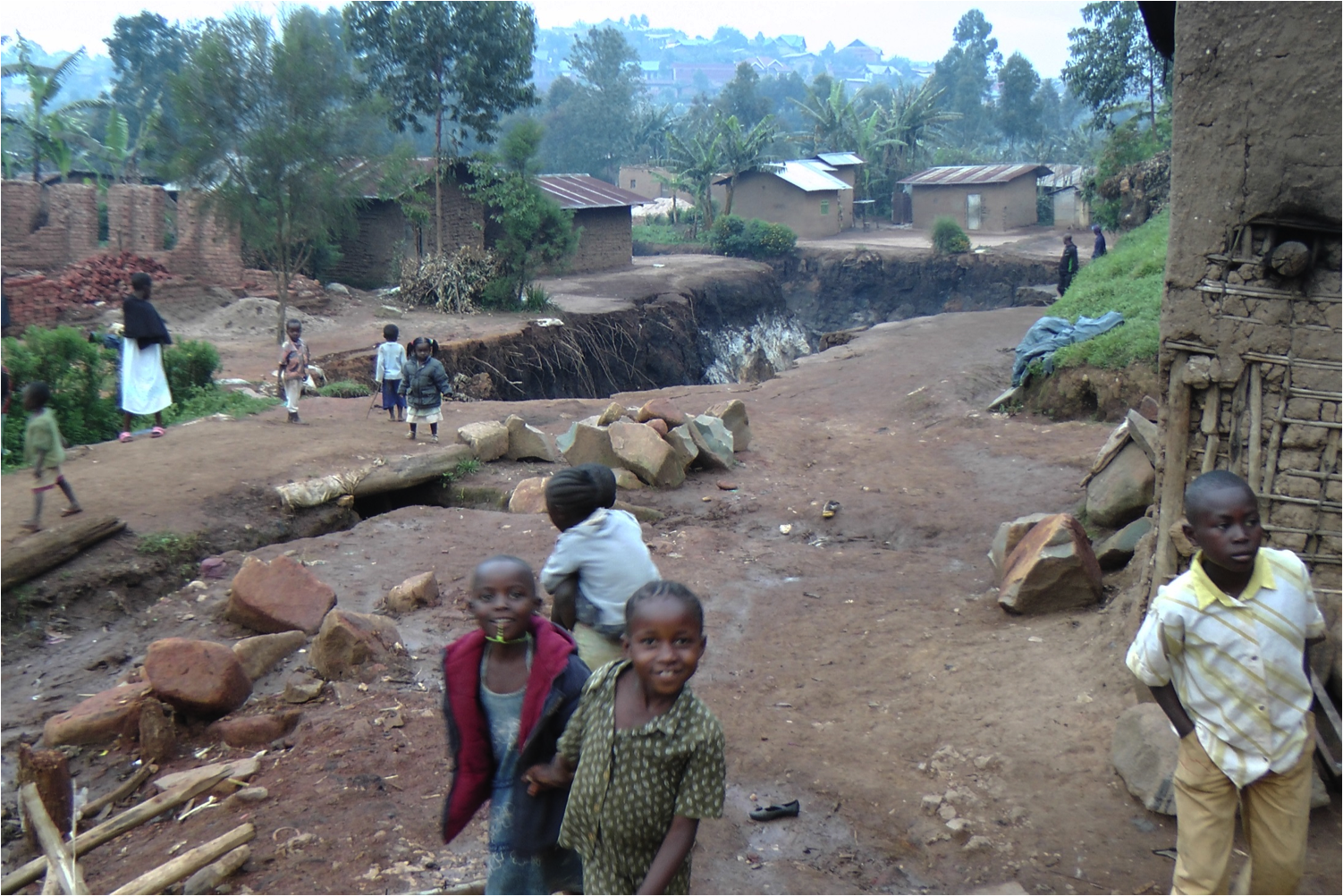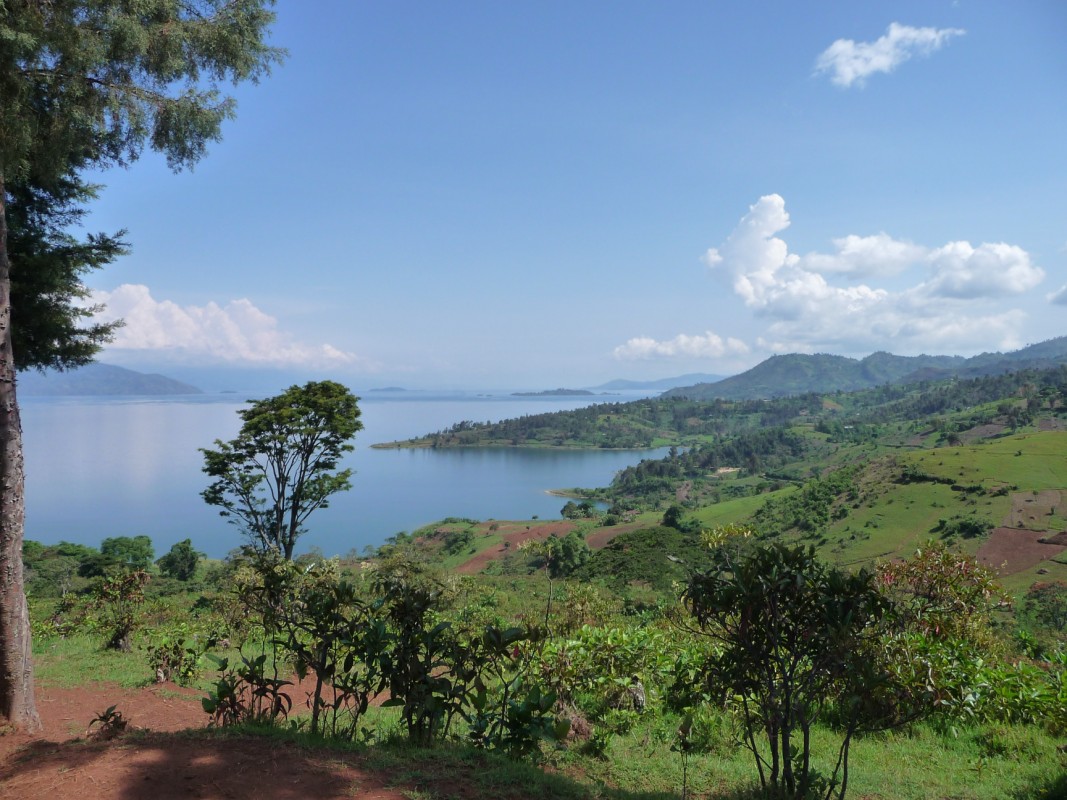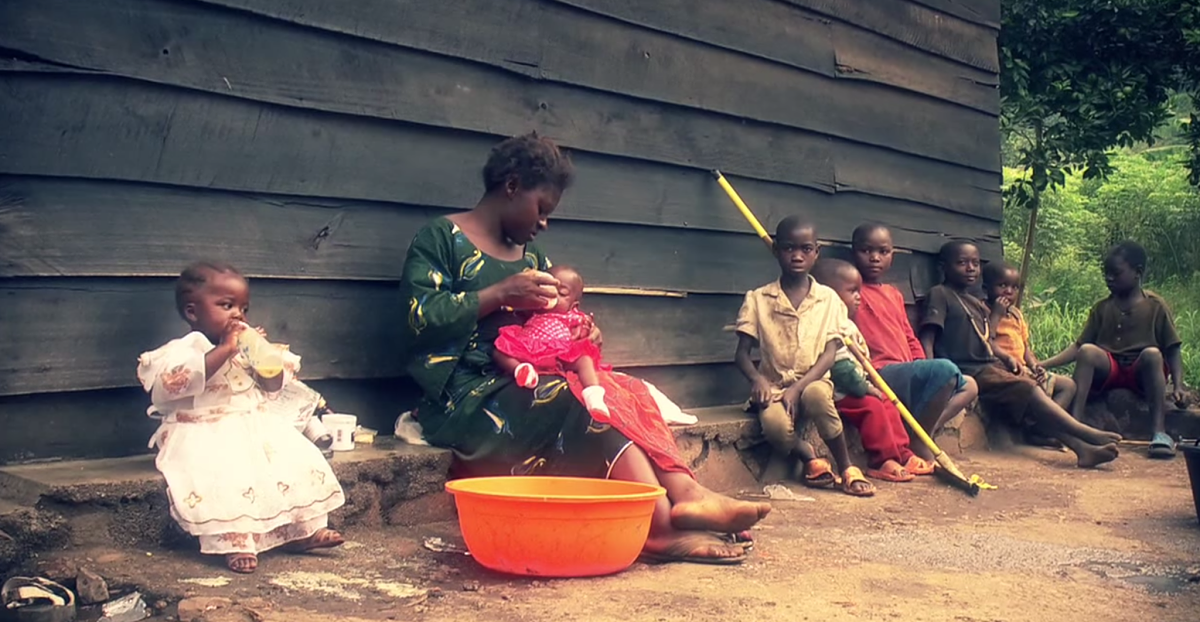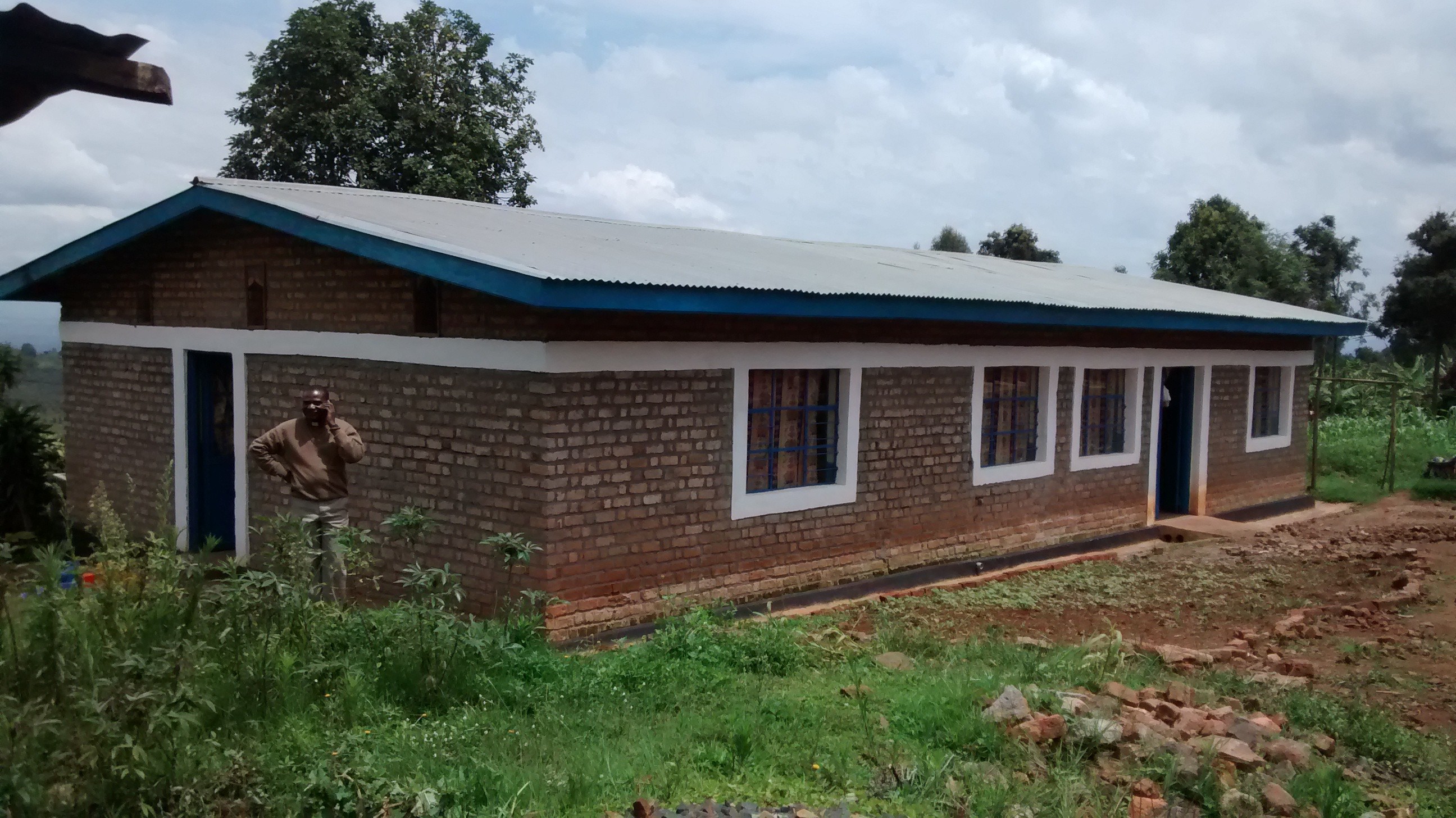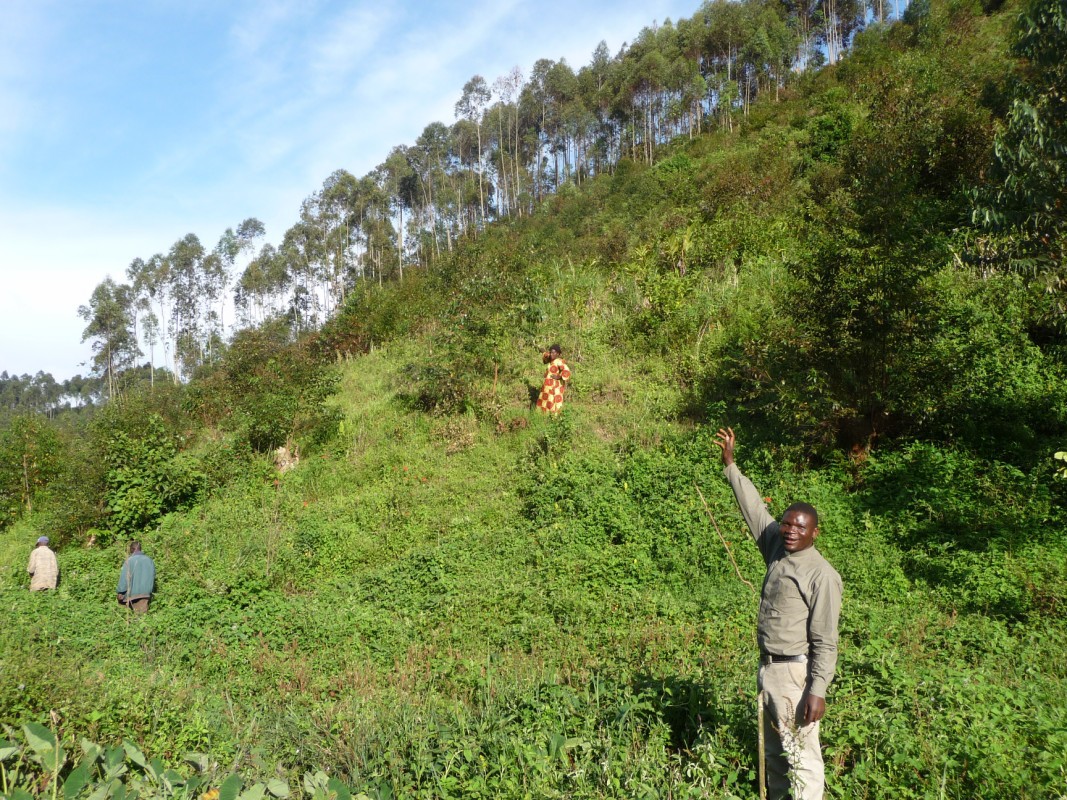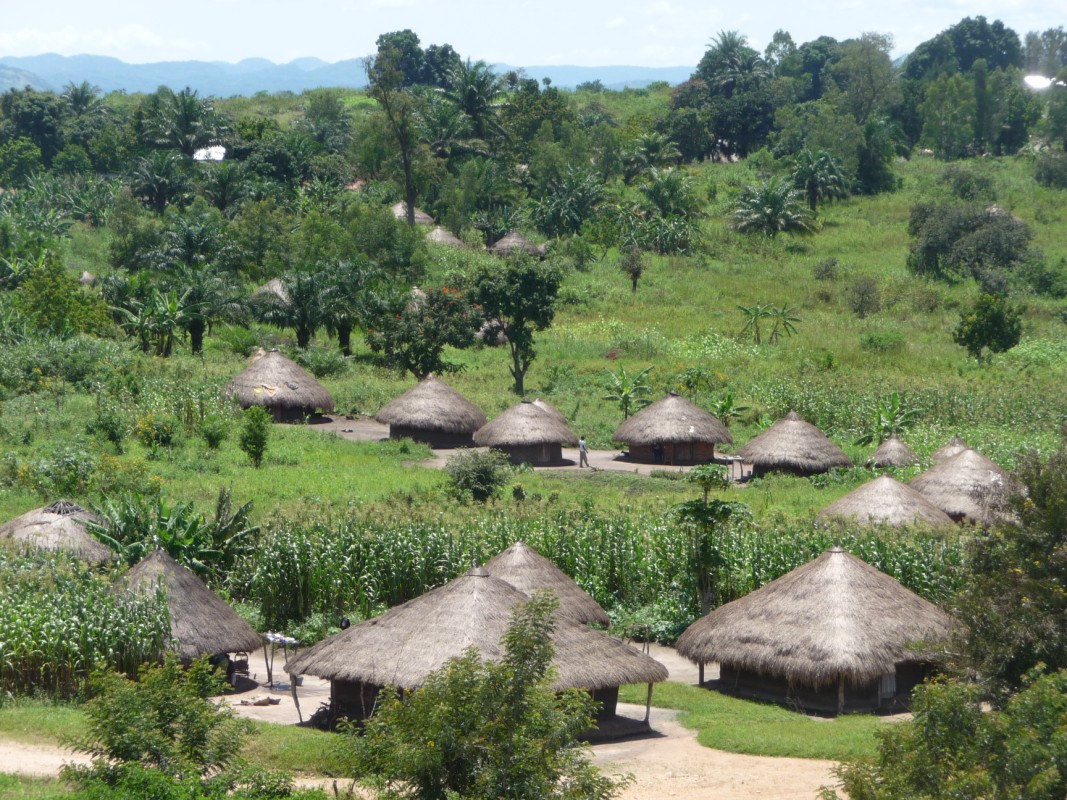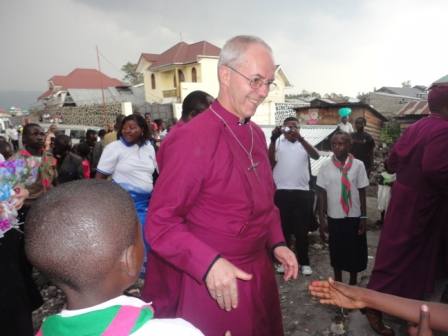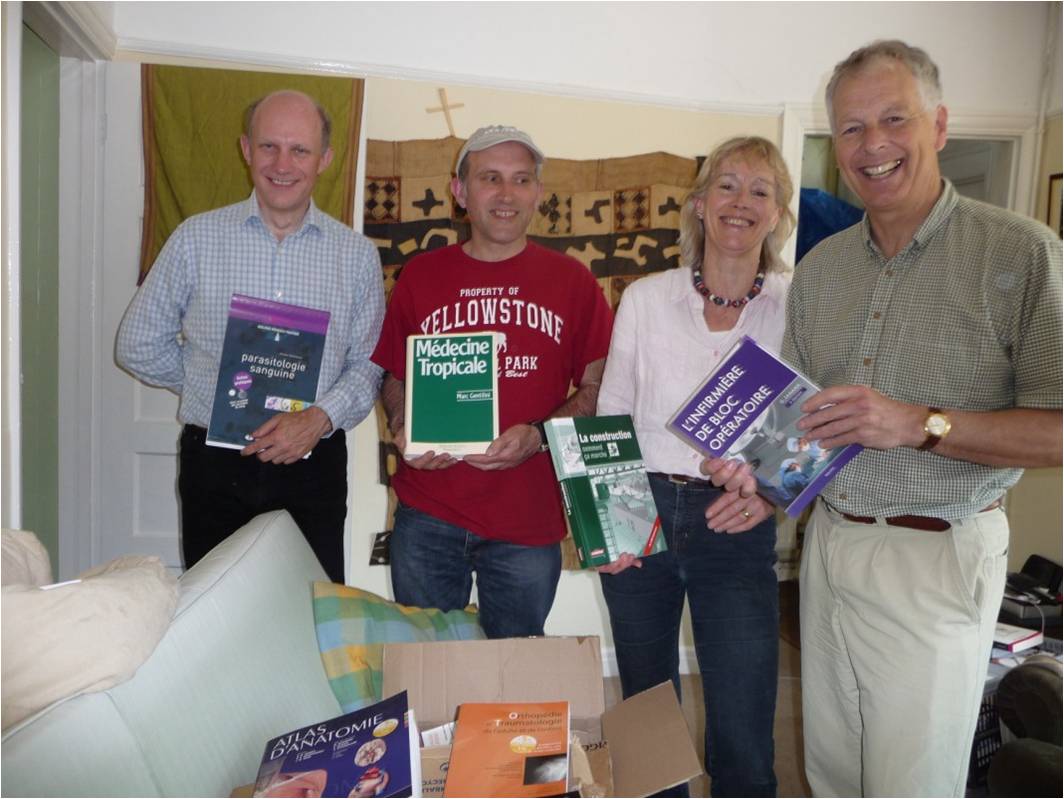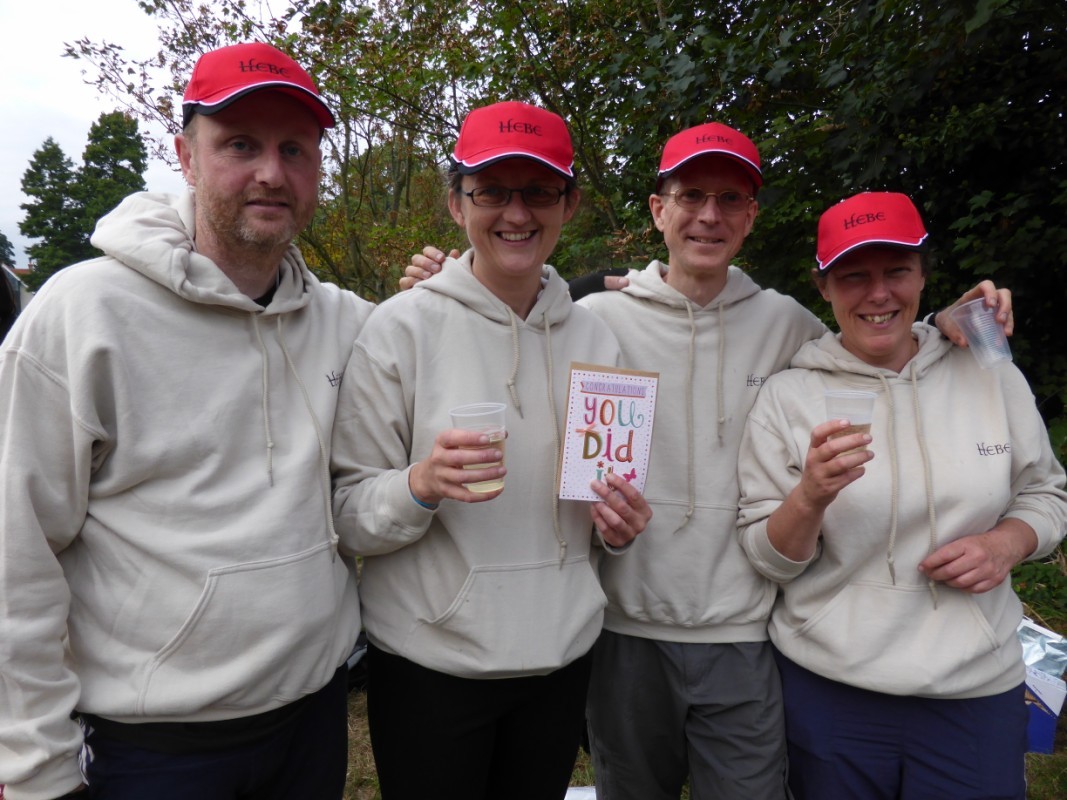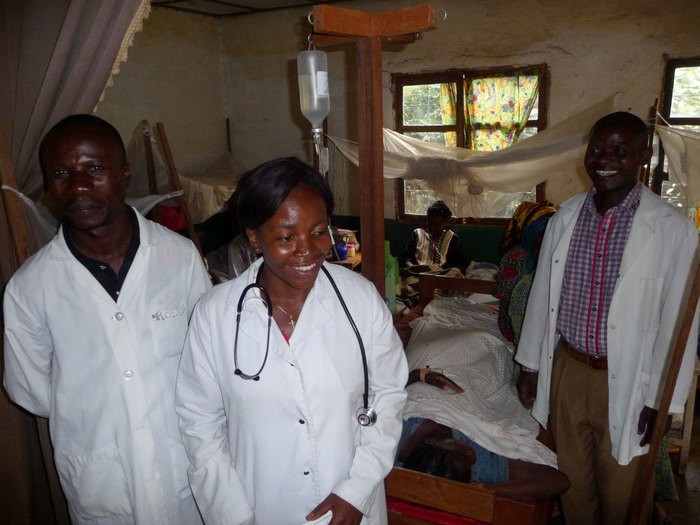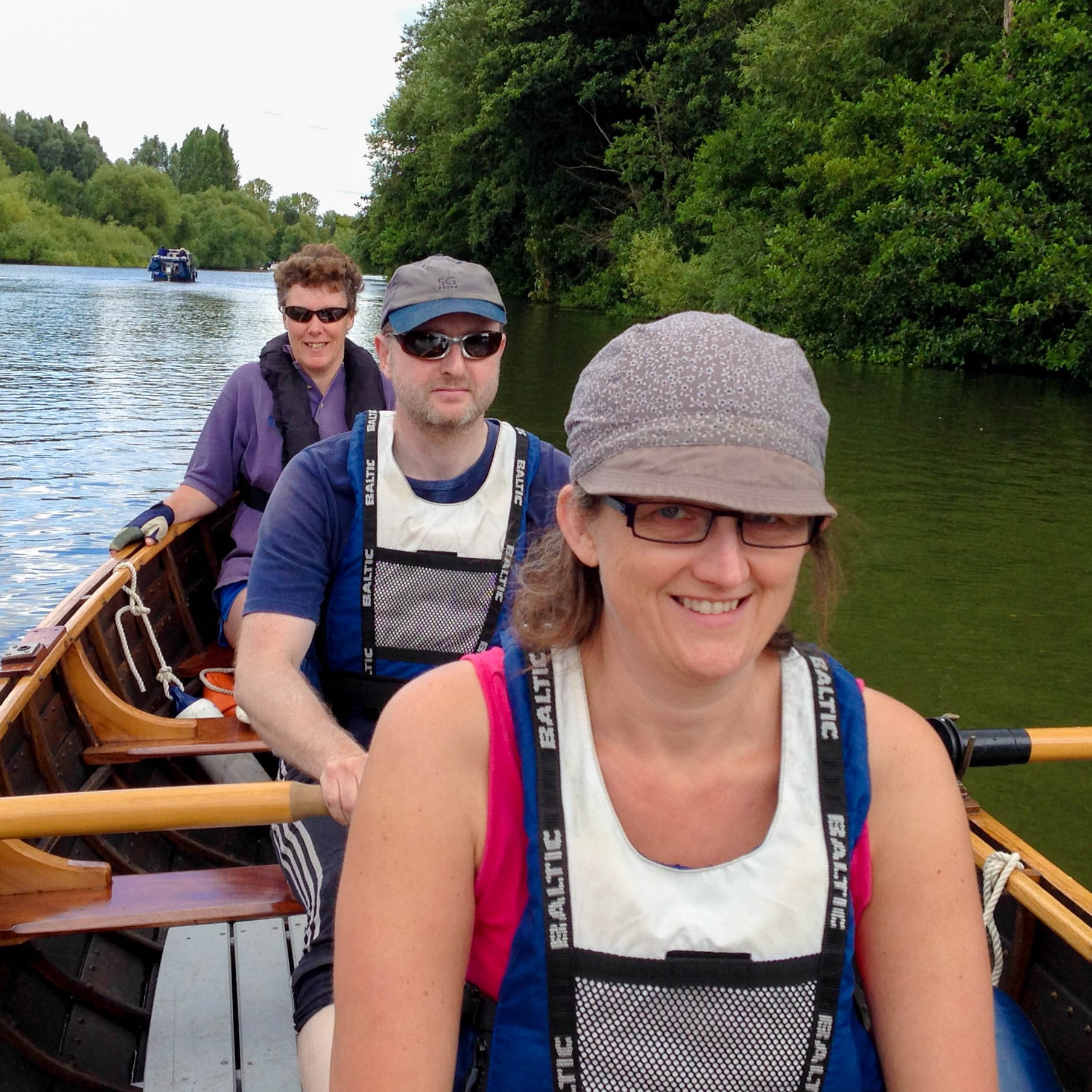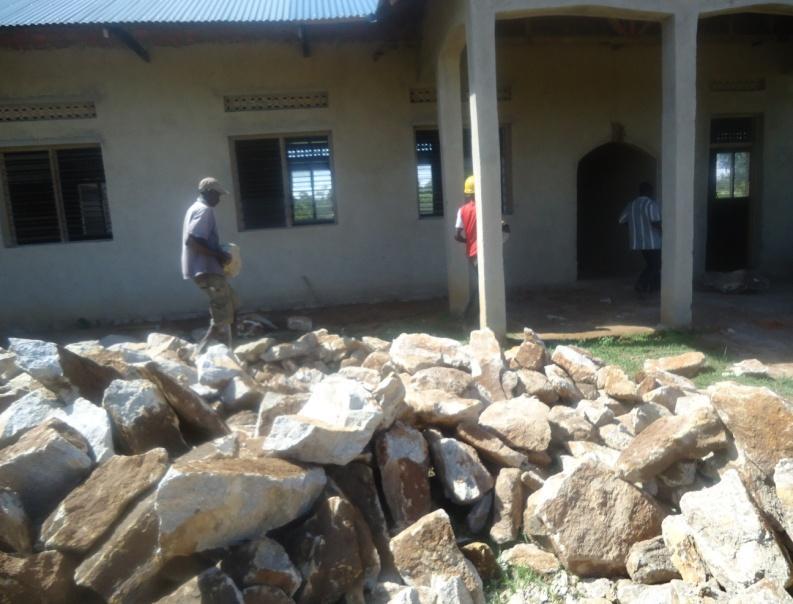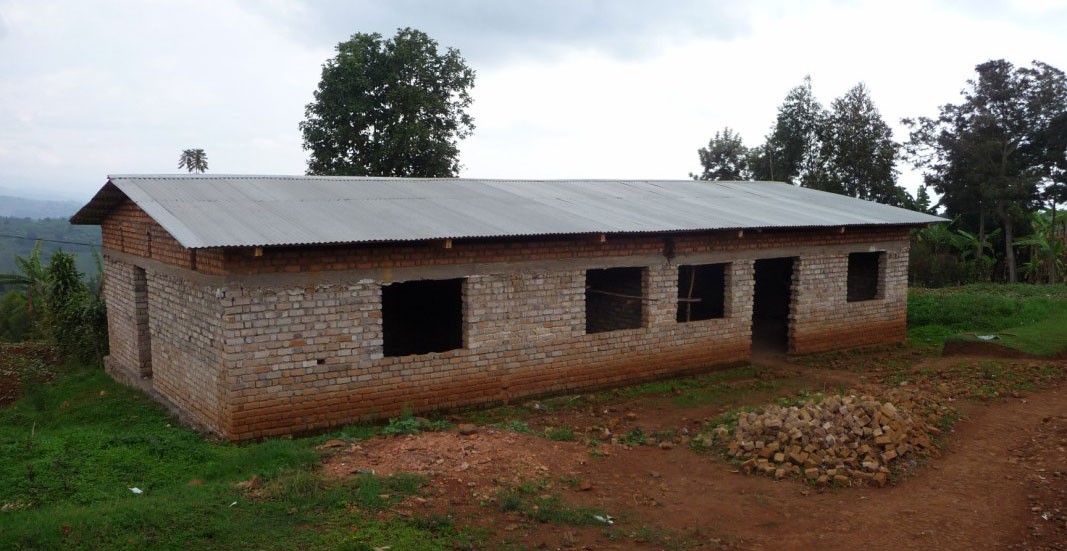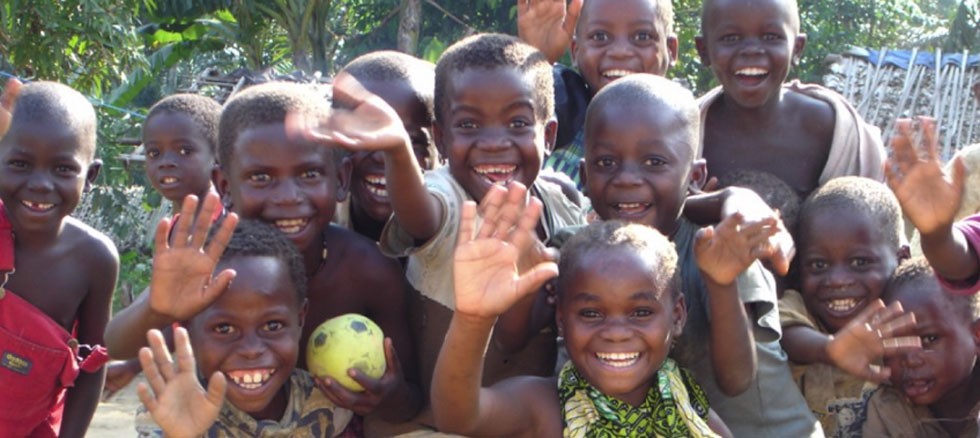The Semiliki river flows northwards out of Lake Edward for about 100 miles until it reachers Lake Albert (out of which flows the Nile).
If you travel overland from Uganda to Butembo, as Peter Pearson did in November, you have to cross it soon after crossing the border into the DRC. Peter continues…
“Uganda had changed so much since I first visited as a student in 1983. We traveled on smooth tarmac roads the whole way from the capital, Kampala, to Opondwe on the border.
Let’s say that the DRC is… a little bit different! We did not see any tarmac in the whole of North Kivu (Butembo) diocese, an area the size of half of England. Infrastructure has been a bit neglected amidst all the instability, but people are very resourceful.
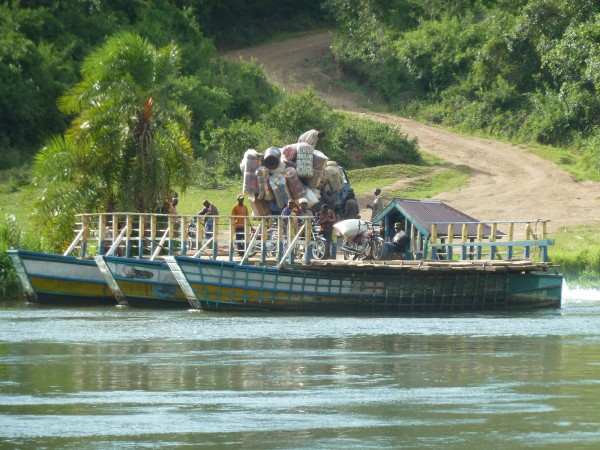
No bridge? No problem! Take three boats, lash together and add some planks and an outboard engine and you have a perfectly workable ferry.
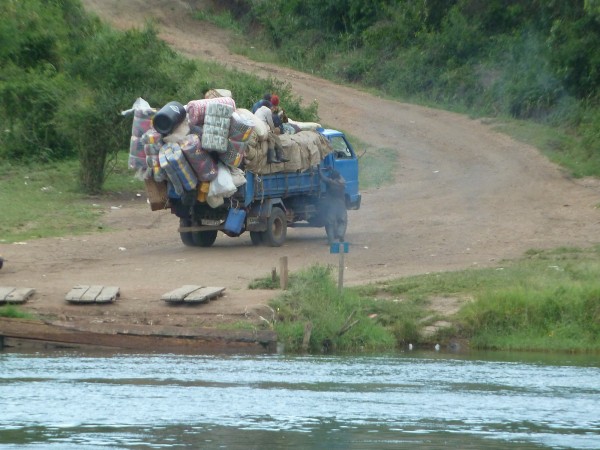
There is apparently a slightly better road going via Beni, but sadly a militia group called NALU (or ADF) had been active there just two weeks before our visit, carrying out several atrocities, and it was judged too dangerous to go that way. Our shorter, more direct way up and over a western escarpment of the rift valley should be fine … as long as we could get to Butembo by nightfall.
I was travelling with Jenny Smyth from CMS Ireland. As partnership coordinator for CMS Ireland she wanted to visit key figures in the Anglican church in North and South Kivu (Butembo and Bukavu dioceses) – two of the areas supported by Semiliki Trust. For both of us it was our first visit.
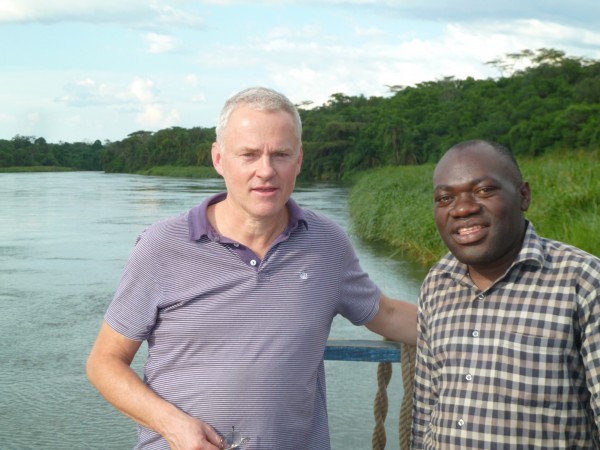
Peter with Archdeacon Mulemberi.
To visit the DRC you need to apply in advance for a very smart visa and a ‘yellow’ form’ of a letter of invitation from your Congolese hosts. Our yellow forms had previously been taken to the border (an 8 hour round trip from Butembo) and Archdeacon Kasereka Mulemberi had travelled that morning to meet us and help with the border formalities – joined by two other local church leaders who came to put in a good word for us! Even with this help it took well over an hour to convince the officials that we were bona fide visitors and that we didn’t pose a health risk to the country.
Again and again we were humbled by the incredible kindness of our hosts and the trouble that they were prepared to go to on our behalf.
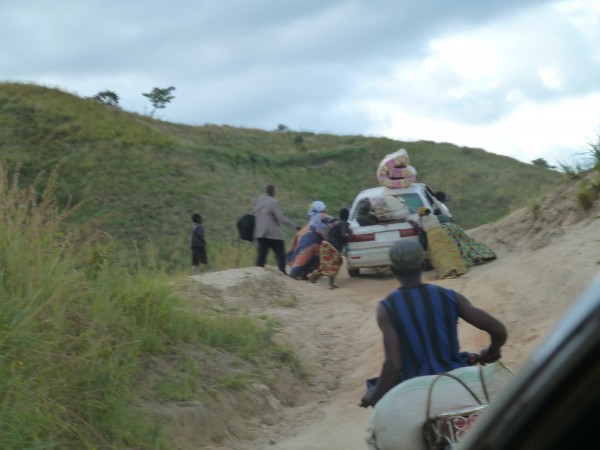
It was very squashed in the small car that Mulemberi had hired to come to meet us, as we had taken advantage of the charity luggage allowance and brought three large cases each, and as we bumped our way up the escarpment we could see rain clouds massing in the valley below.
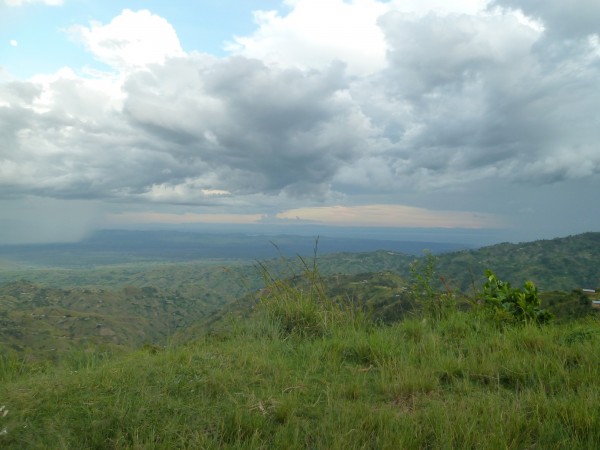
Night falls quickly on the equator – and the sun was setting as we descended down the other side of the escarpment. We felt very blessed, and a little relieved, when finally at about 7.30 we arrived at Bishop Isesomo’s house in Butembo where a wonderful welcome awaited us.”
